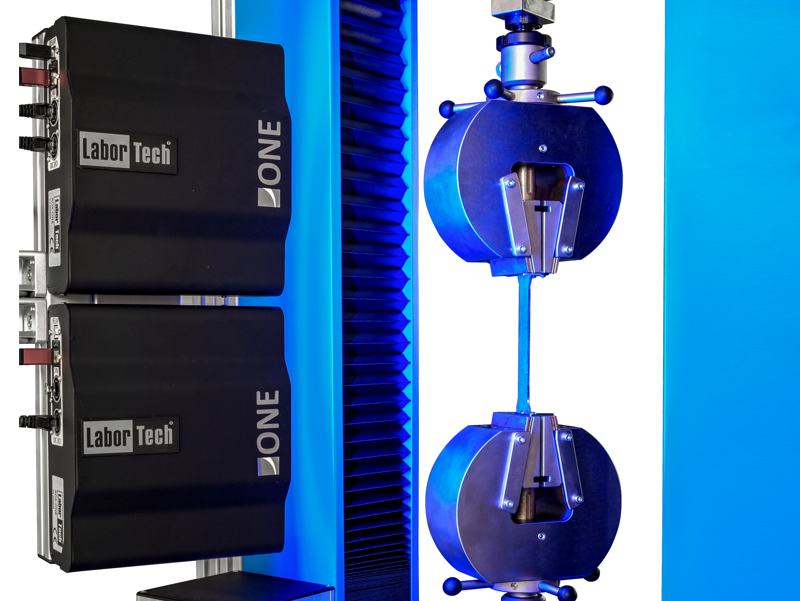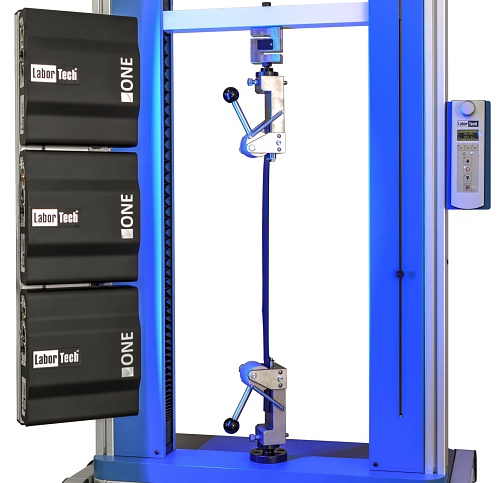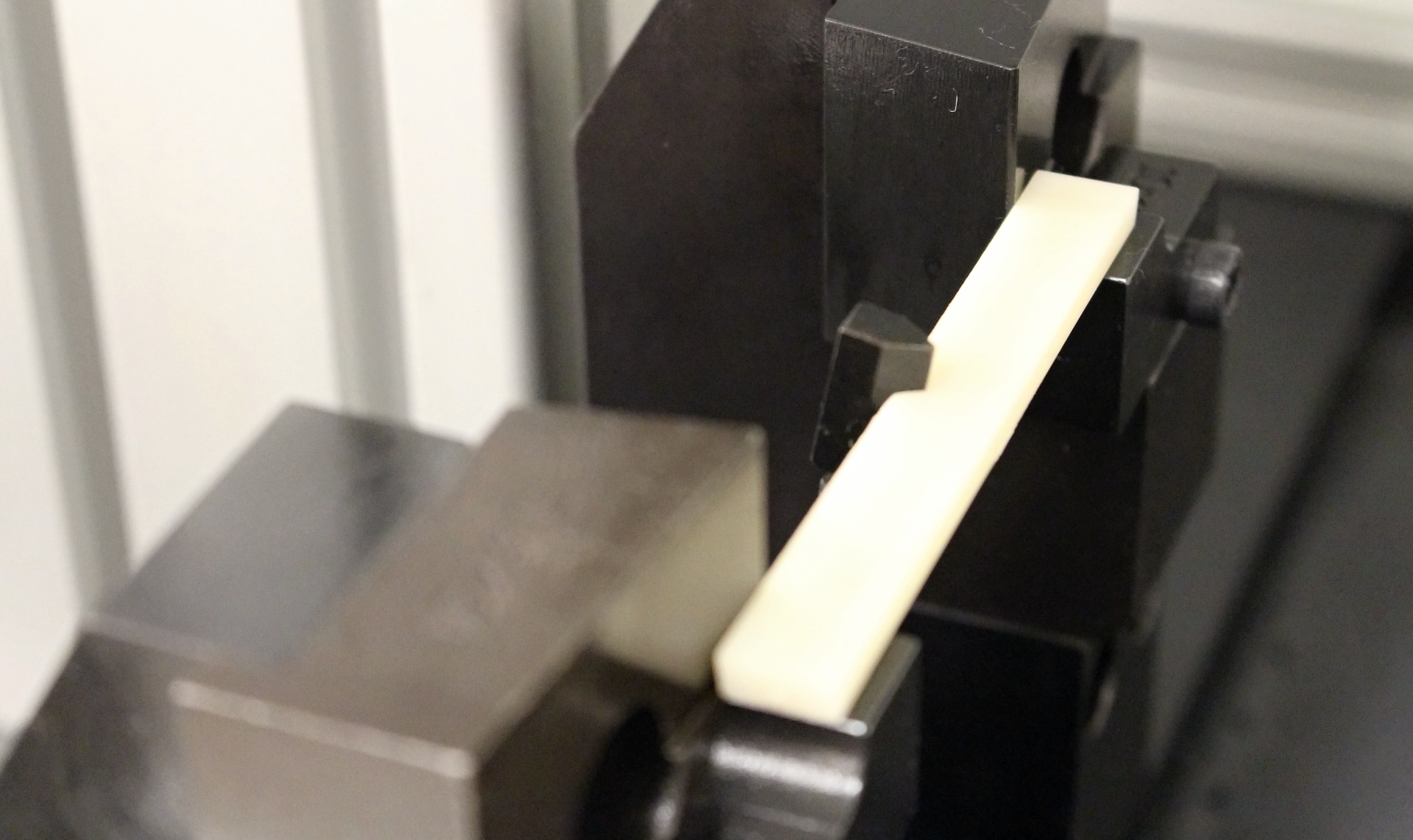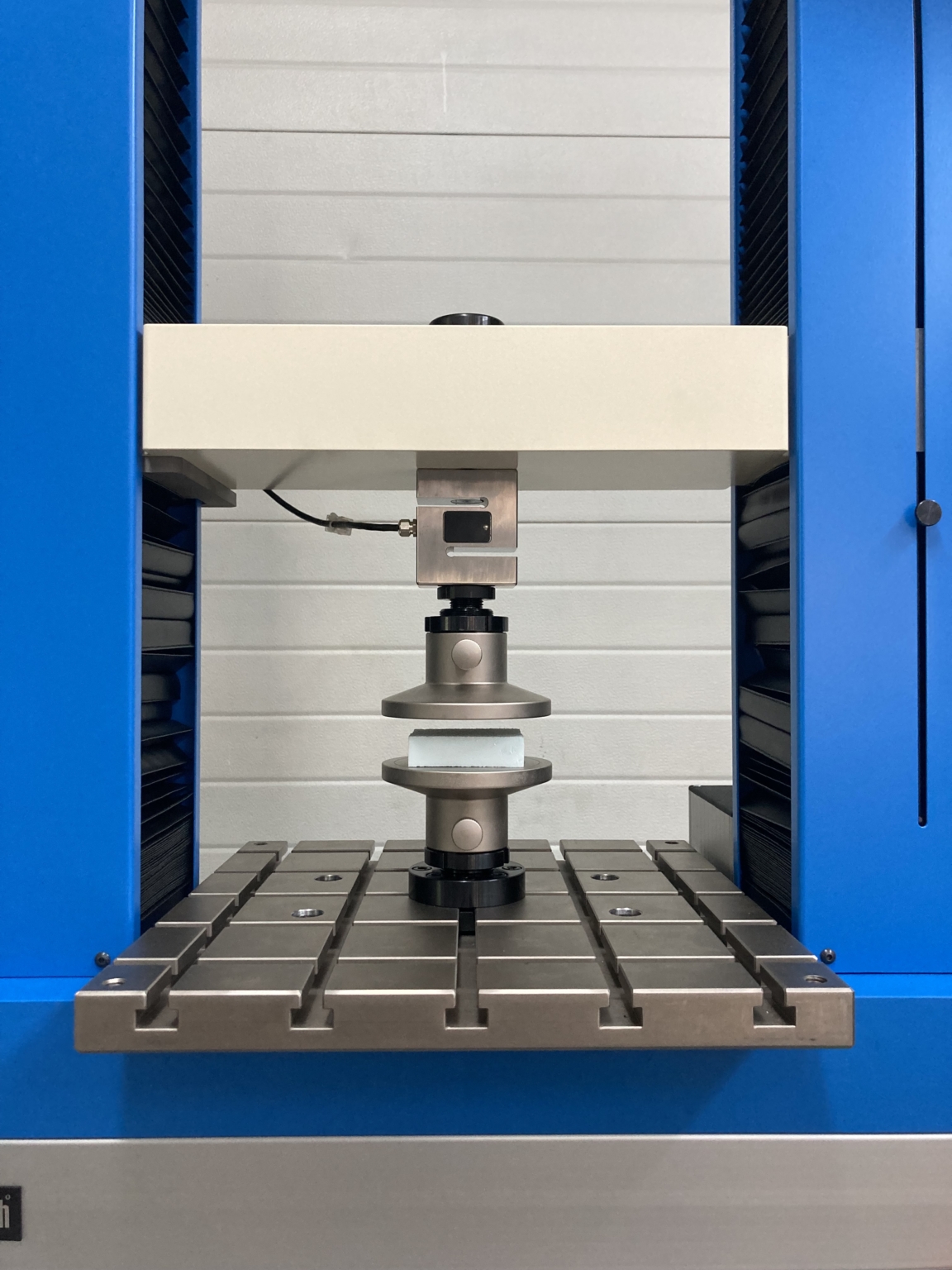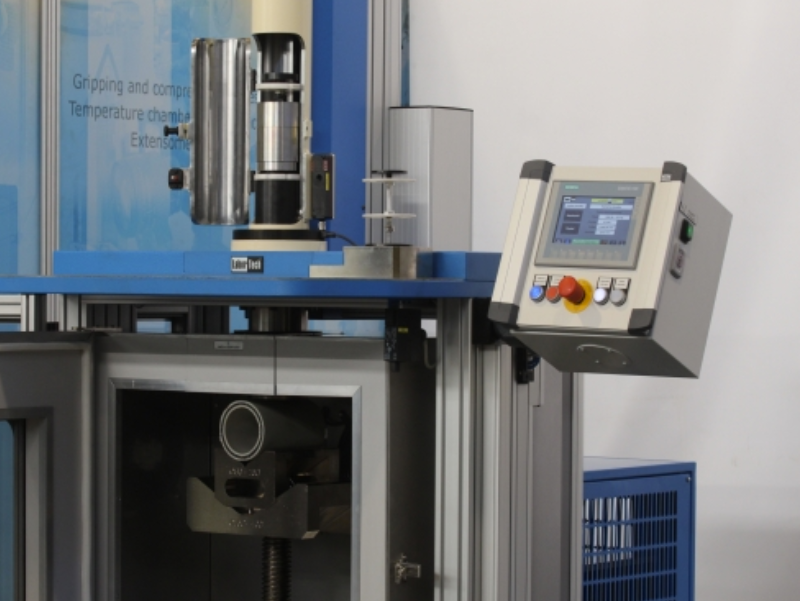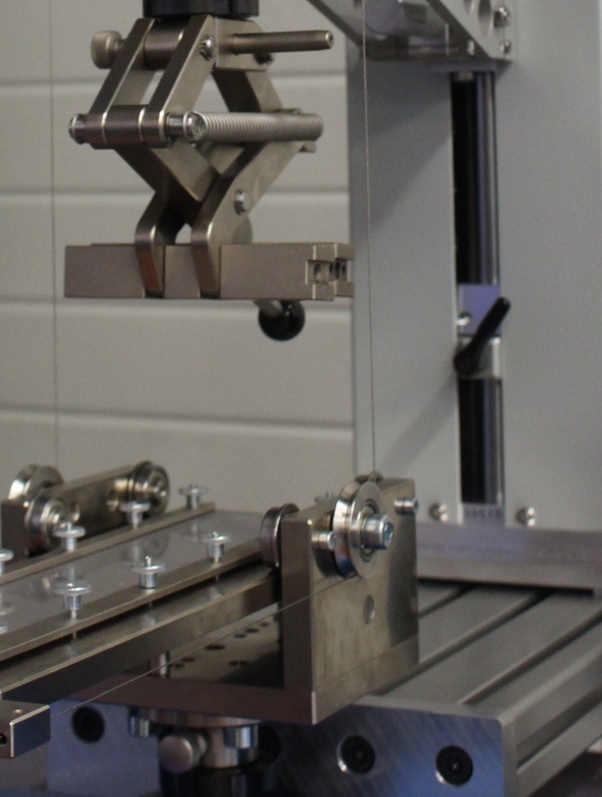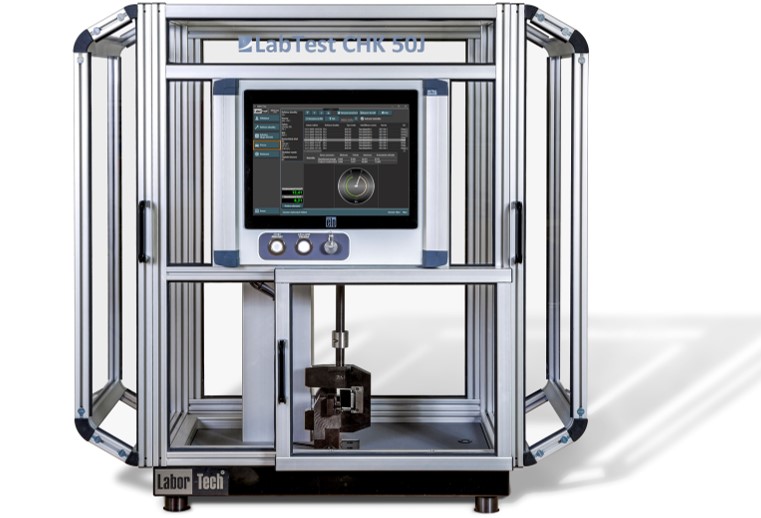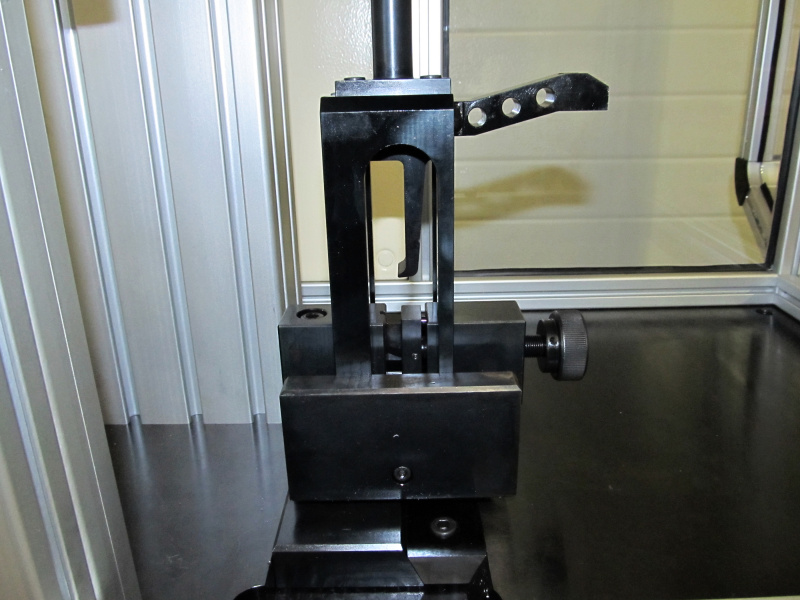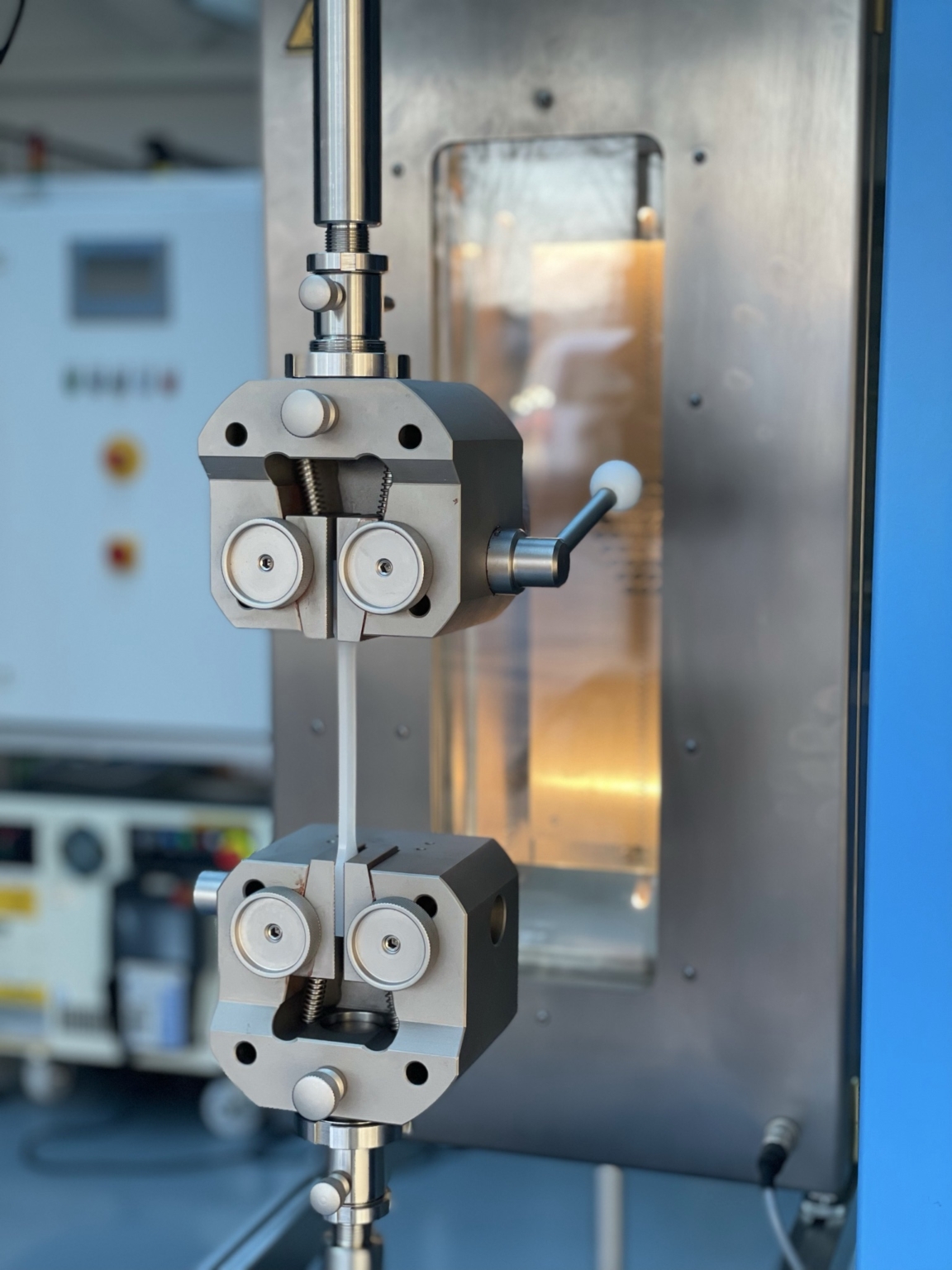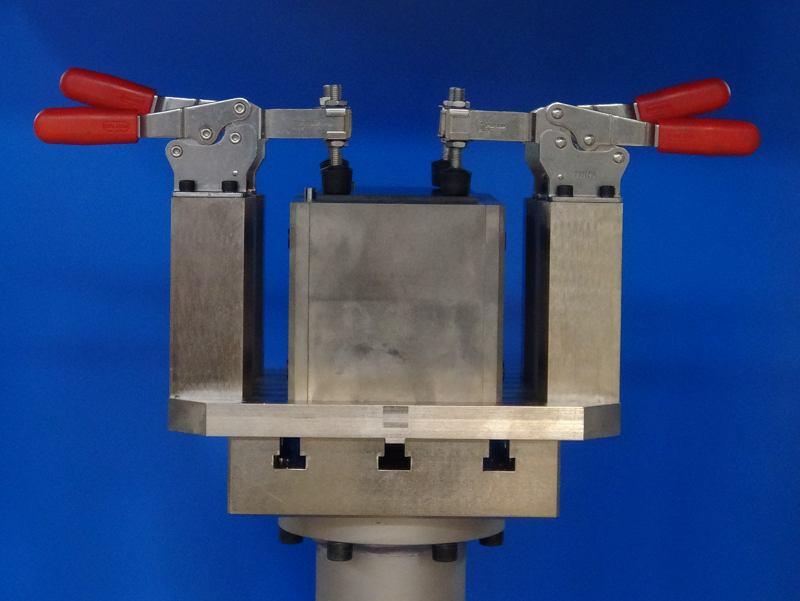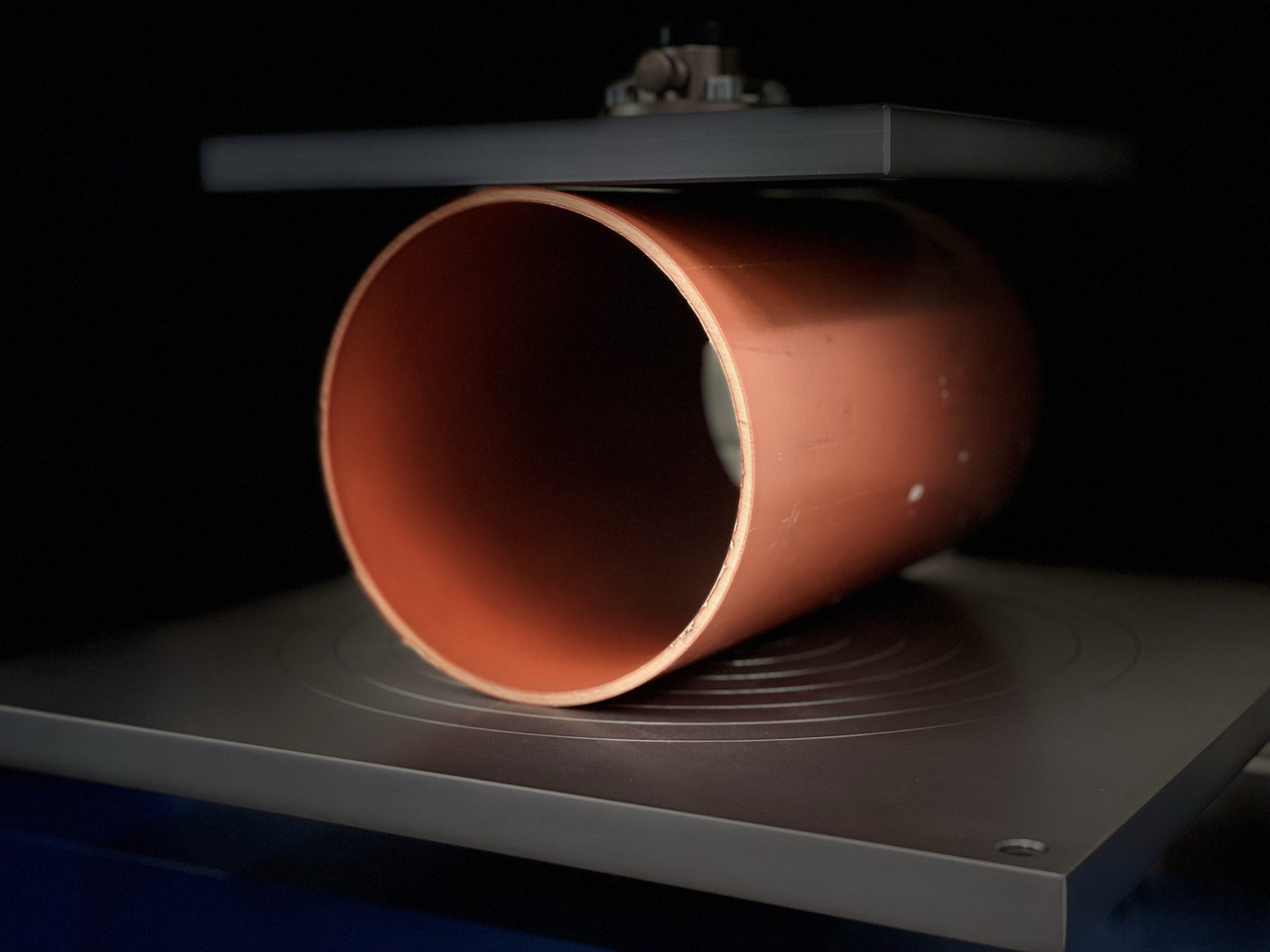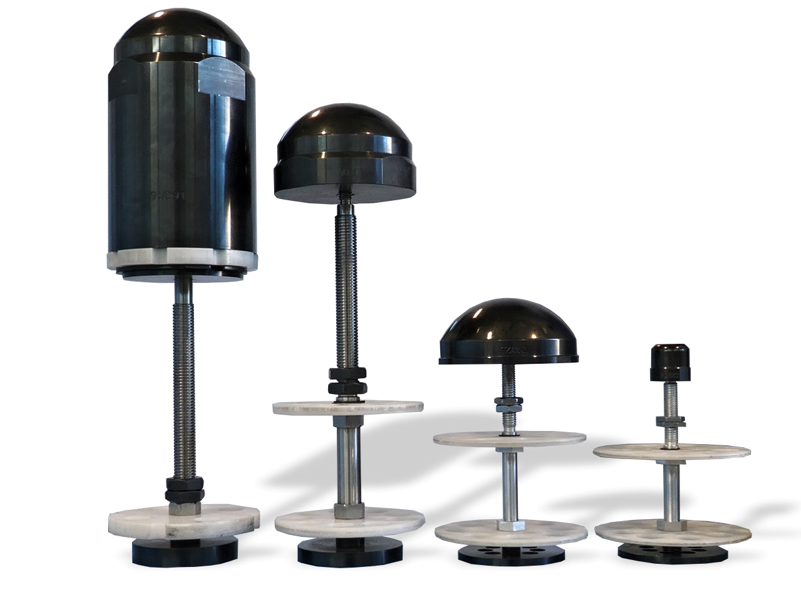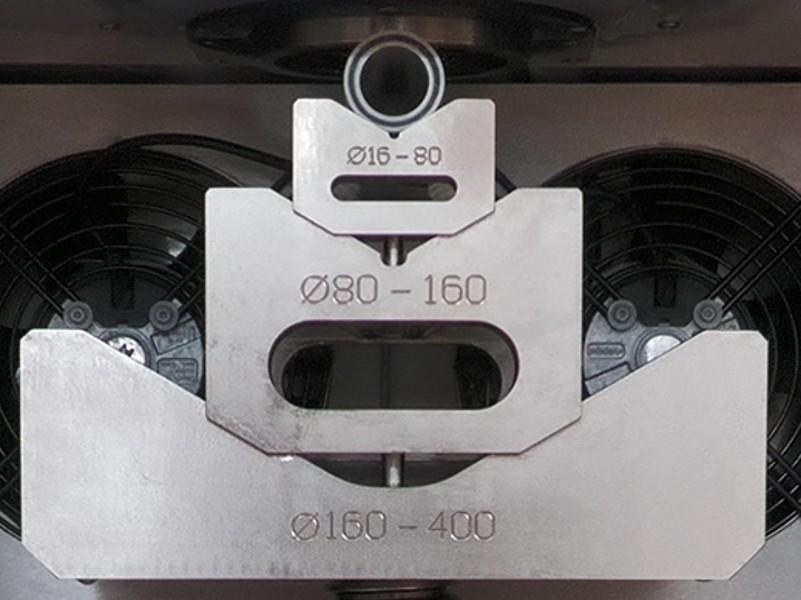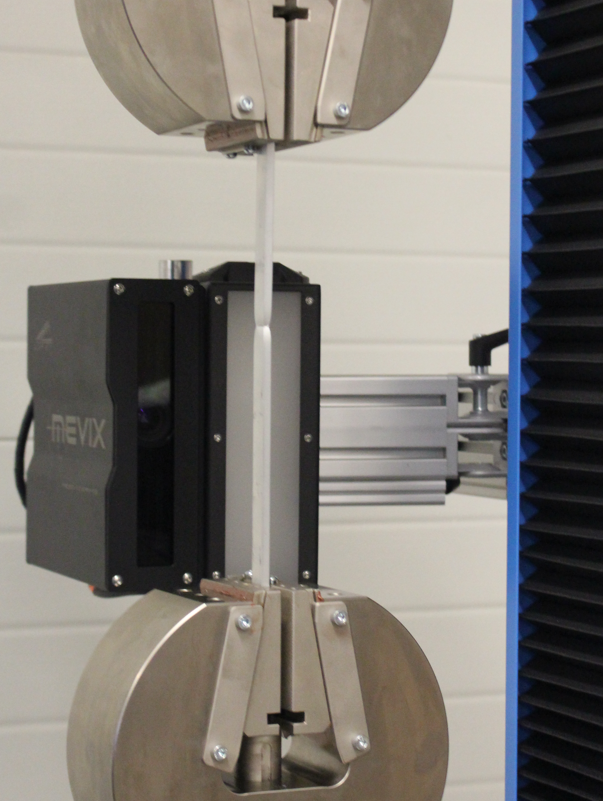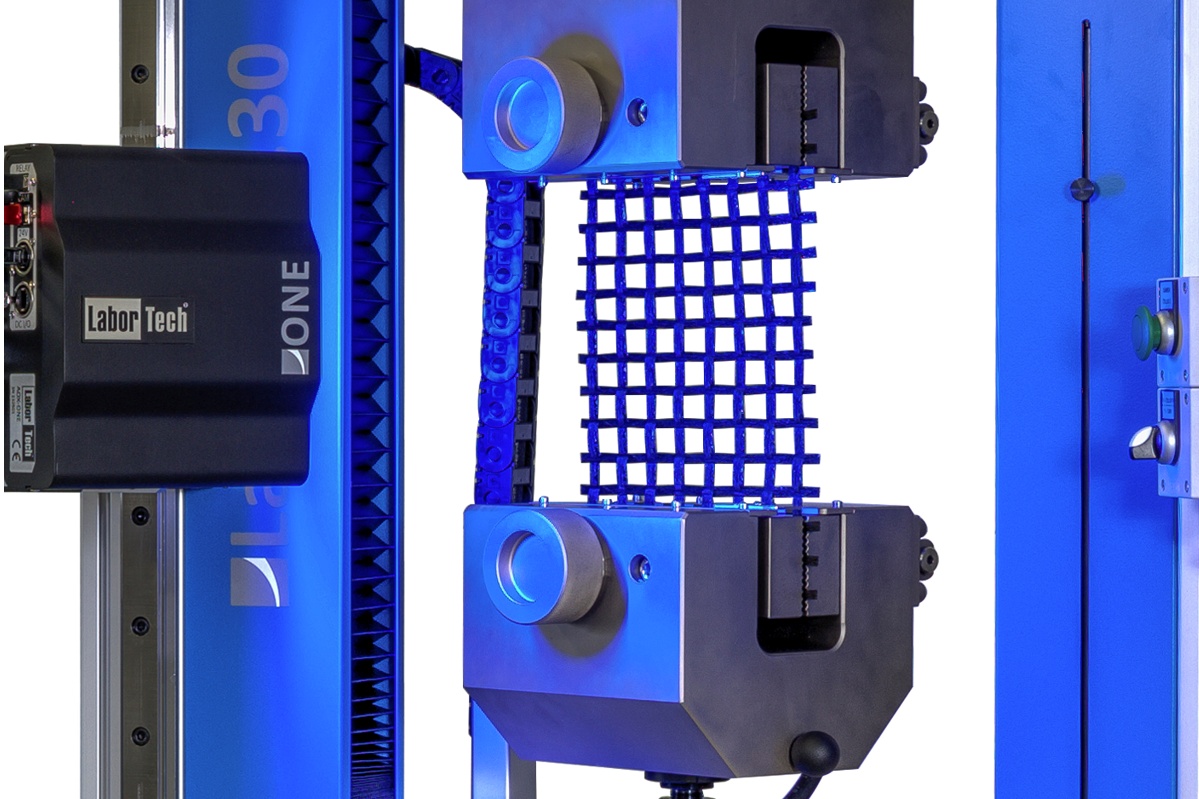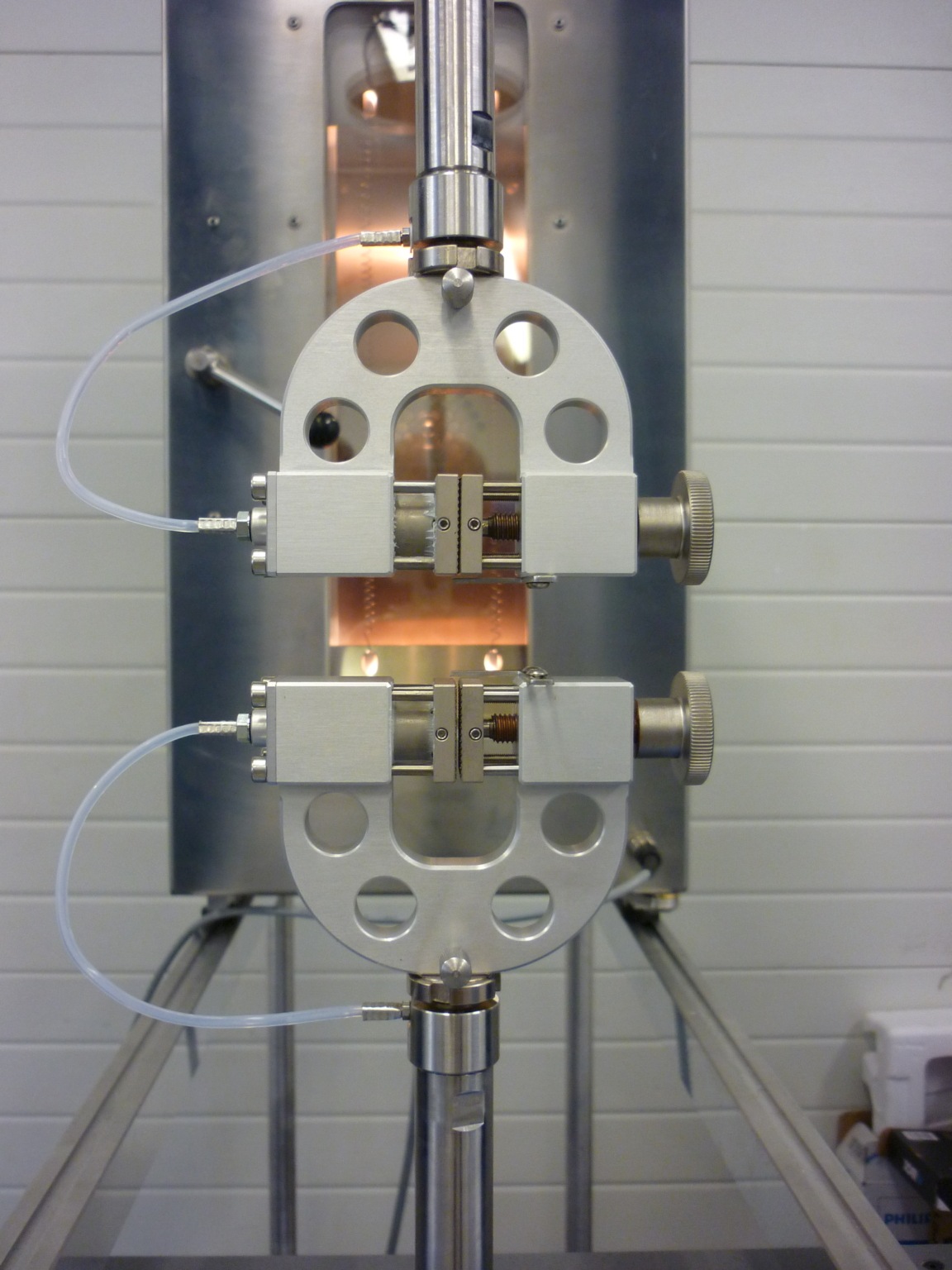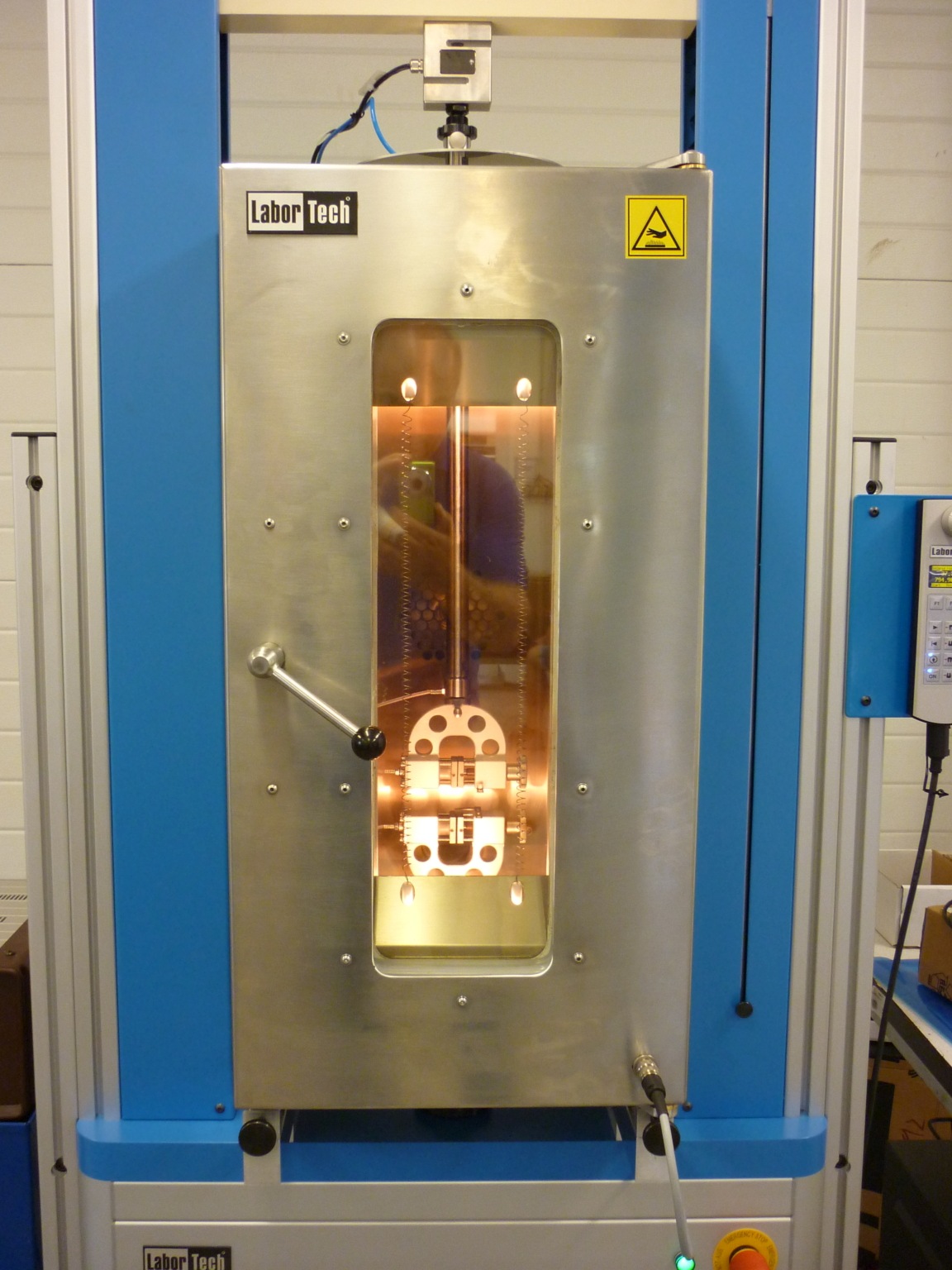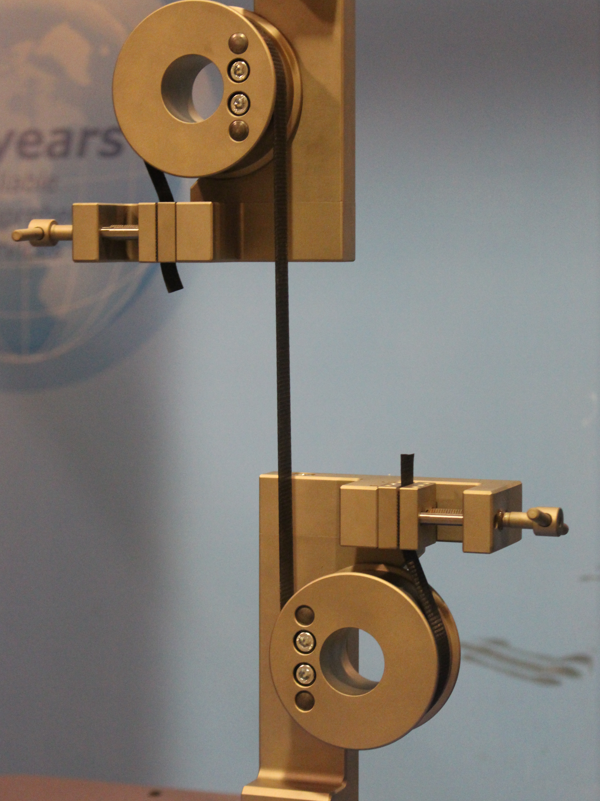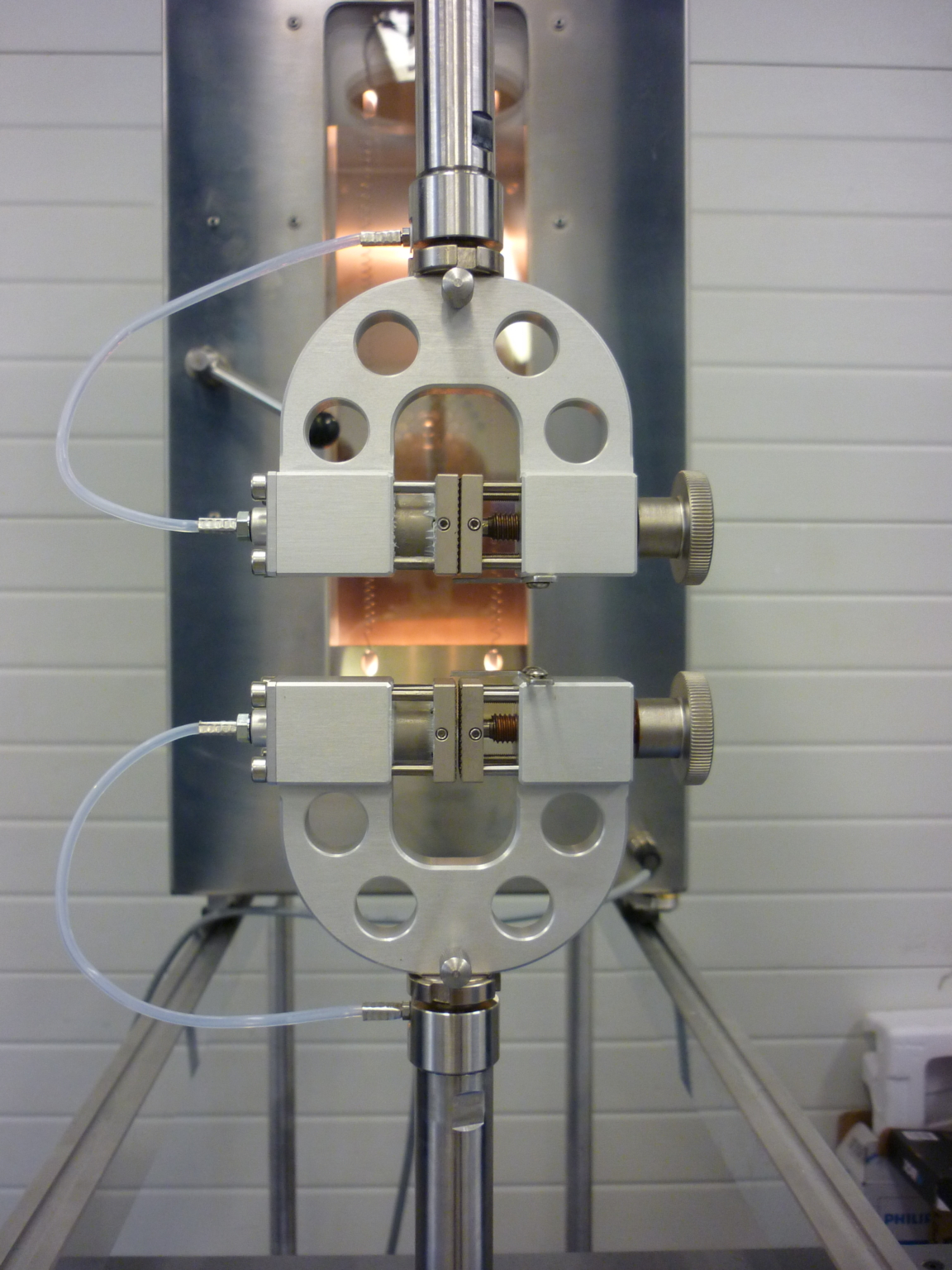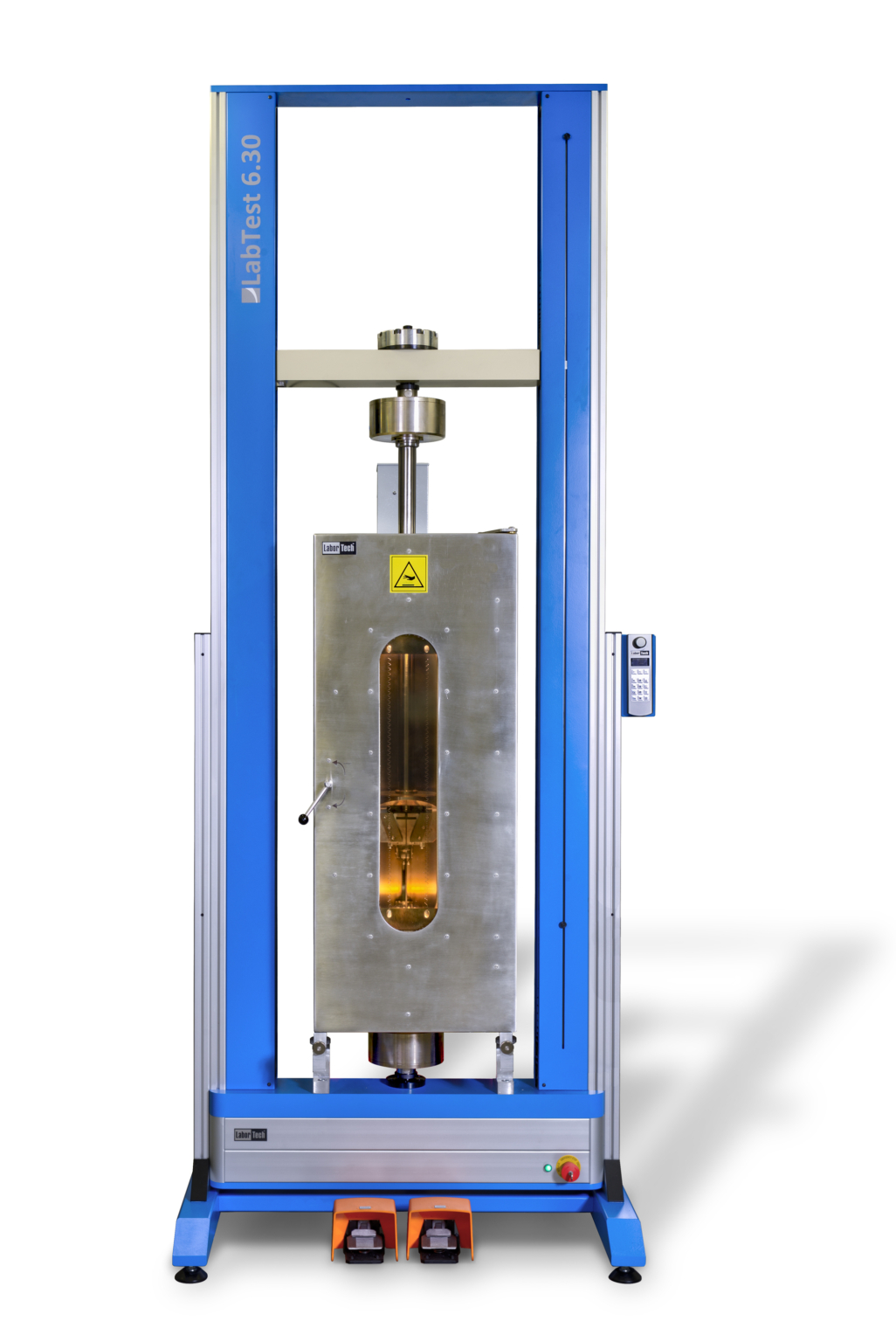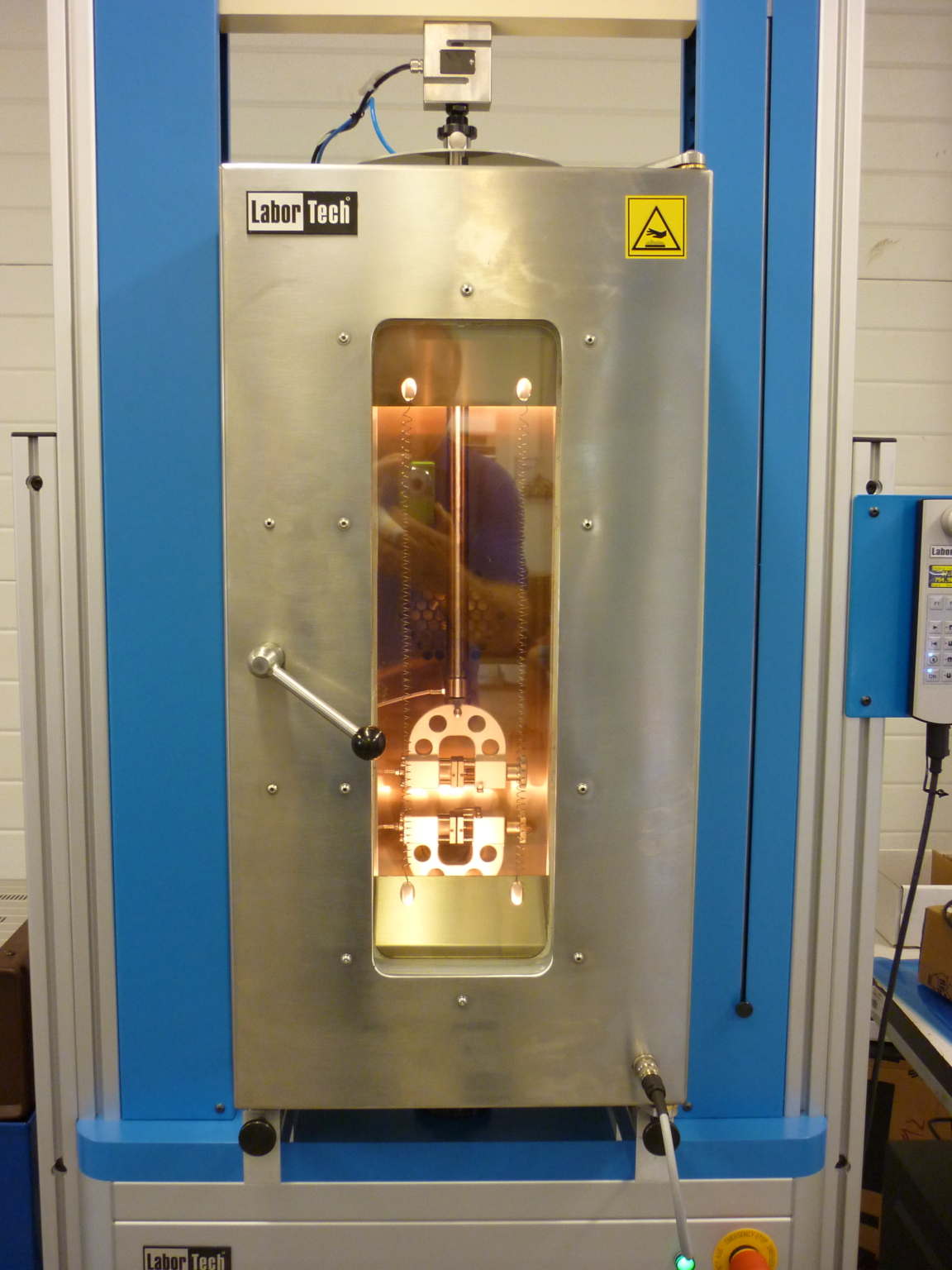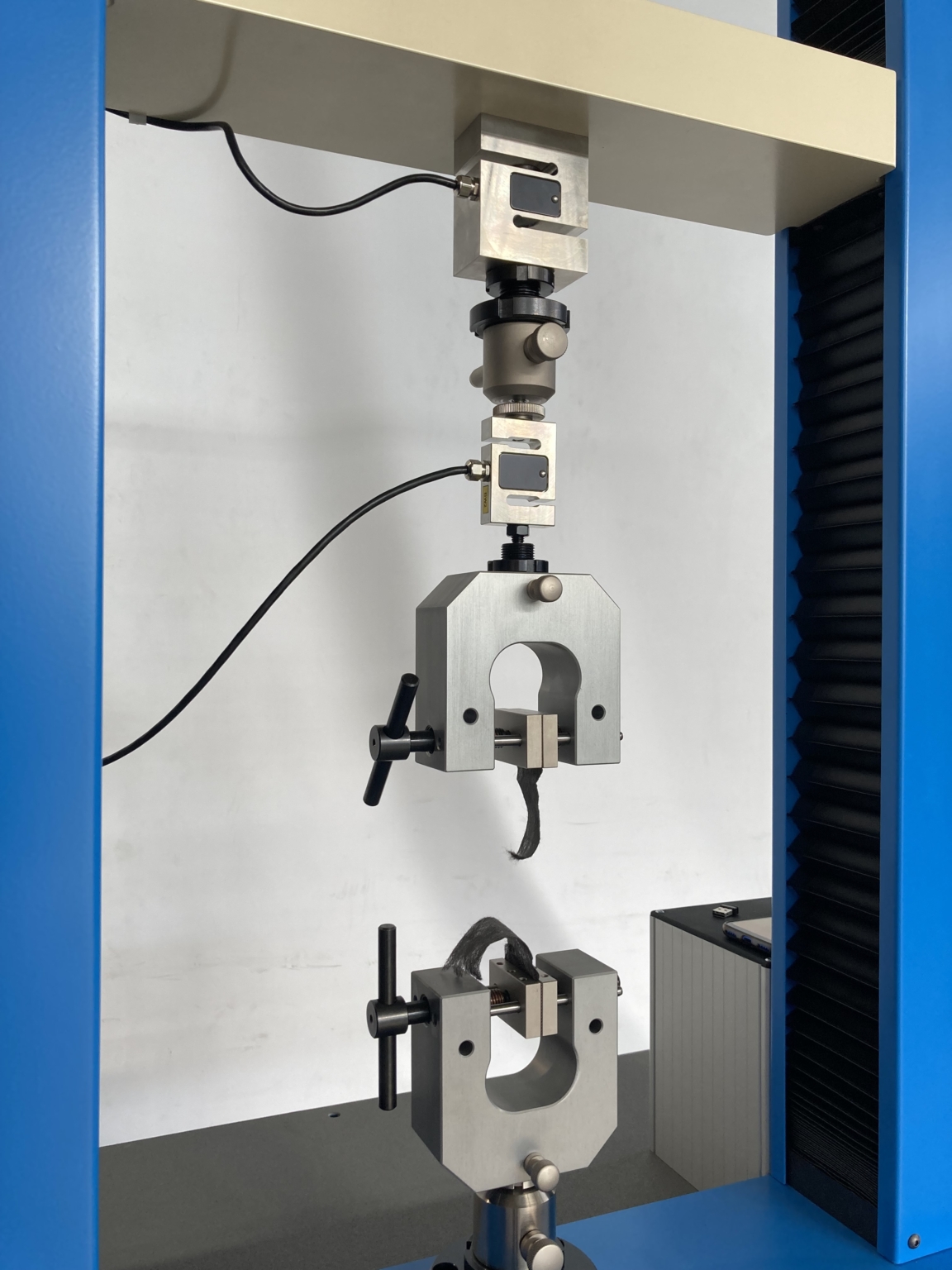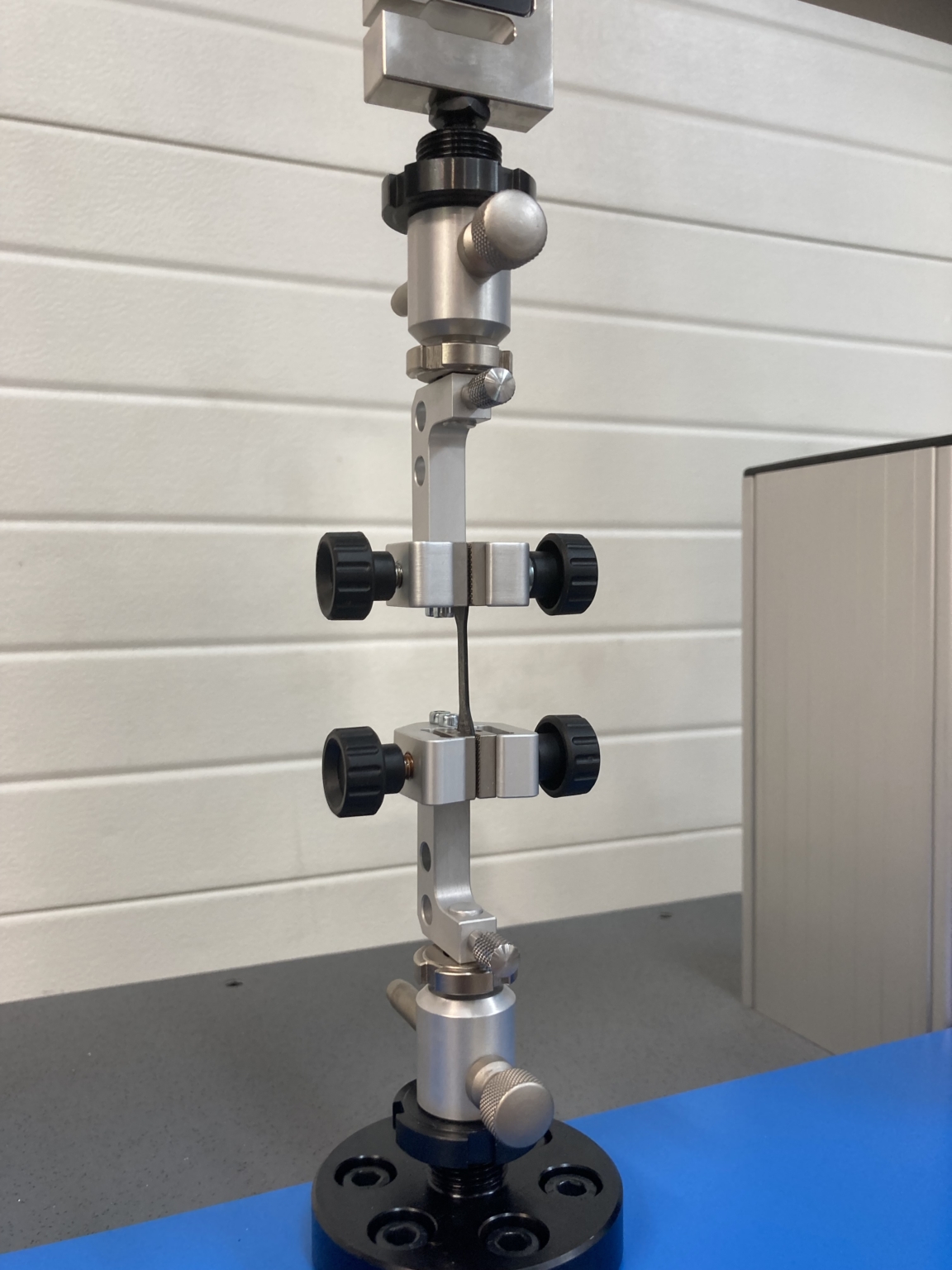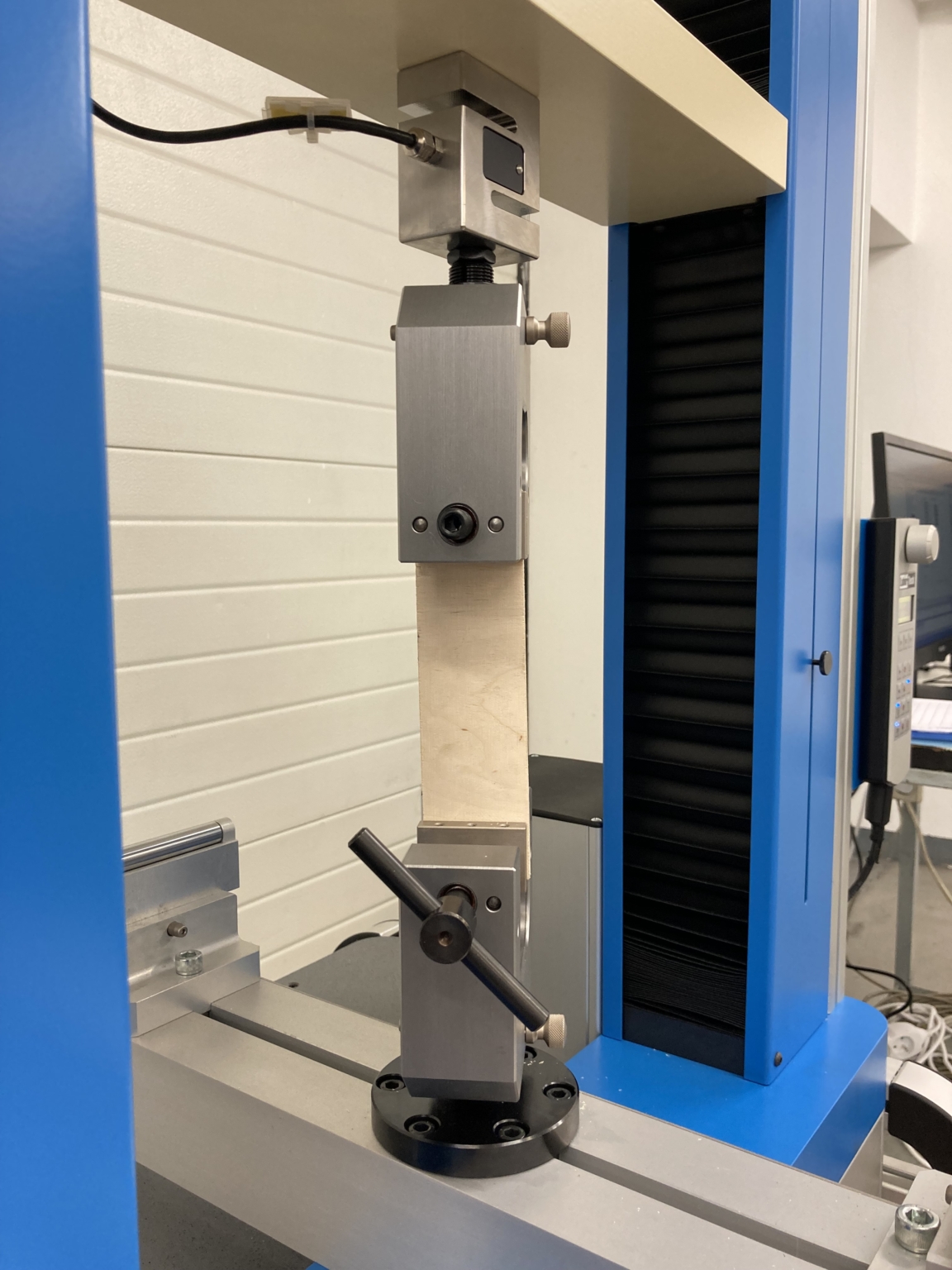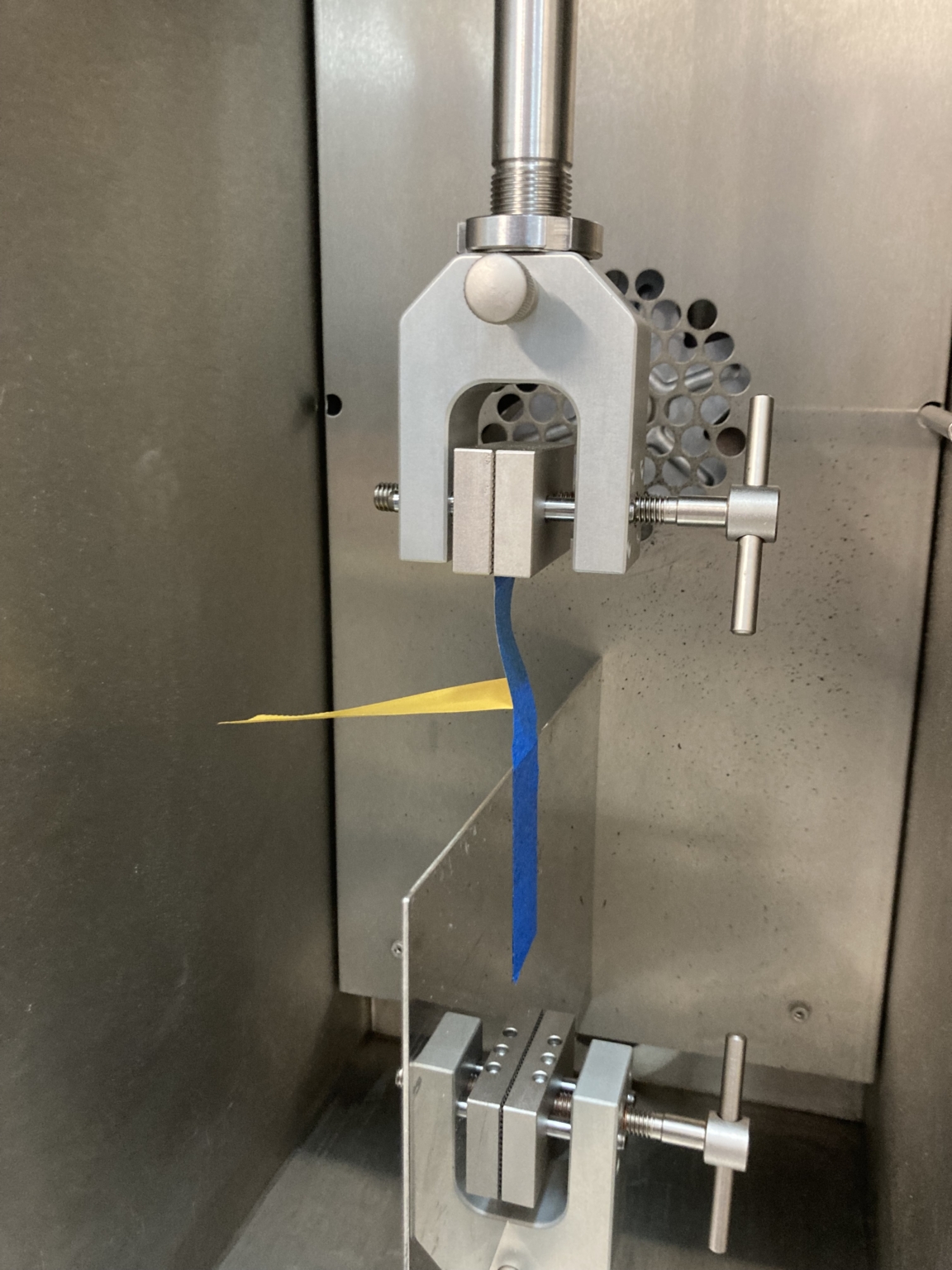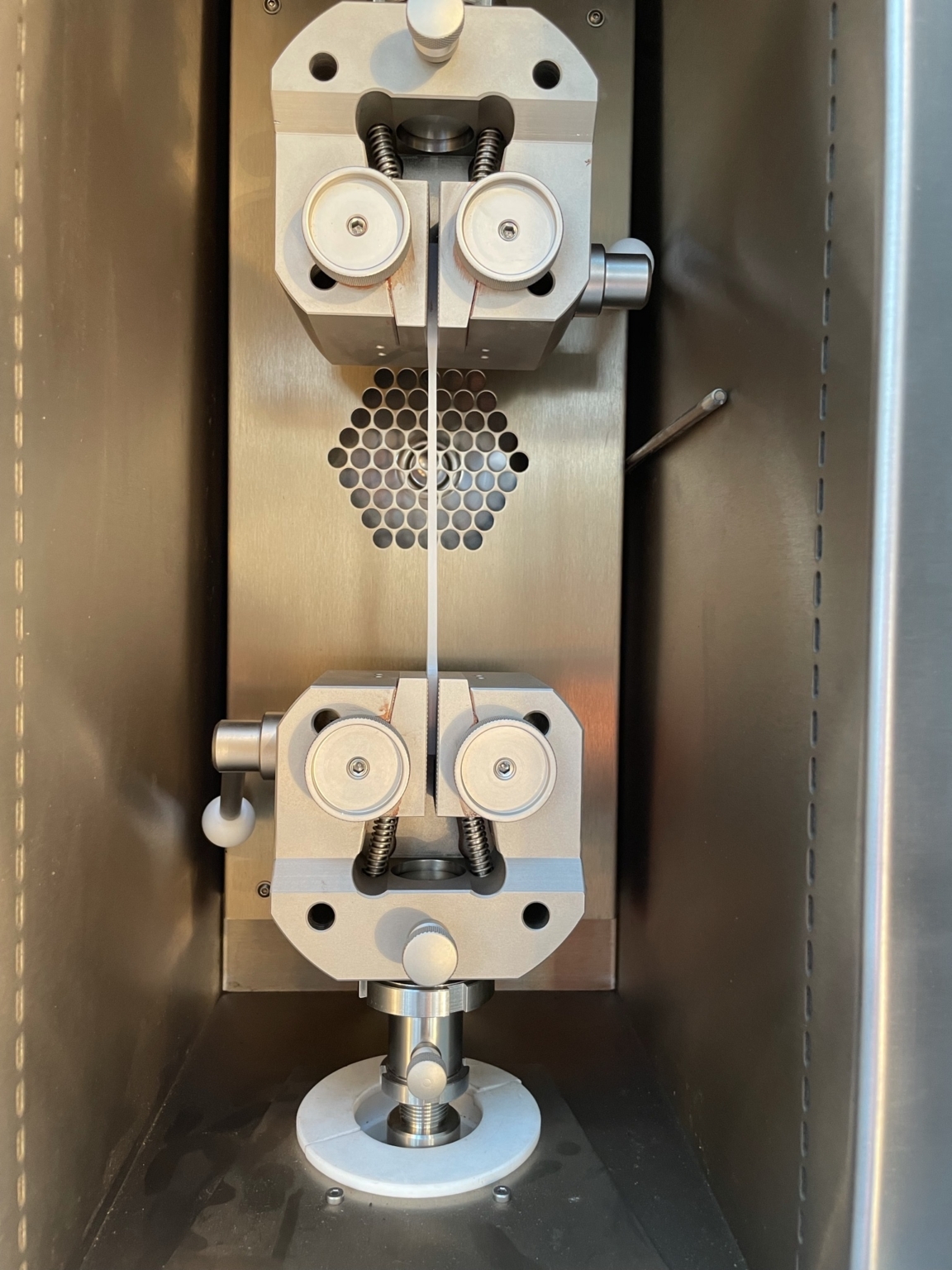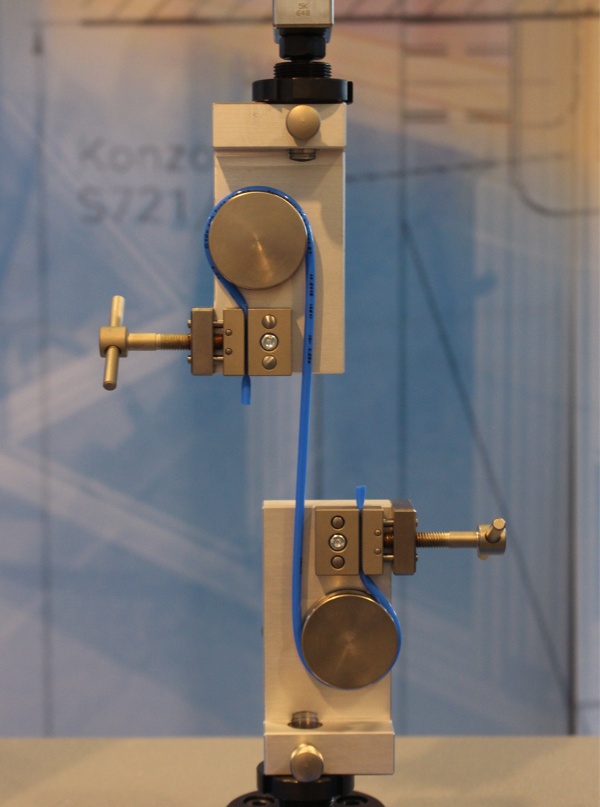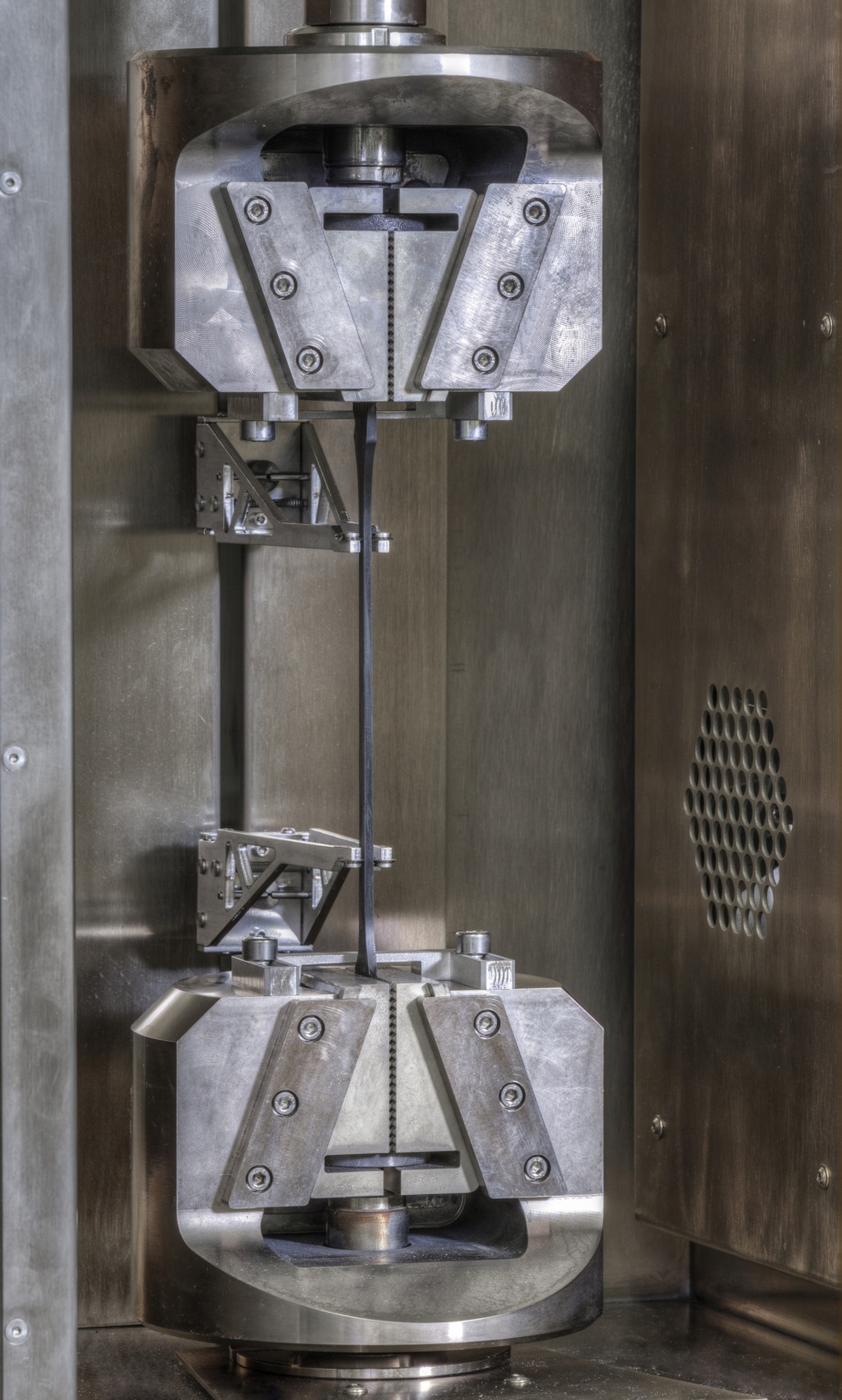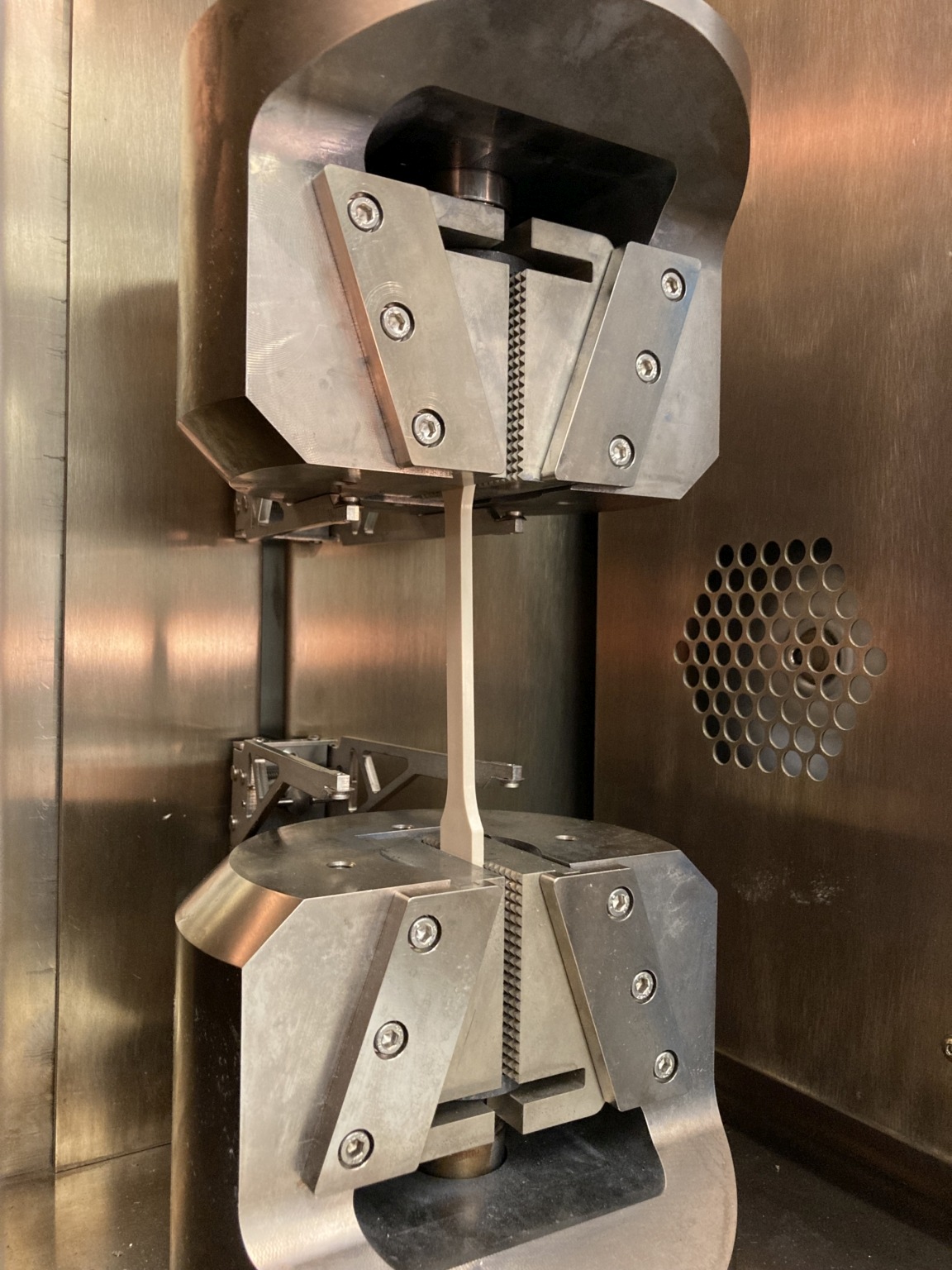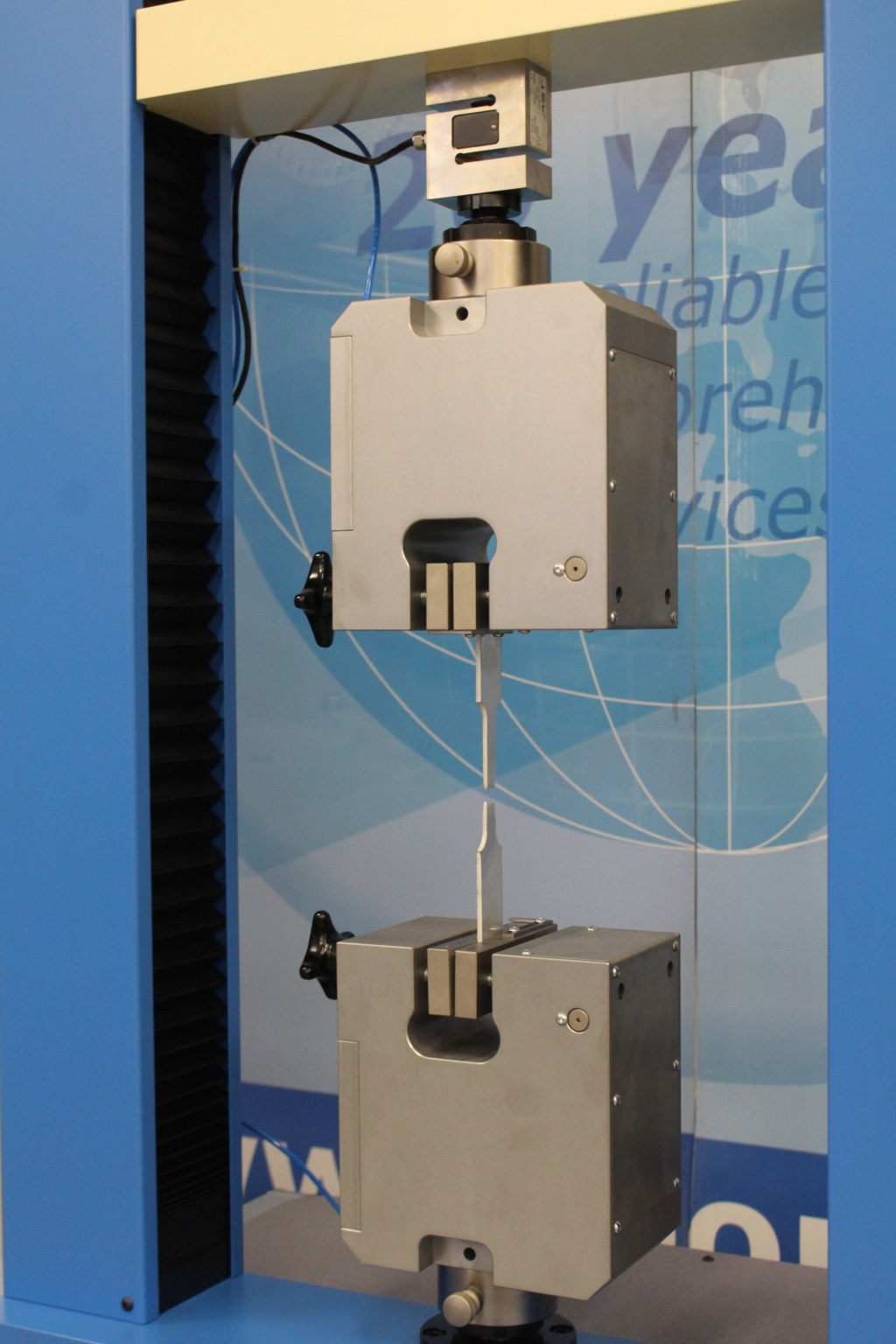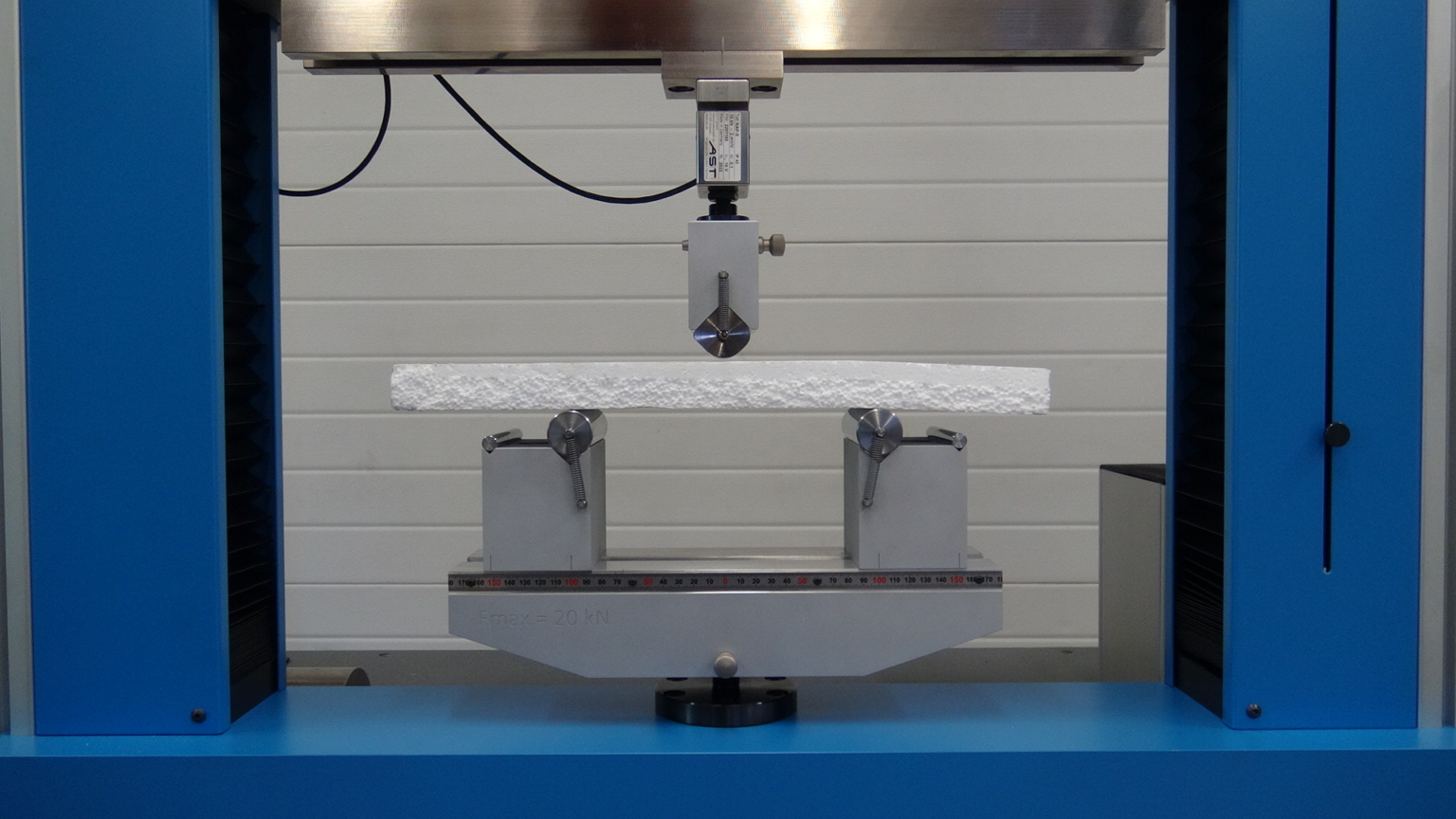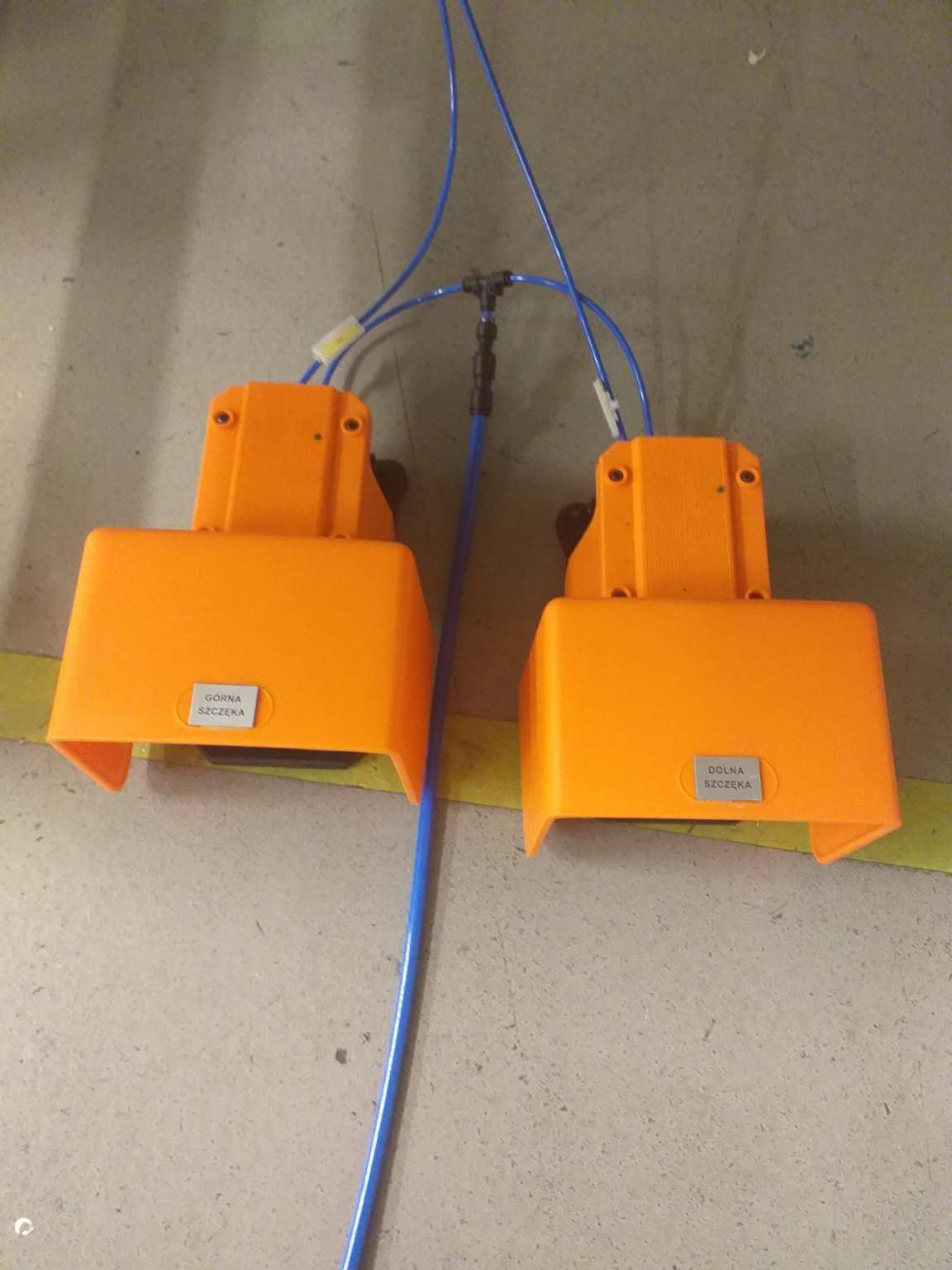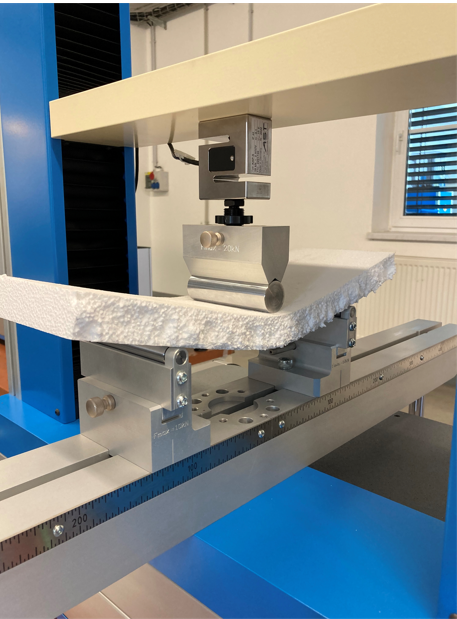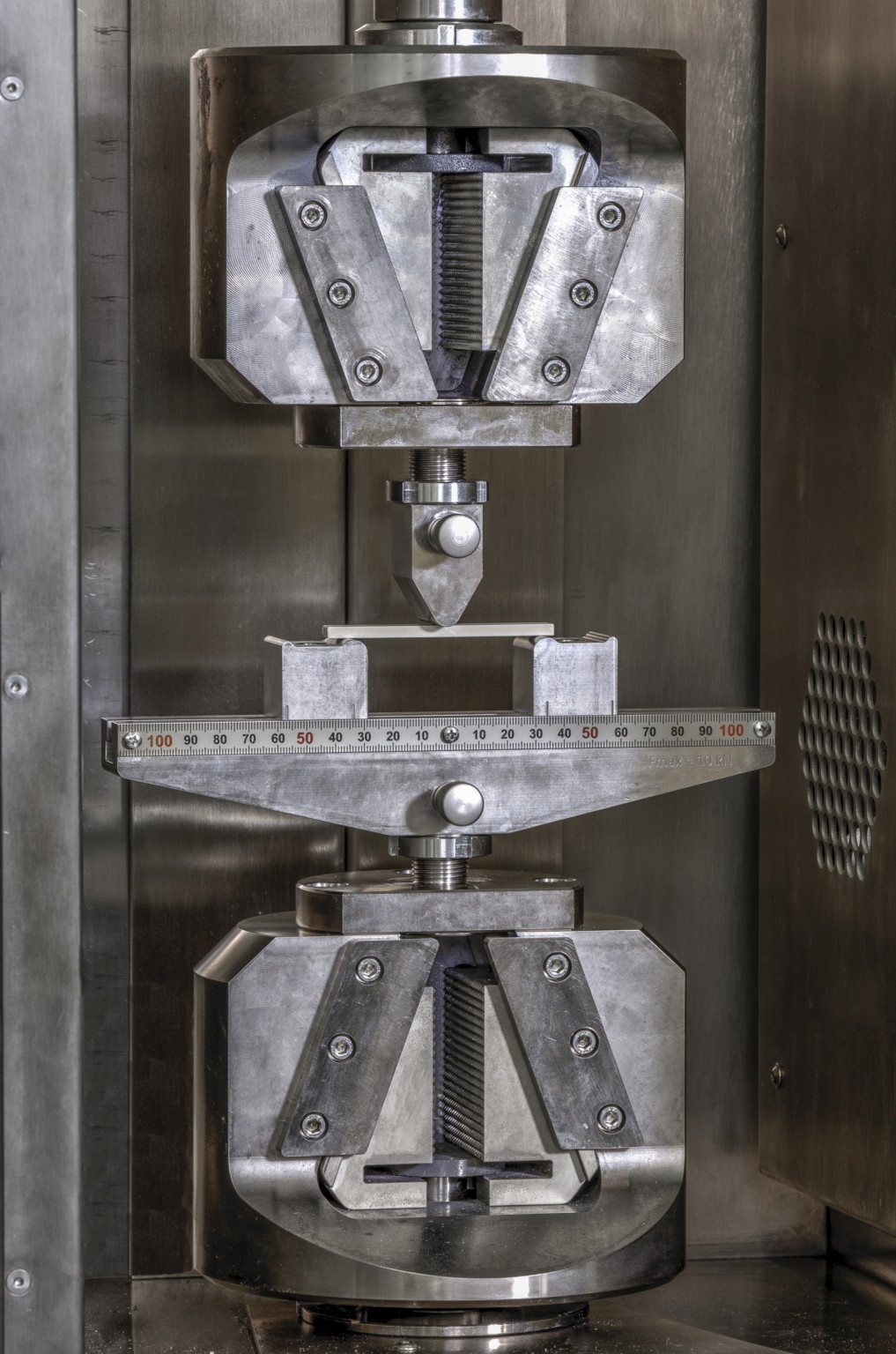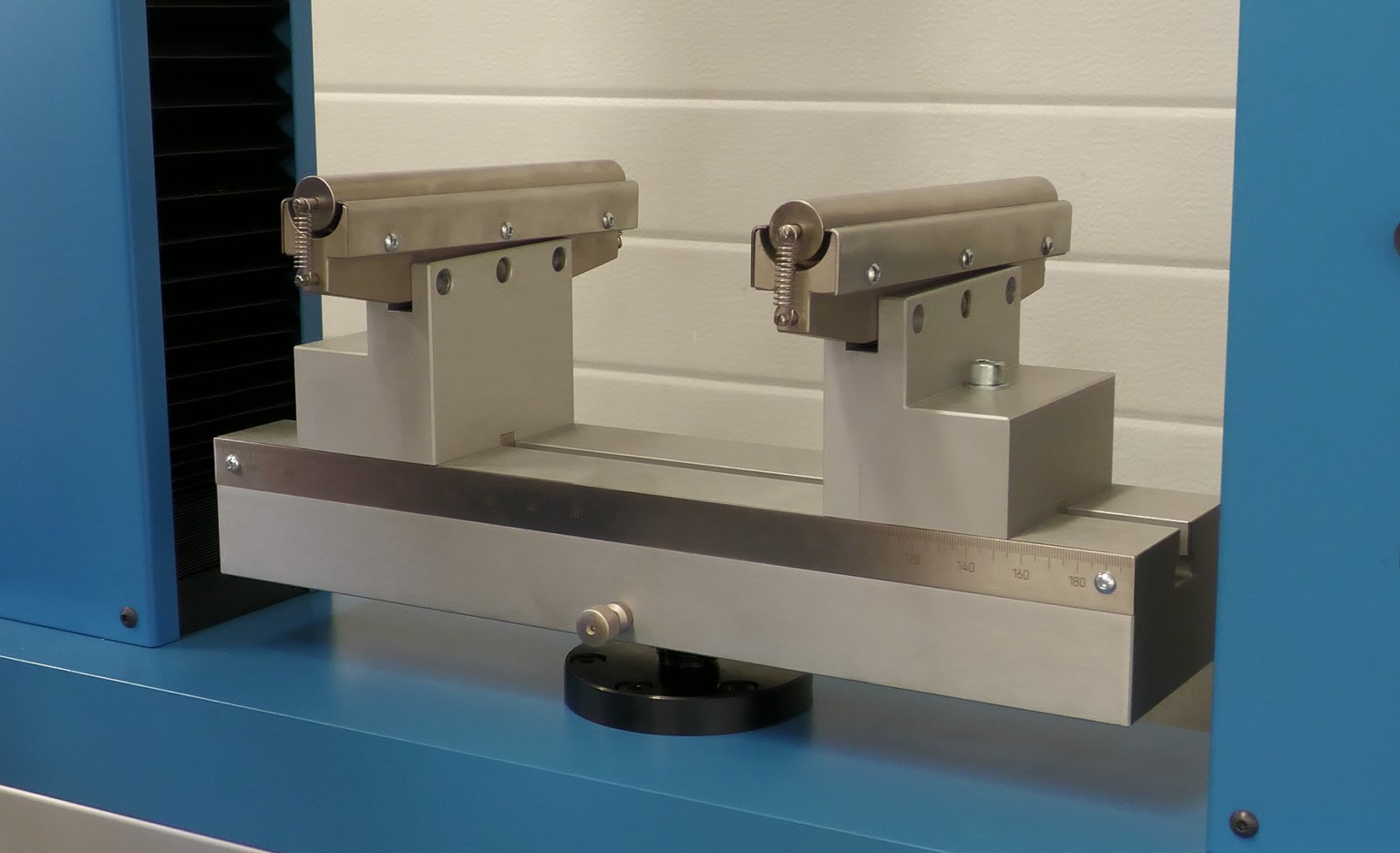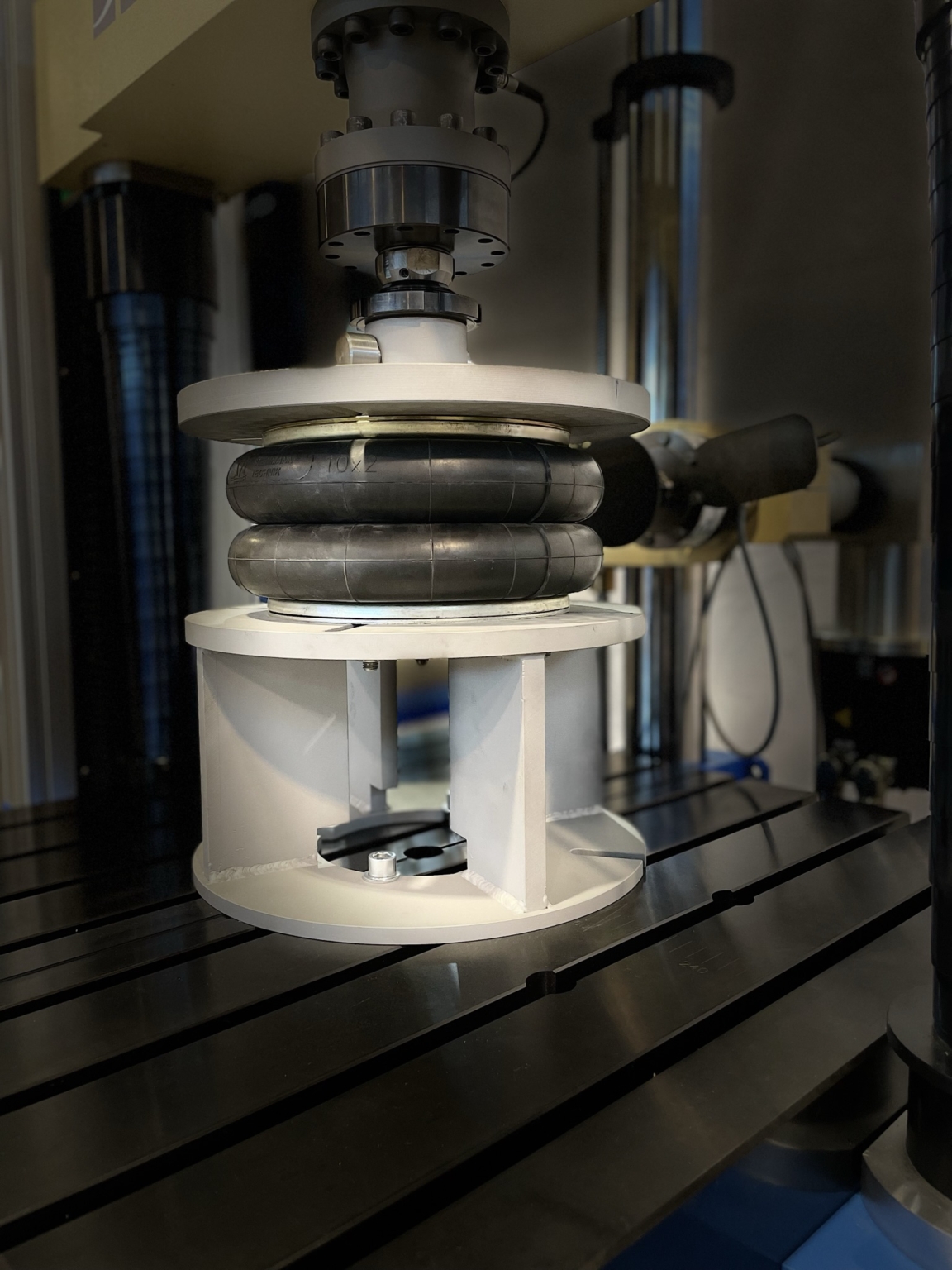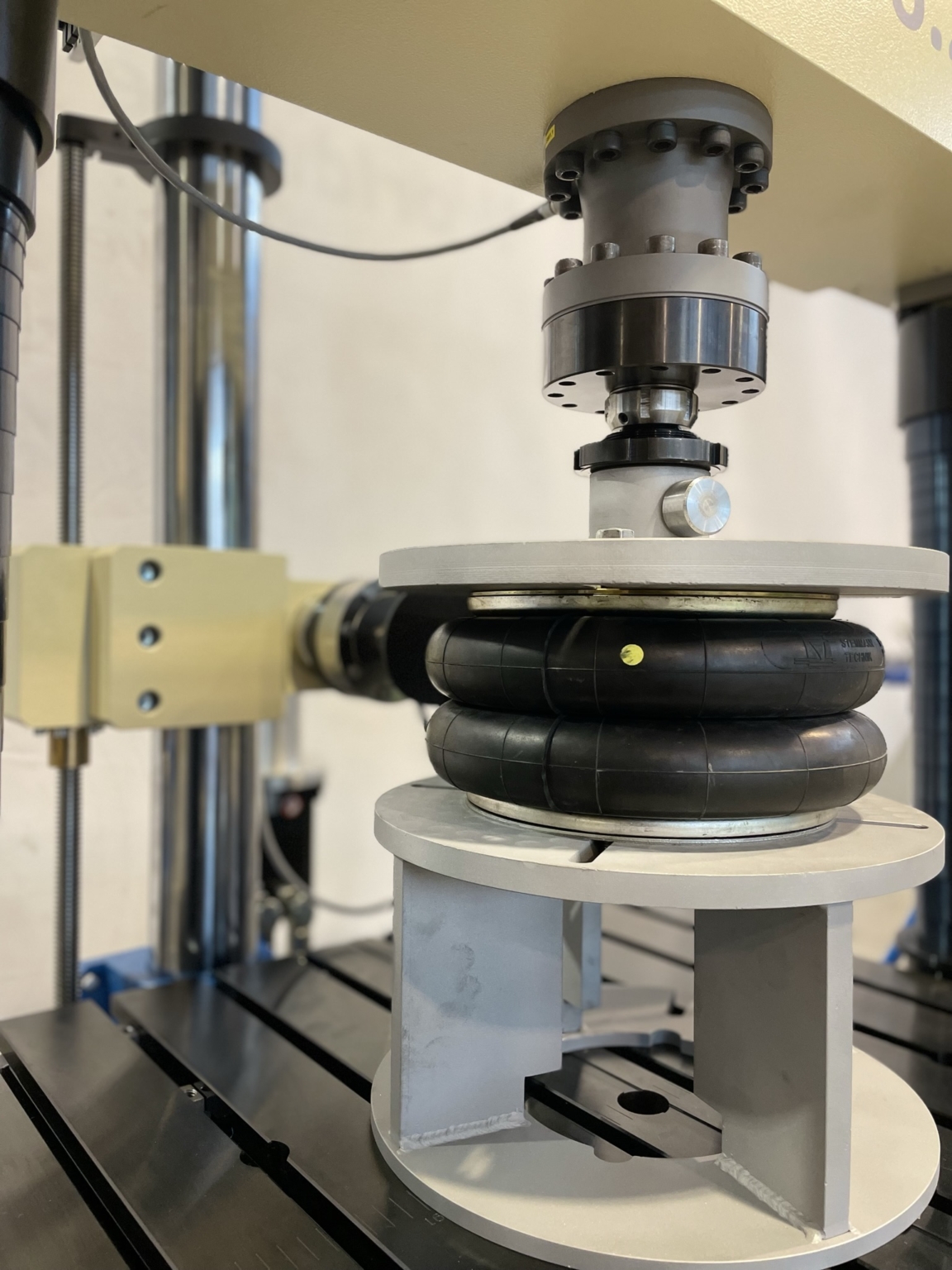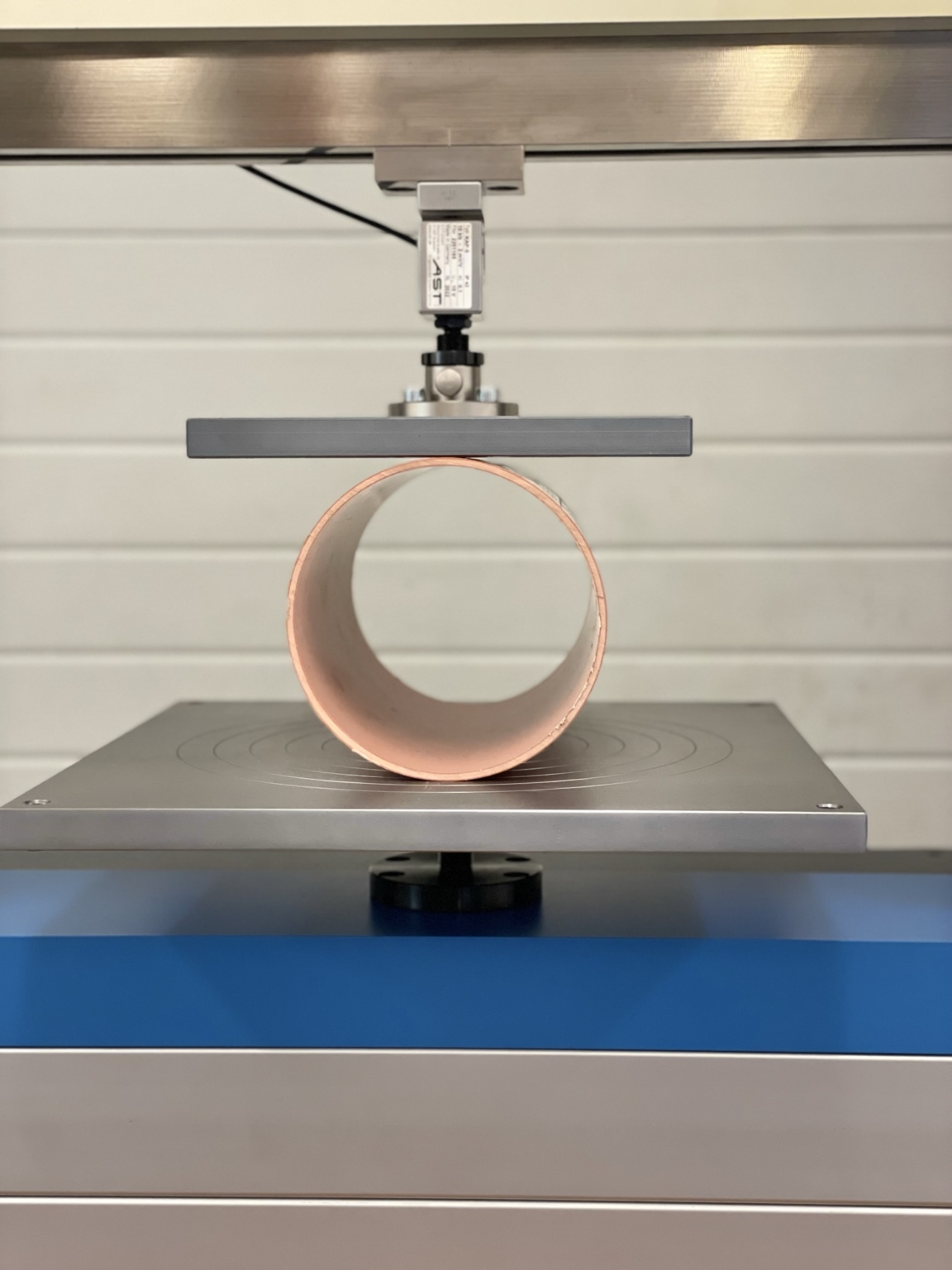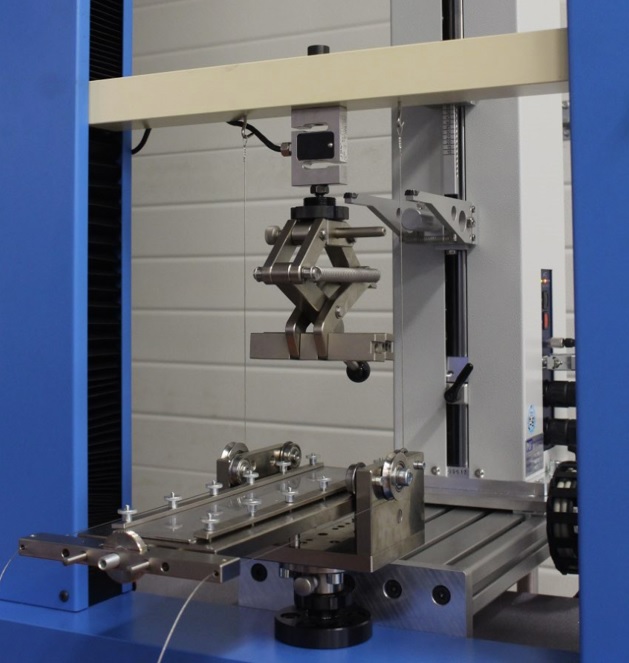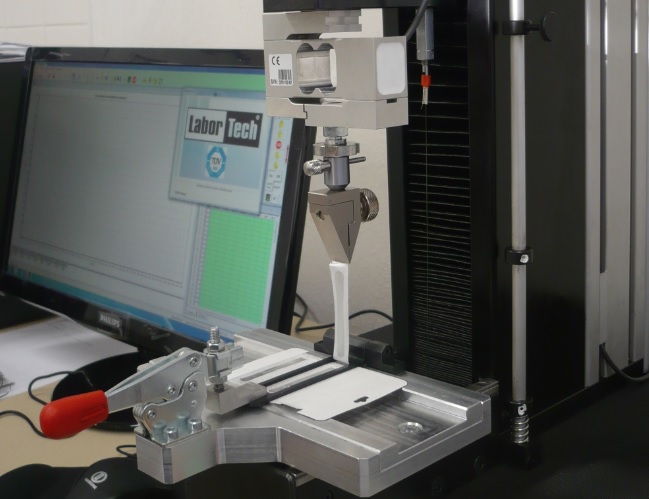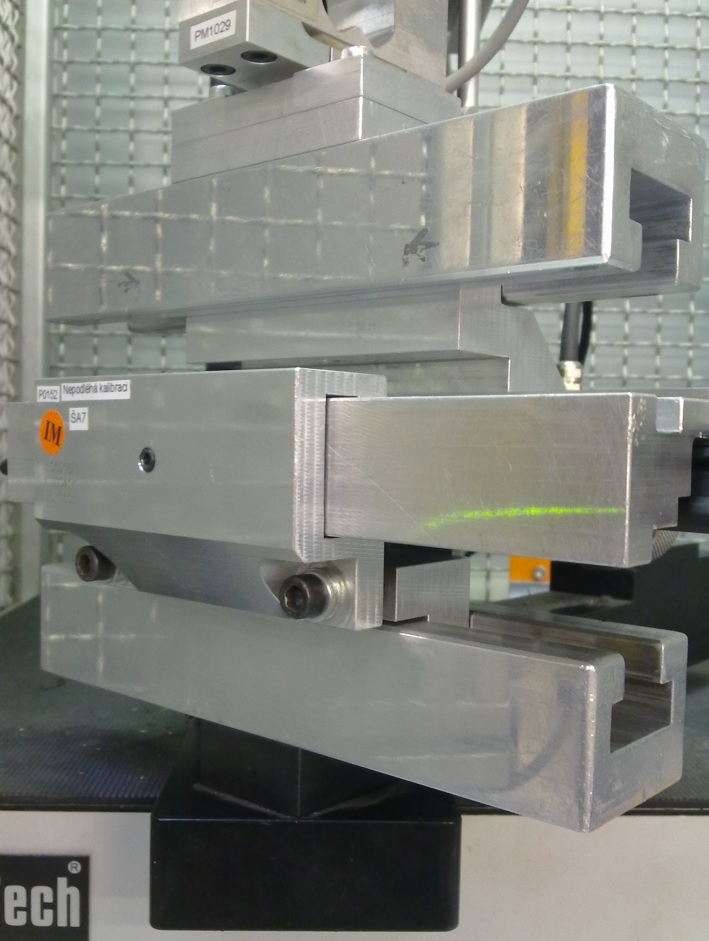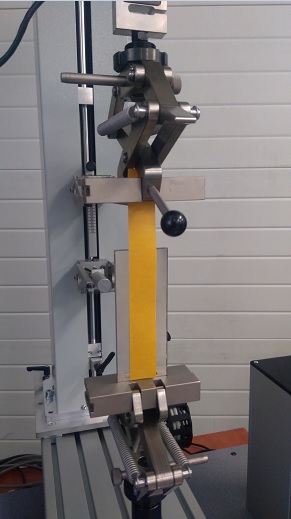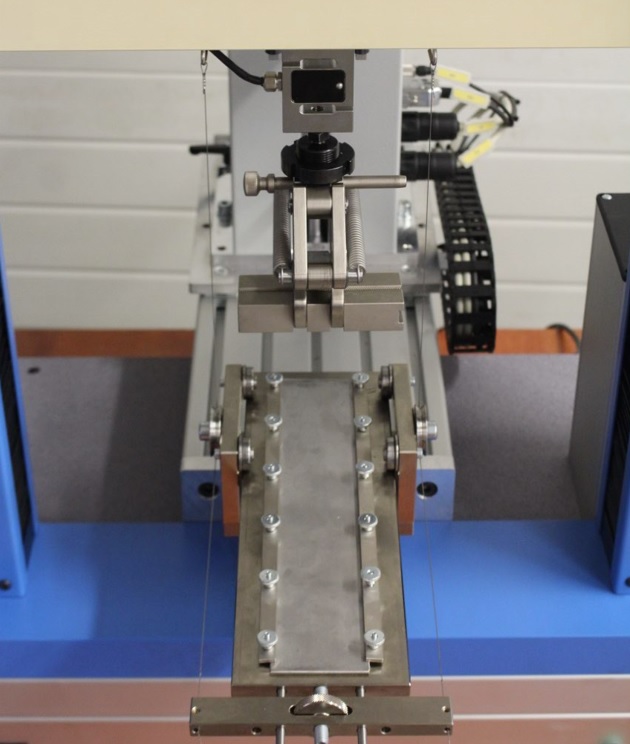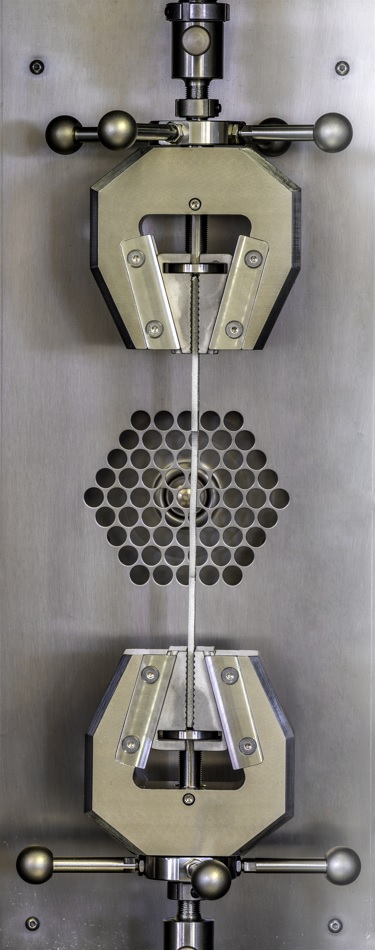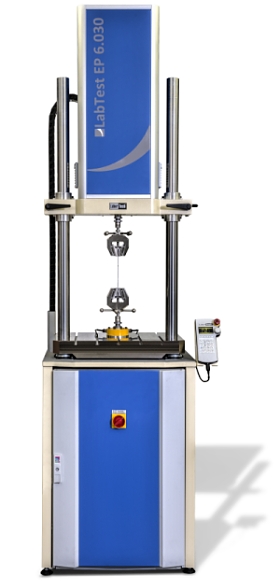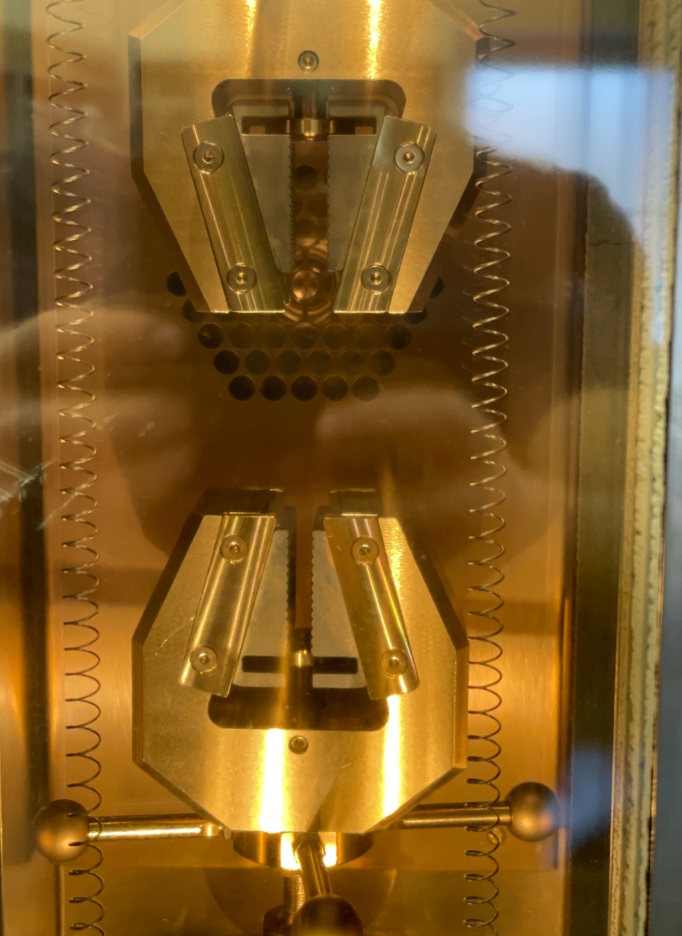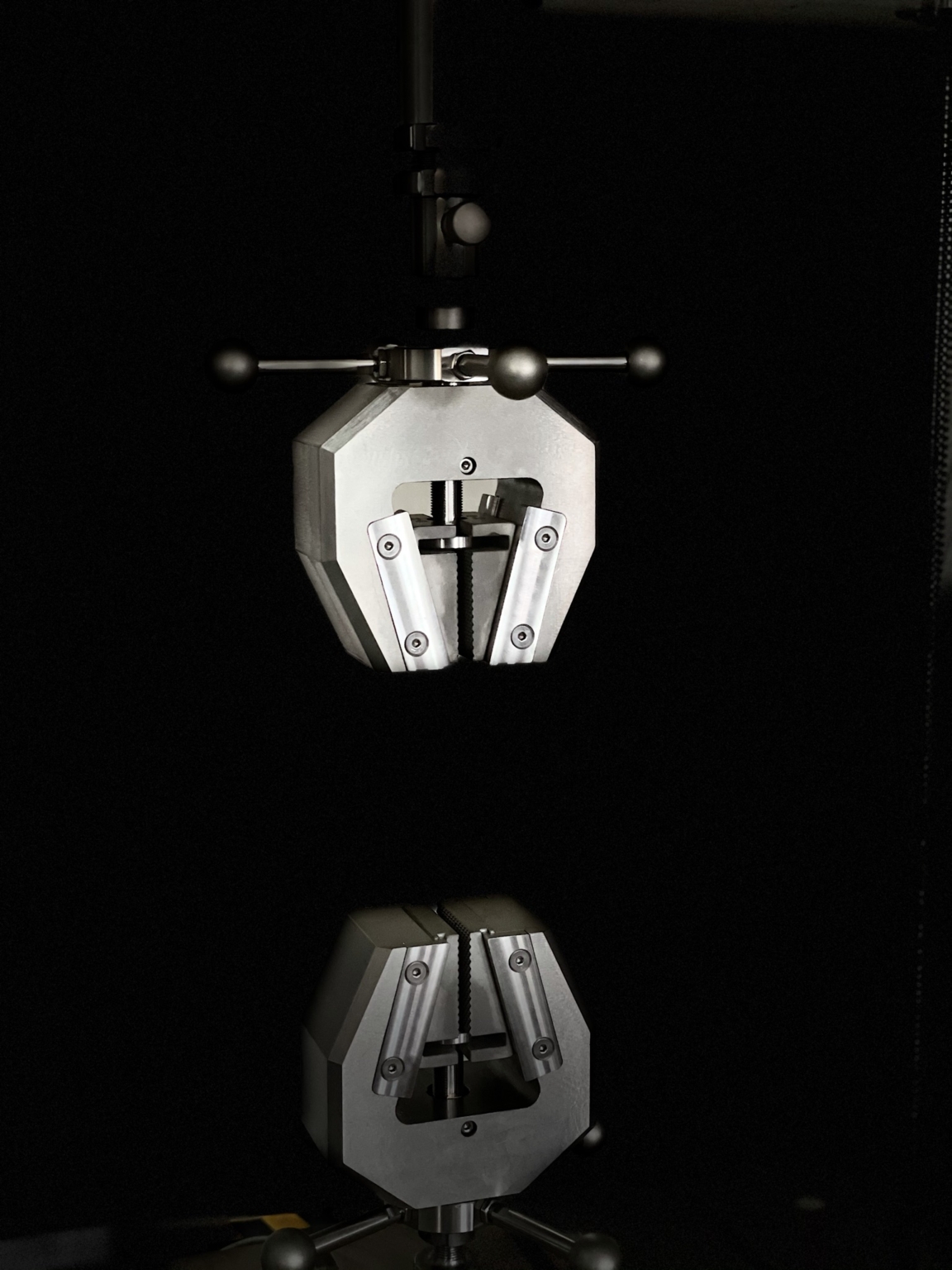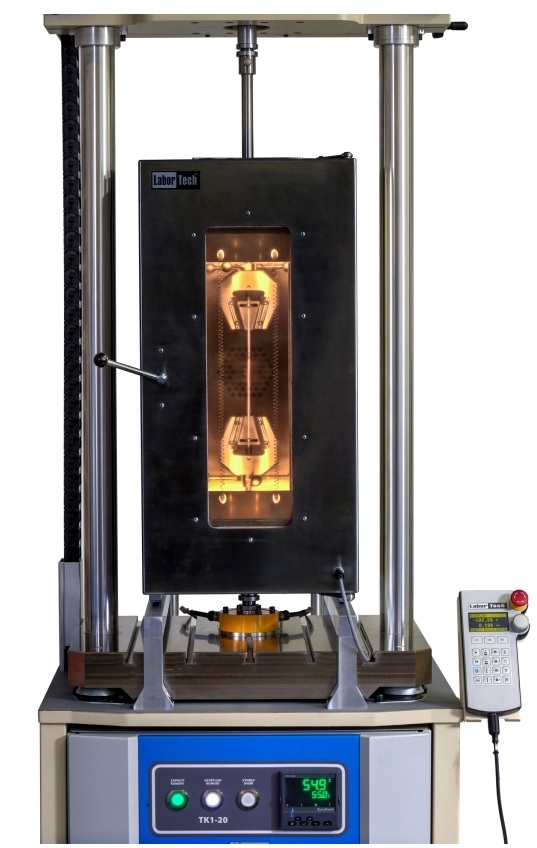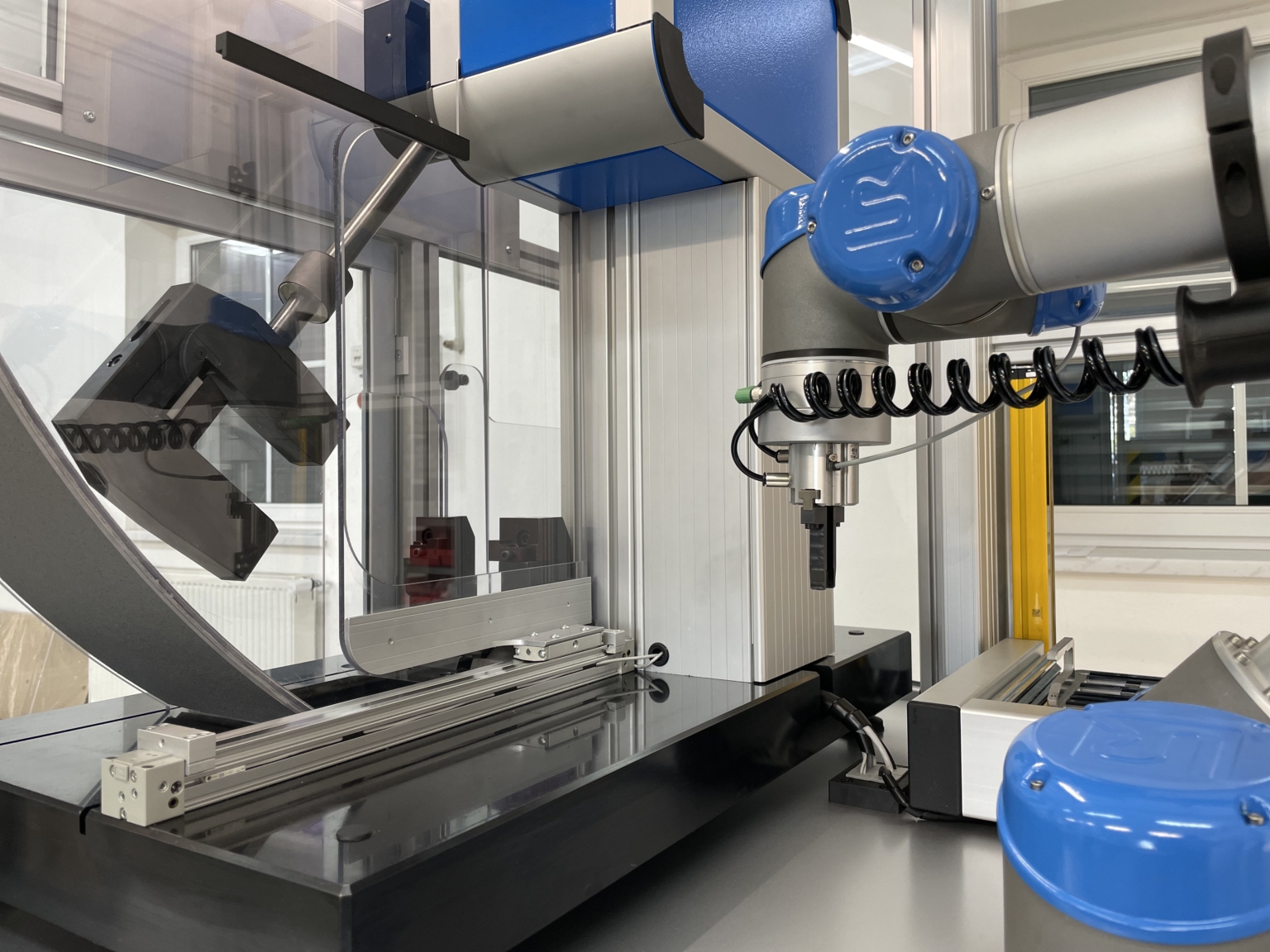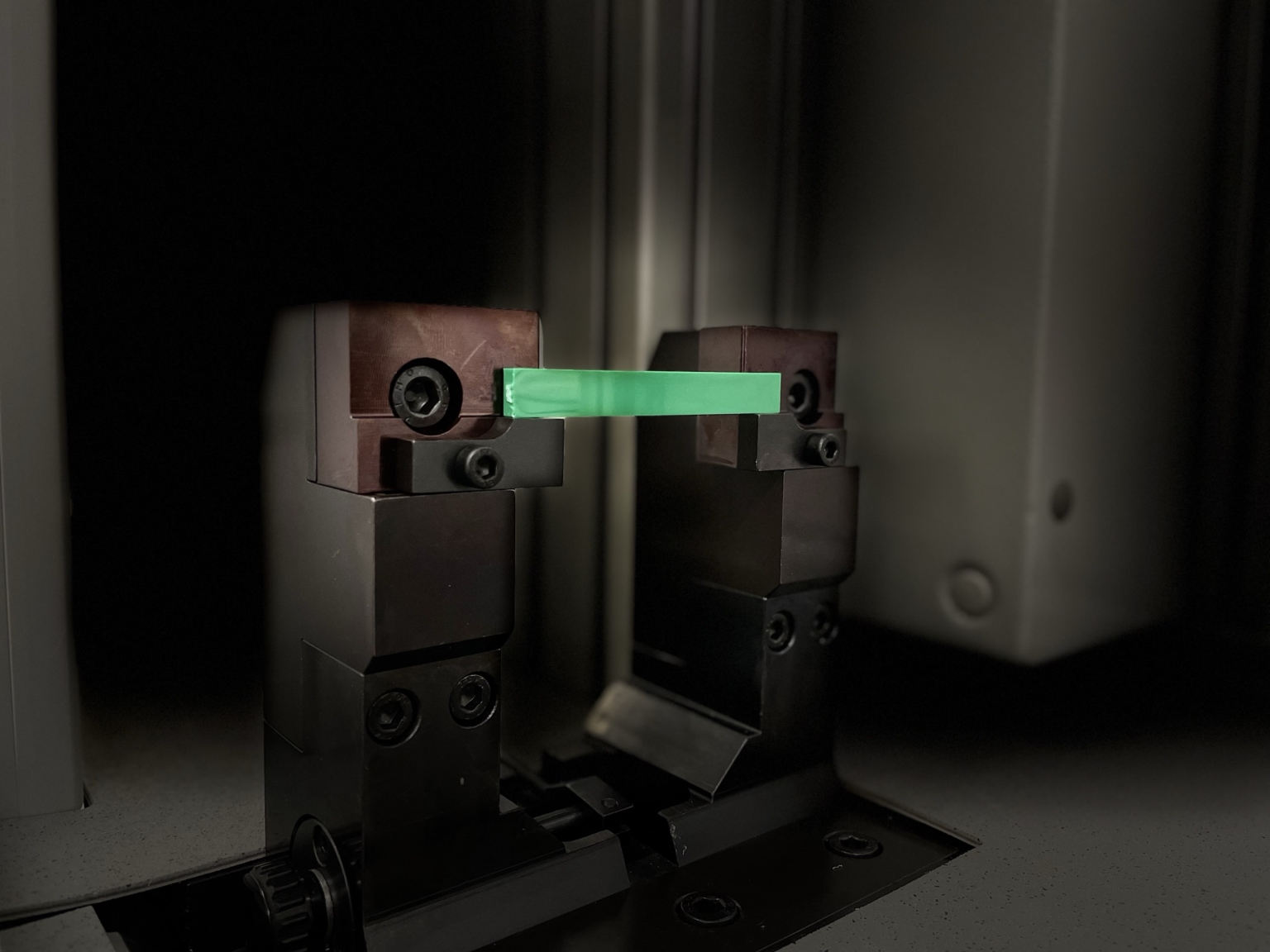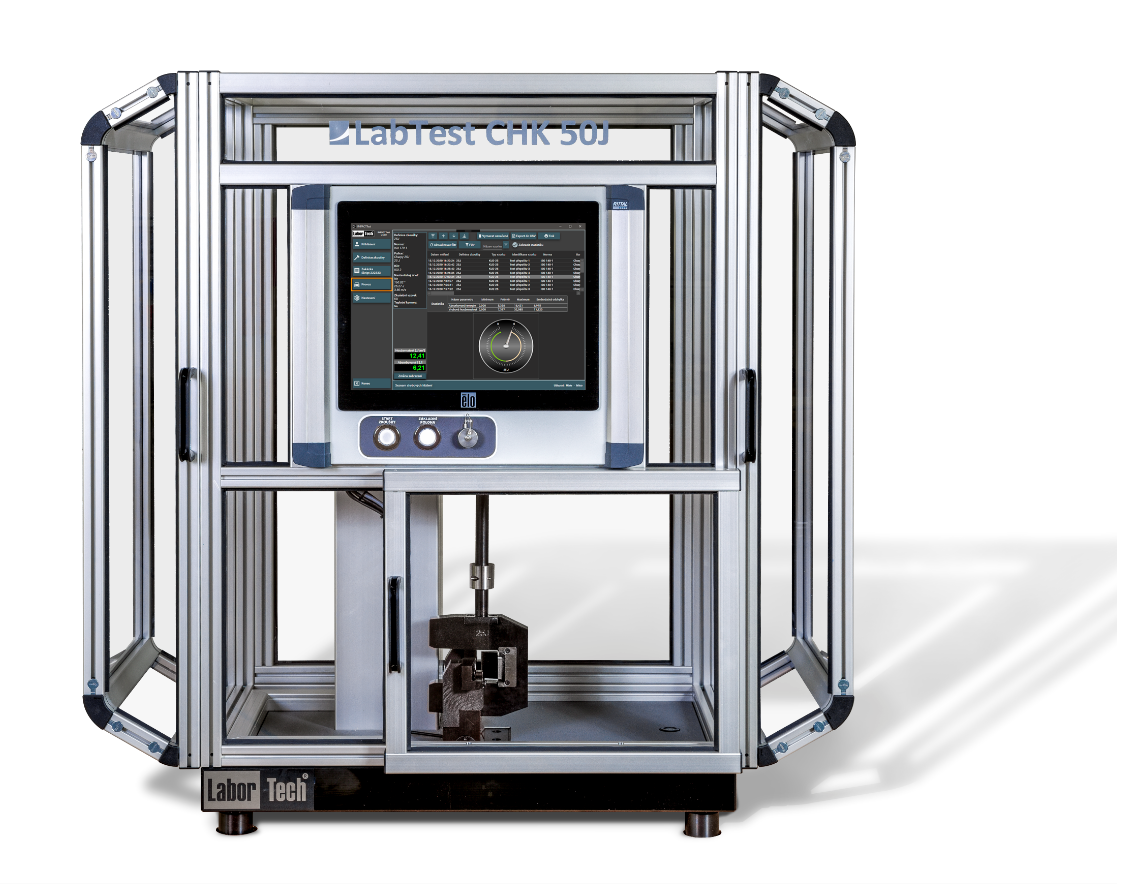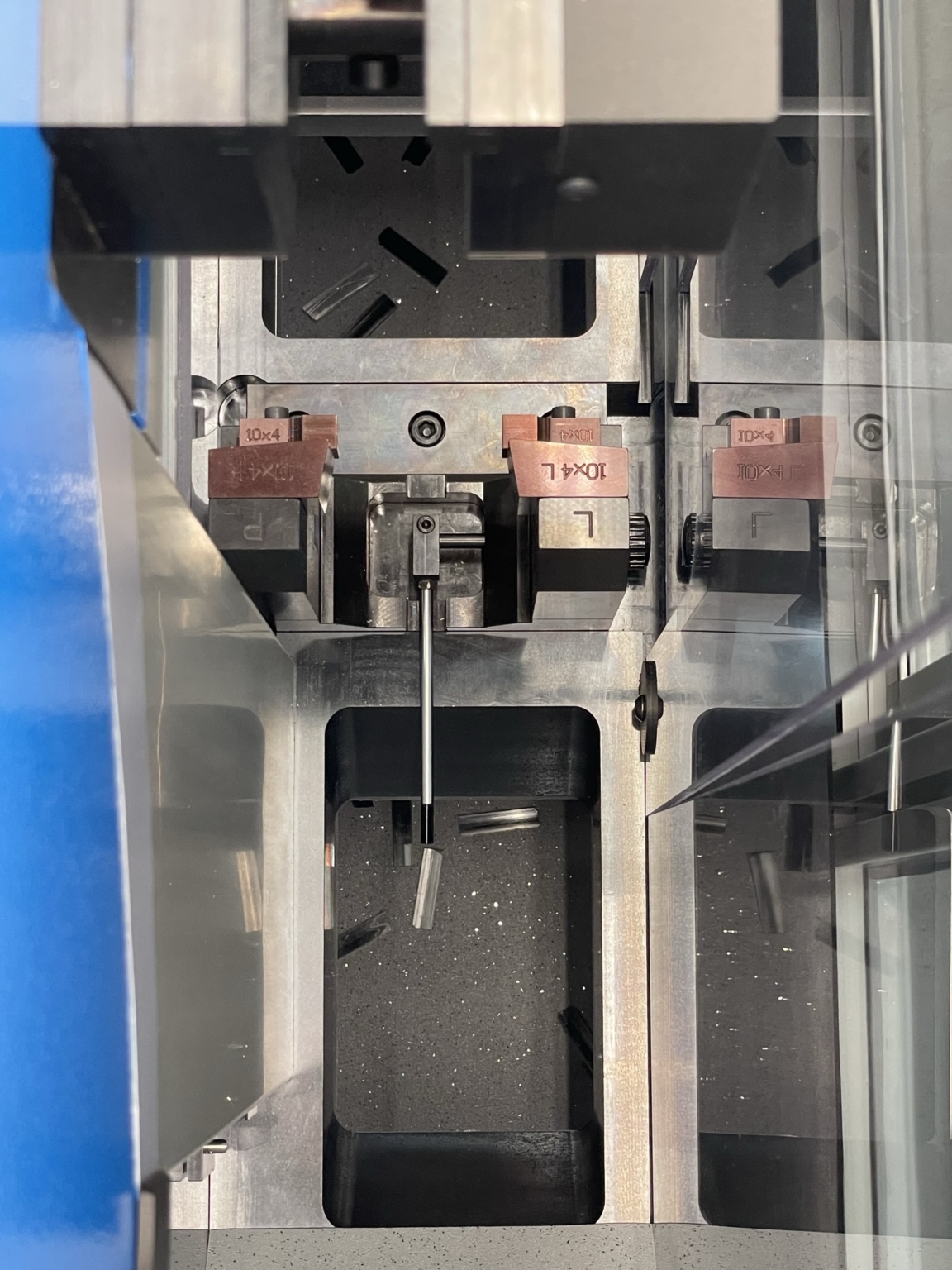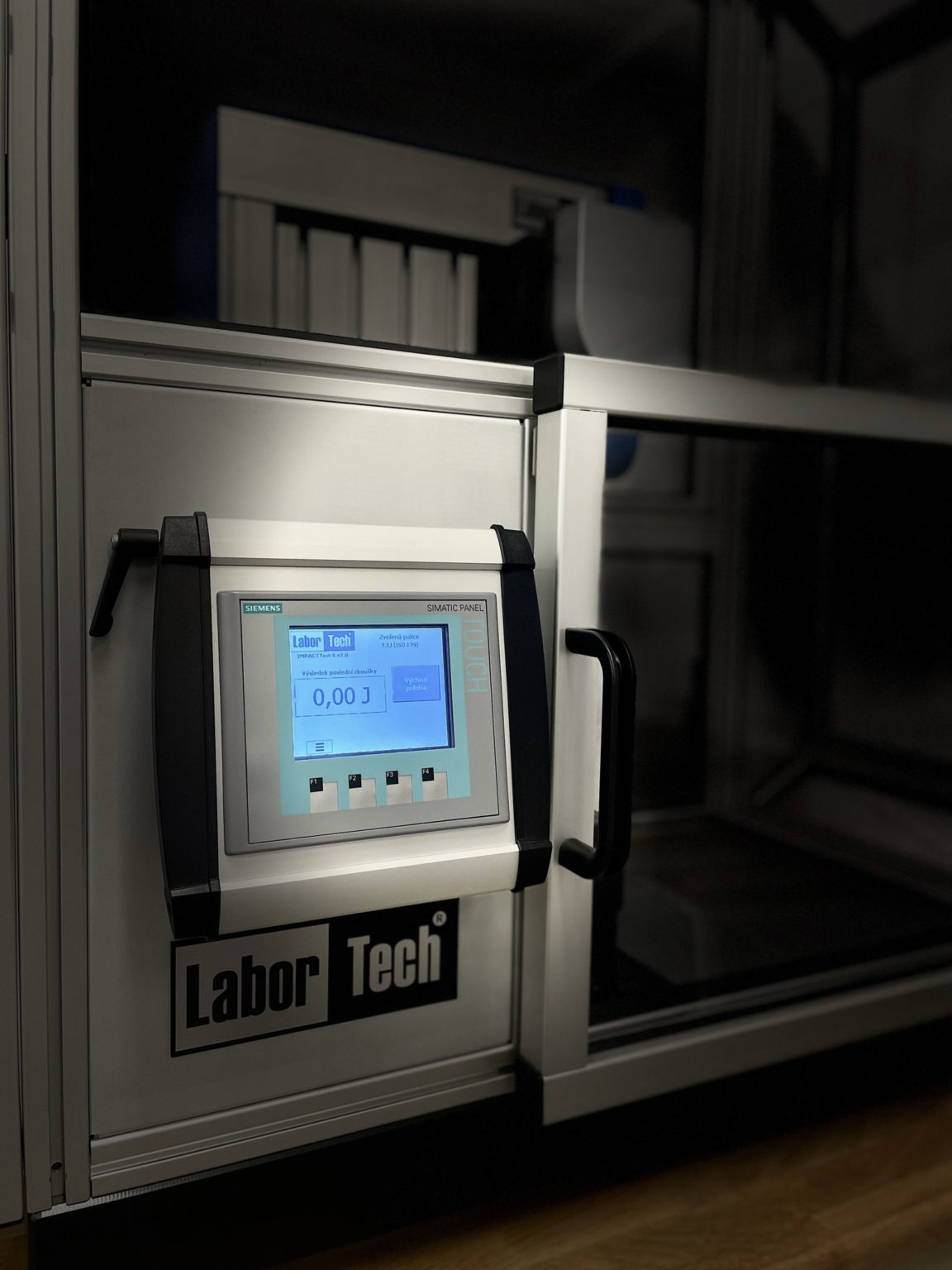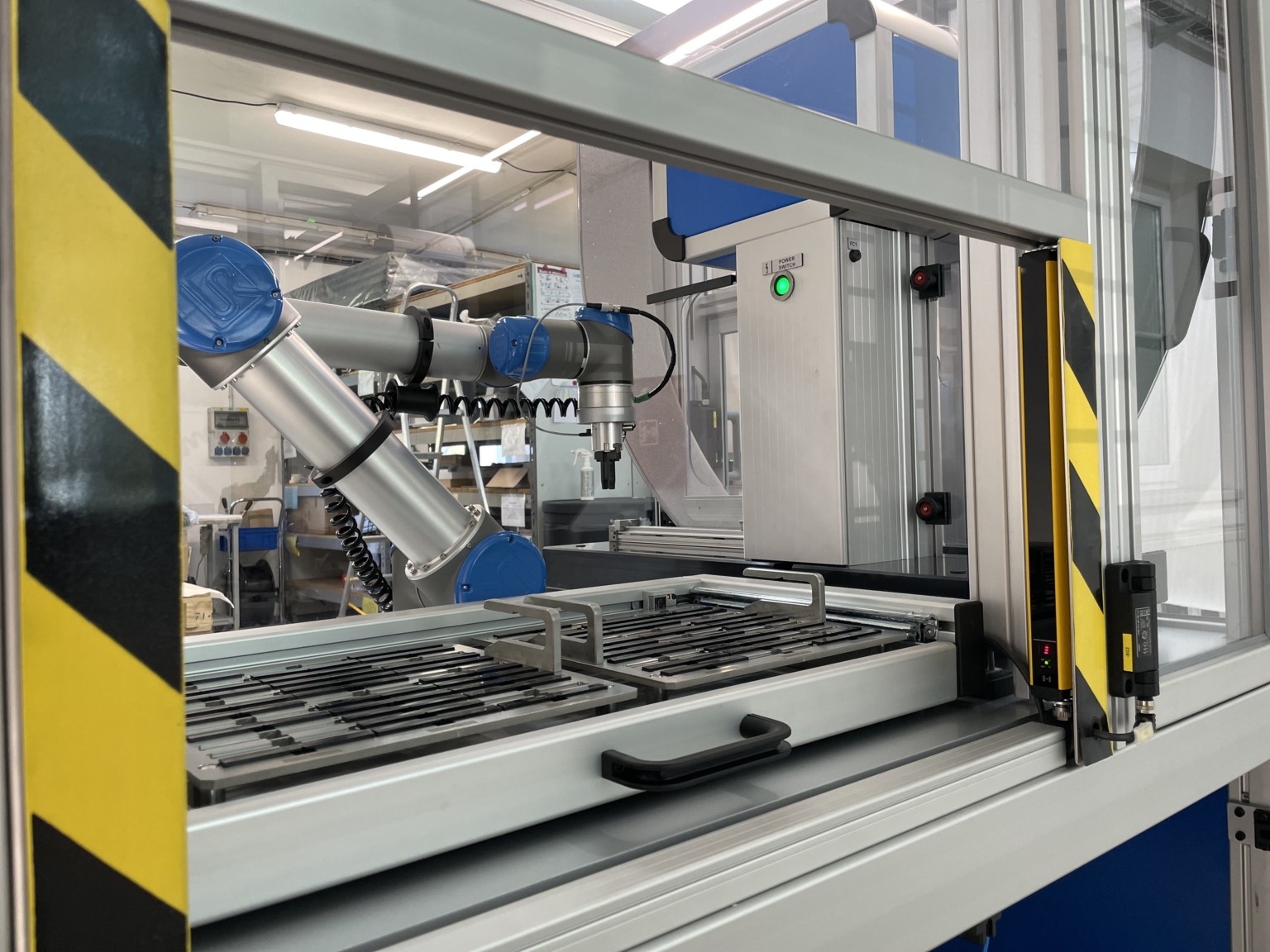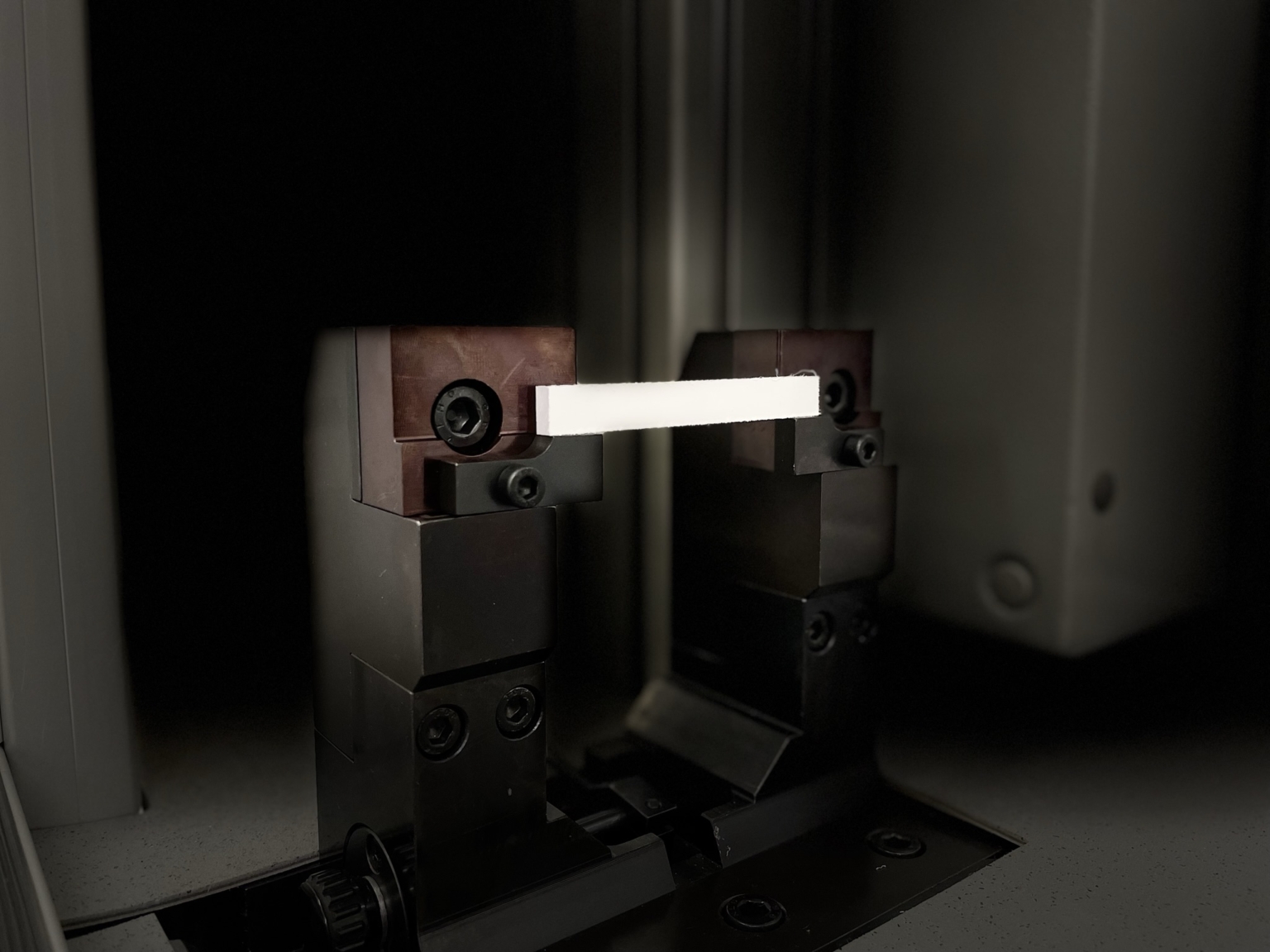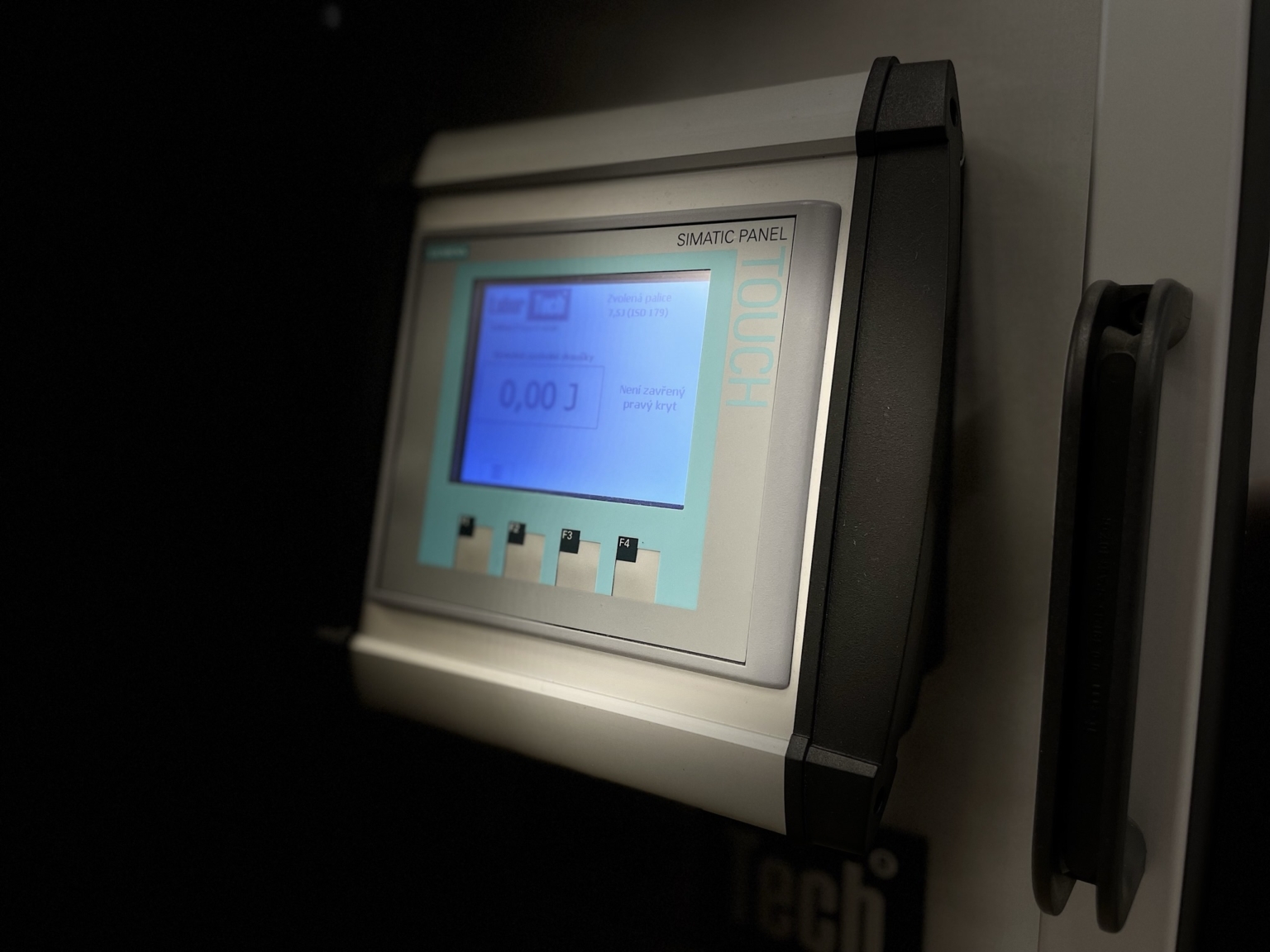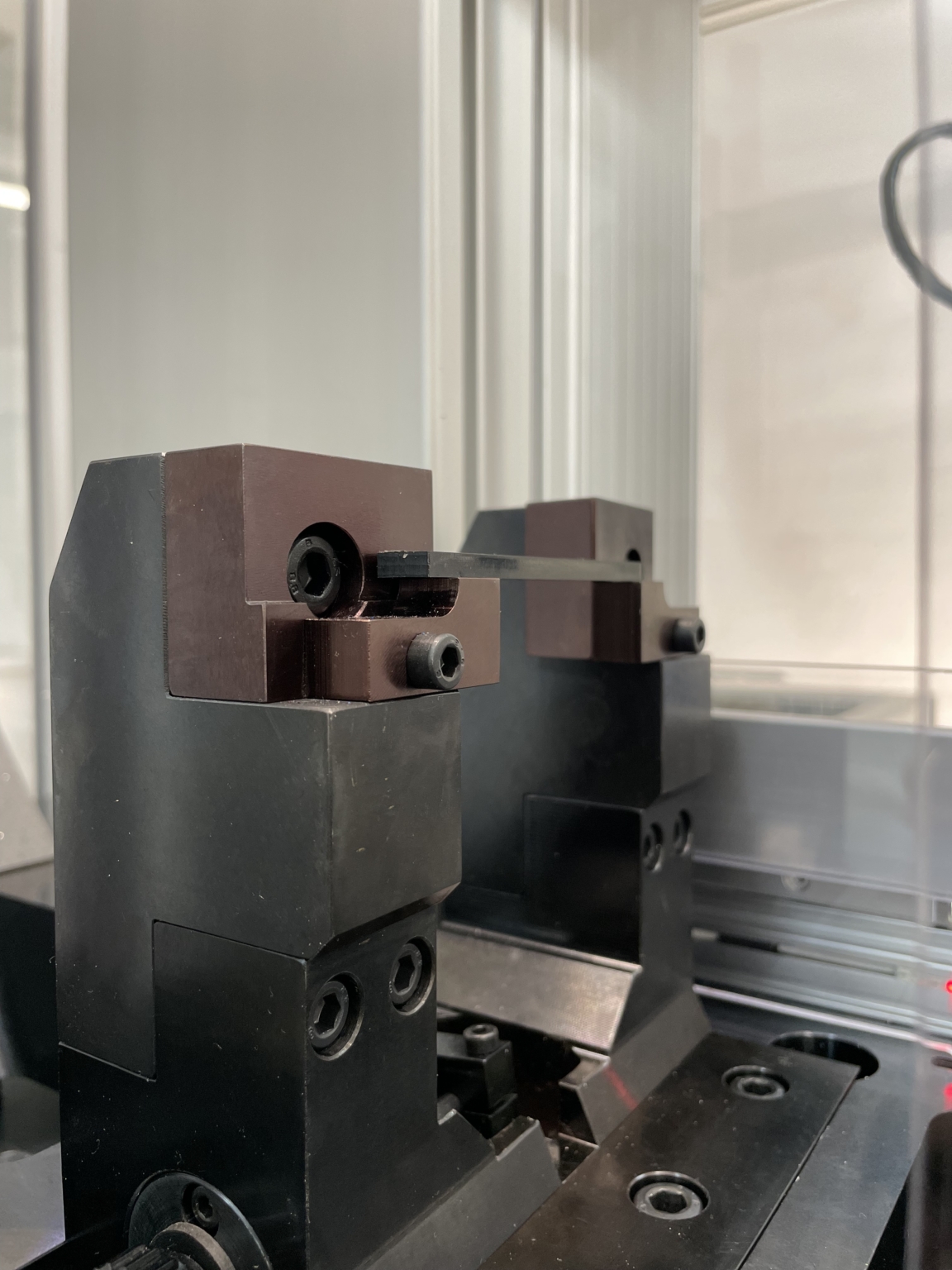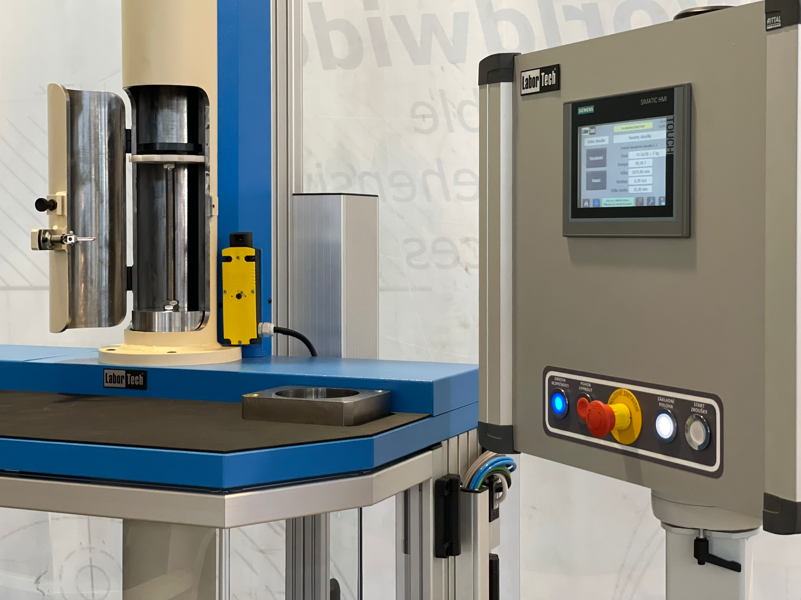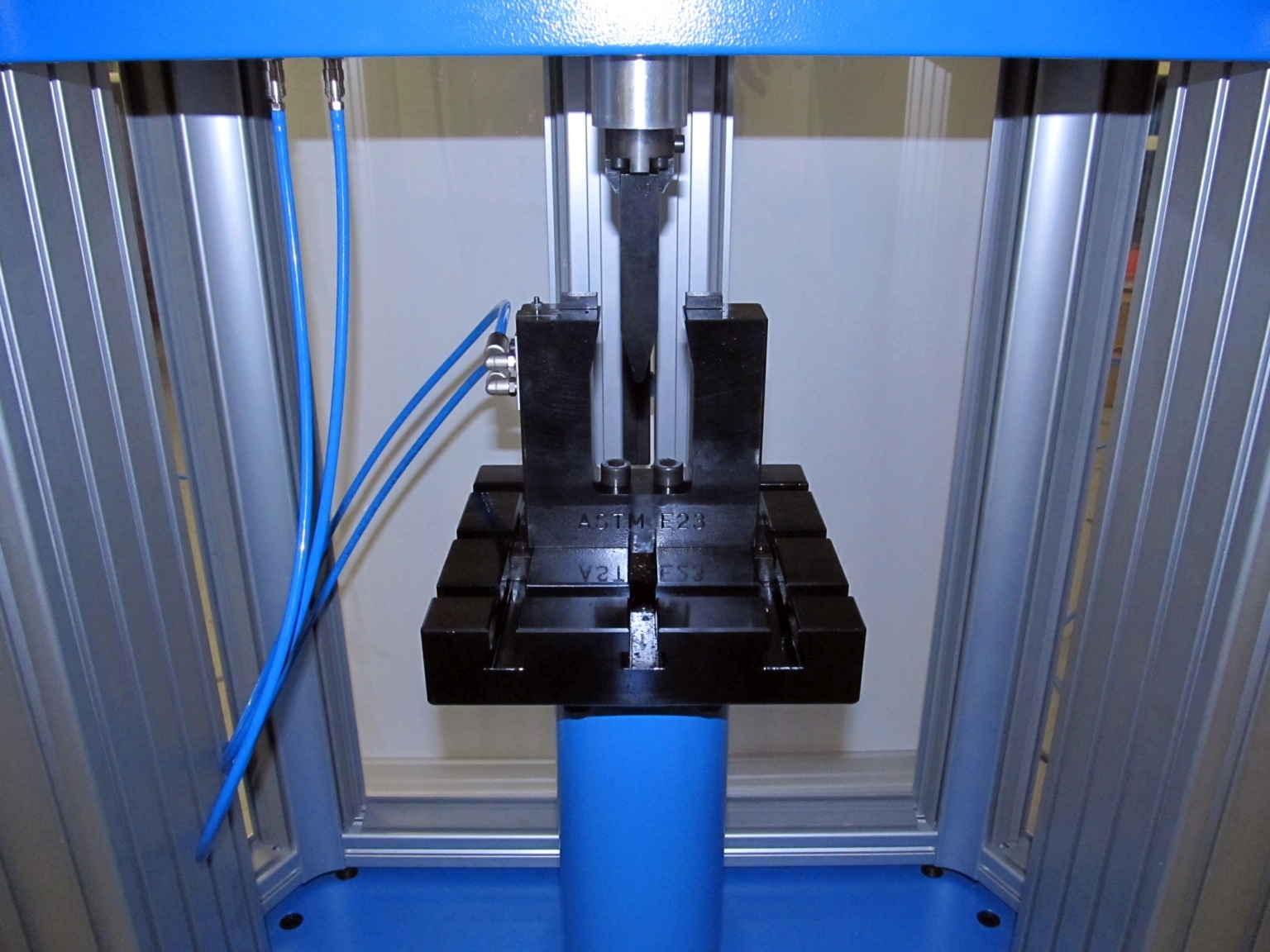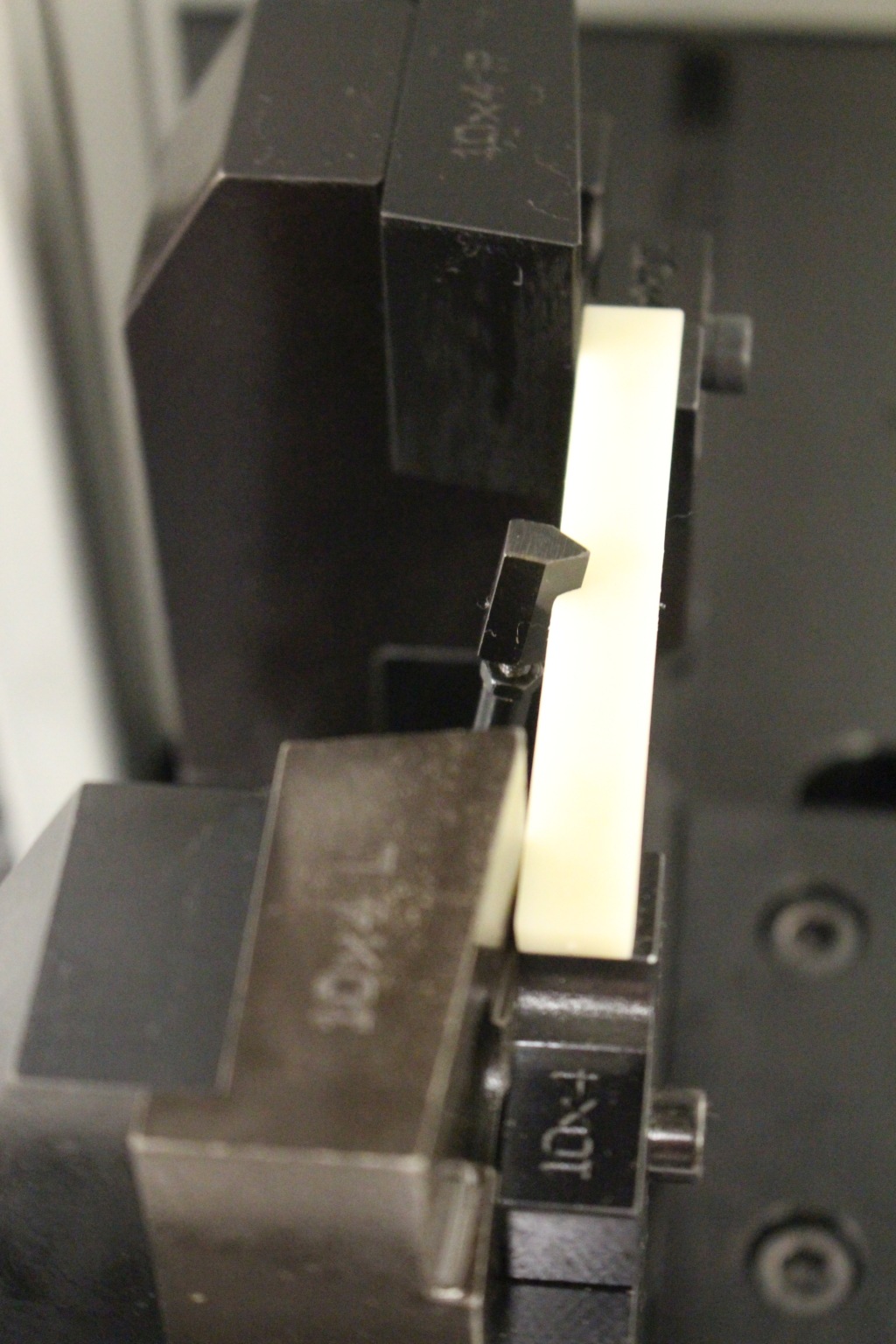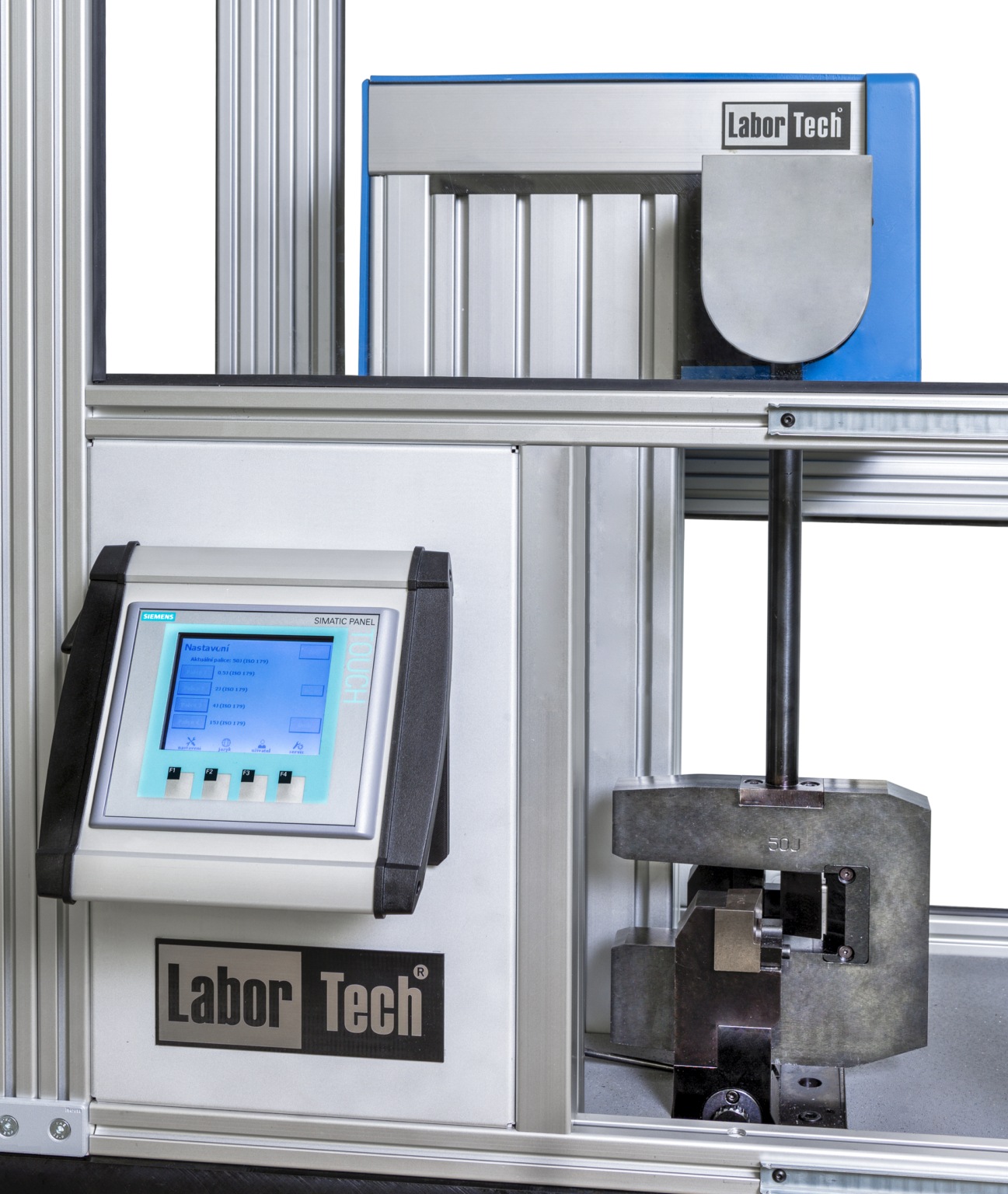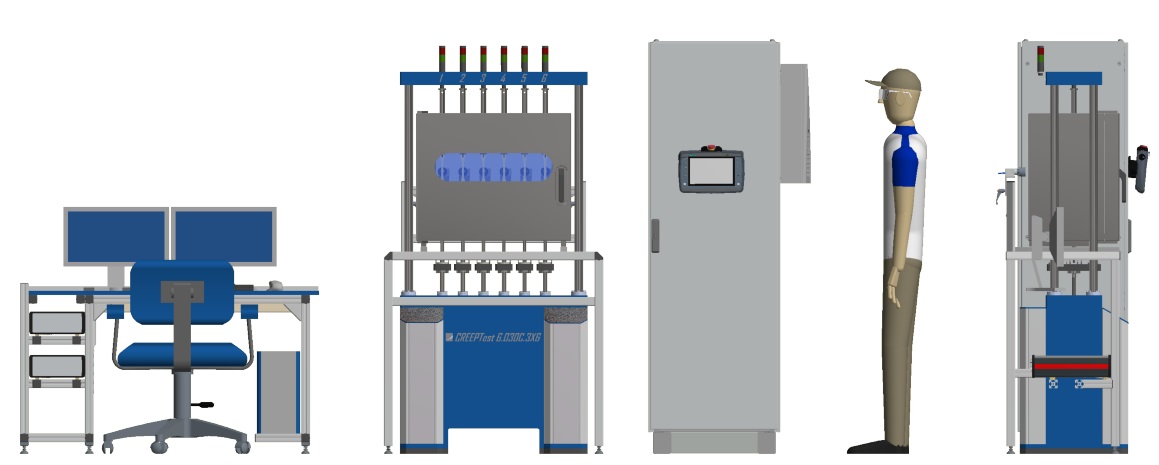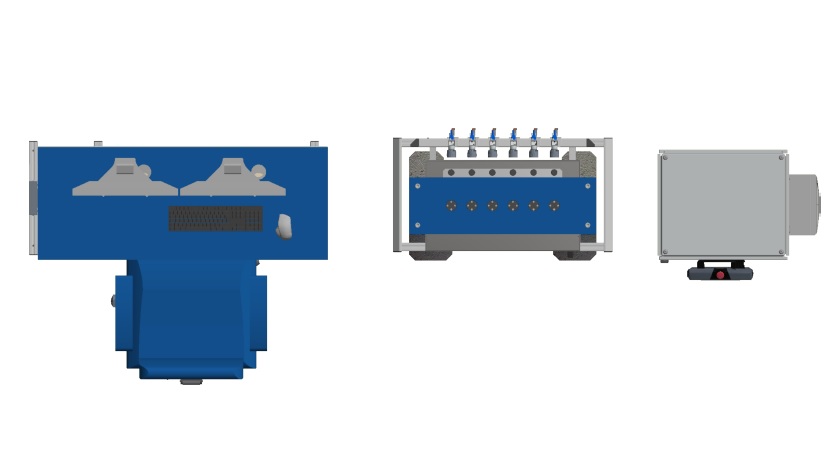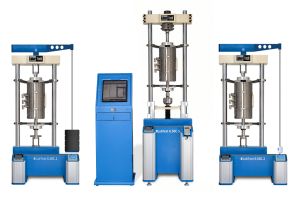PLASTICS – TEST METHODS
Contact
Plastics – mechanical tests of plastics represent a necessary element in the entire process of development, production and certification of plastic materials. These tests provide critical information about the mechanical properties of plastics that are key to the design and manufacture of plastic products in various industries. In the plastics industry, where emphasis is placed on product quality and safety, they thus become an essential tool for achieving optimal performance and reliability. Plastics tests are designed to provide a comprehensive view of the material’s mechanical properties. These include tensile tests to measure tensile strength, bending tests to evaluate elasticity and flexural strength, compression tests to determine compressive strength, and other specific tests focused on different aspects of plastic behavior under different conditions.Overall, mechanical testing of plastics plays a key role in providing reliable data on material properties, which is essential for success and competitiveness in the plastics industry.
TESTS IN TENSION
BENDING TESTS
PRESSURE TESTS
SHEAR TESTS
CYCLIC TESTS
IMPACT TESTS
CREEP TESTS
SAMPLE PREPAR.
MEZERA
MEZERA
Proper evaluation of mechanical properties helps manufacturers, engineers and designers to optimize their products and minimize the risk of failure under real operating conditions. The experts of our company are ready to provide you with additional information about the test standards, including the correct equipment for conducting these tests. Visit our Showroom in Opava and we will be happy to provide you with more detailed information and an offer based on your specific requirements.
We look forward to your visit!
TEST STANDARDS FOR TESTING PLASTICS
Plastics testing standards are of vital importance to the plastics industry for several reasons:
- Quality and Safety: Standards provide standards for testing, enabling producers and researchers to assess the quality and safety of plastics. Compliance with regulatory requirements means that the plastic material is compliant and safe for use in specific applications.
- Comparability: Standards create a common reference framework for testing, allowing test results to be compared between different laboratories and research institutions. This ensures data consistency and trustworthiness.
- Innovation and Development: Standardized testing methods support innovation and development of new plastic materials. Researchers can compare the properties of different materials and optimize their composition based on regulatory requirements.
- Certification: Many industries, such as the automotive industry or the food industry, require plastic materials to meet certain standards. Certification according to these standards is often necessary for the product to be placed on the market.
- Legal Requirements: Some standards are set by law and compliance with them is mandatory. It is a guarantee that the products comply with legal regulations and are safe for consumers.
All in all, plastics testing standards are a key tool for ensuring the quality, safety and comparability of plastic materials in industry.
TENSILE TESTS OF PLASTICS
Plastic tensile testing is a necessary process in industry for detailed analysis of the mechanical properties of plastic materials. This method provides important information that is key to the design, manufacture and certification of plastic components in a wide range of industries. Here we look at the key aspects of this exam and its importance in an industrial context.
Key Parameters of Tensile Testing: ultimate tensile strength – identifies the maximum tensile force that the material can withstand before reaching the failure point. This value is key to evaluating material strength, modulus of elasticity – measures how the material reacts to stress and deformation during tension. The modulus of elasticity indicates how flexible or stiff the plastic material is and the elongation at break of the specimen – indicates how far the material can be stretched before breaking. This value is crucial for evaluating the plasticity of the material.
Plastics tensile testing plays a key role in the industry and contributes to ensuring quality, safety and innovation in the field of plastic materials. Regular evaluation of the mechanical properties of plastics is necessary for the correct selection of materials and optimization of production processes.
APPLICABLE STANDARDS FOR TENSILE TESTS OF PLASTICS
The correct choice of standard is essential to ensure consistent and reliable results…
ČSN EN ISO 527-1
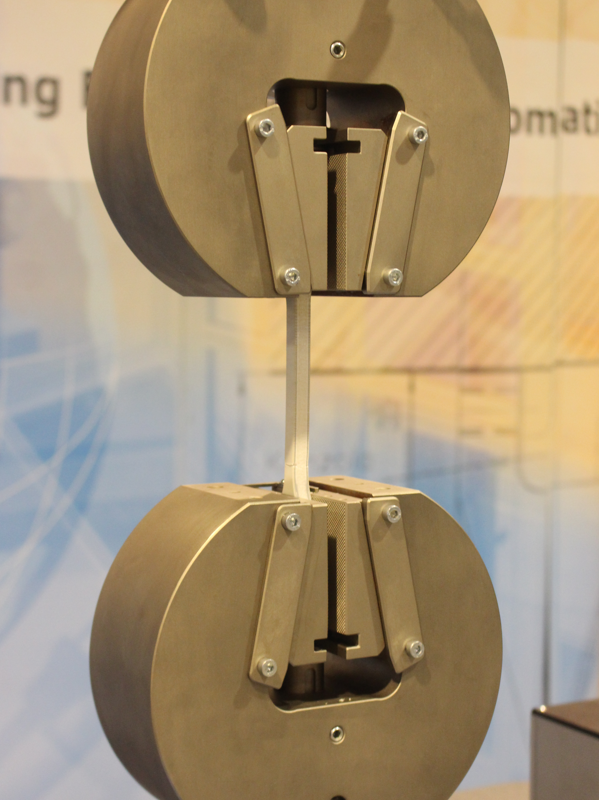
Plasty – Stanovení tahových vlastností – Část 1: Obecné principy. Více informací…
| VÝBĚR STROJE |
ČSN ISO 37
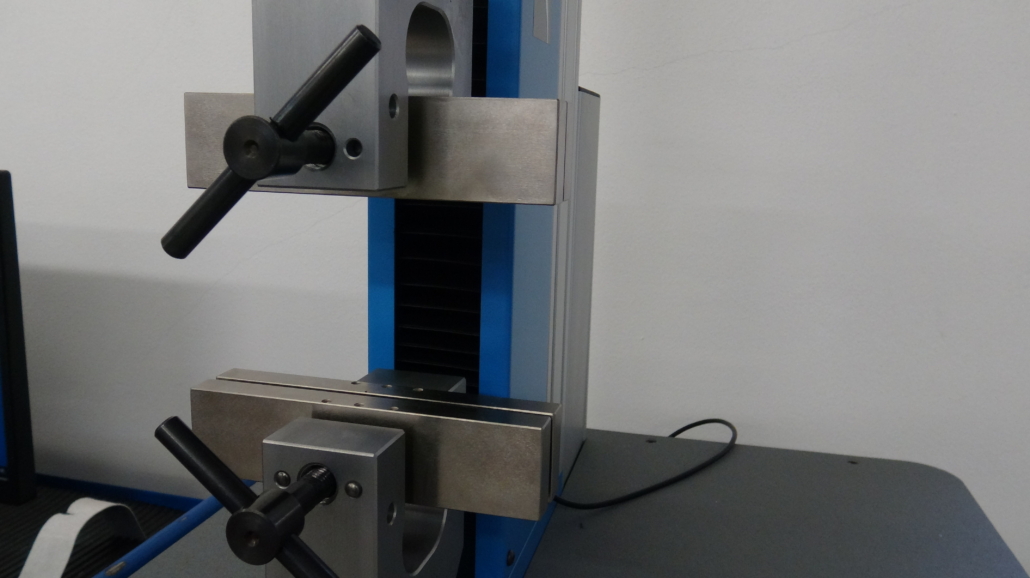
Pryž, vulkanizovaný nebo termoplastický elastomer – Stanovení tahových vlastností. Více informací…
| VÝBĚR STROJE |
ASTM D751
ČSN EN ISO 1798
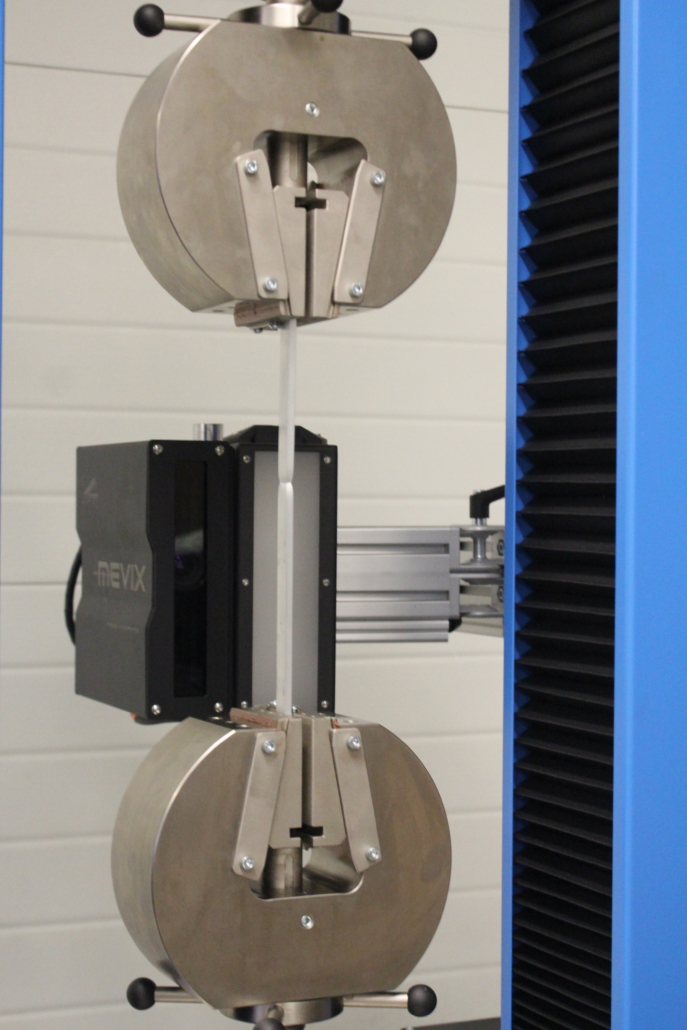
Měkké lehčené polymerní materiály – Stanovení pevnosti v tahu a tažnosti. Více informací…
| VÝBĚR STROJE |
ČSN EN ISO 527-4

Plasty – Stanovení tahových vlastností – Část 4: Zkušební podmínky pro izotropní a orthotropní plastové kompozity vyztužené vlákny. Více informací …
| VÝBĚR STROJE |
ASTM D882

Standardní testovací metoda pro tahové vlastnosti tenkých plastových fólií. Více informací …
| VÝBĚR STROJE |
ISO 8513:2023

Plastové potrubní systémy. Trubky z termosetů (GRP) vyztužené sklem. Zkušební metody pro stanovení počáteční podélné pevnosti v tahu. . Více informací …
| VÝBĚR STROJE |
ČSN EN ISO 29864
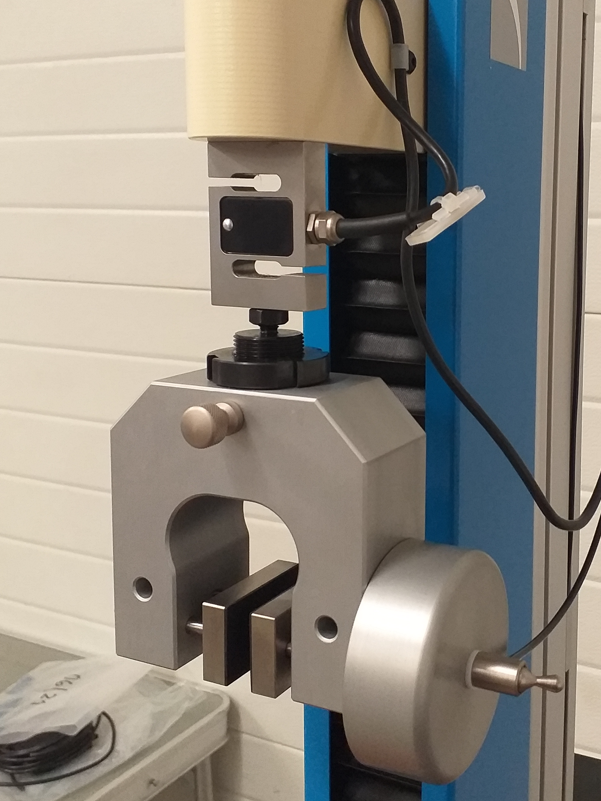
Samolepicí pásky – Měření meze pevnosti v tahu a prodloužení při přetržení . Více informací …
| VÝBĚR STROJE |
ČSN EN ISO 80369
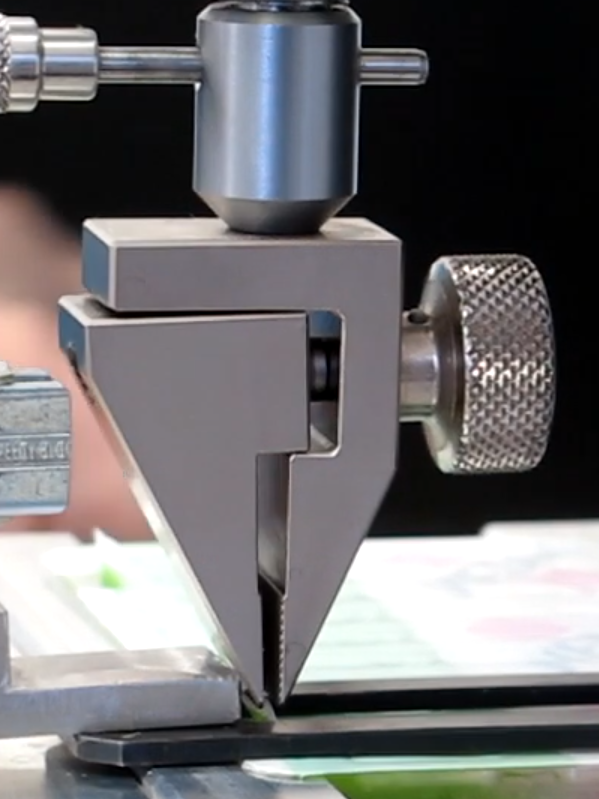
Konektory s malým vnitřním průměrem pro kapaliny a plyny používané ve zdravotnictví – Část 7: Konektory pro intravaskulární nebo podkožní použití. Více informací…
| VÝBĚR STROJE |
ČSN EN 2561
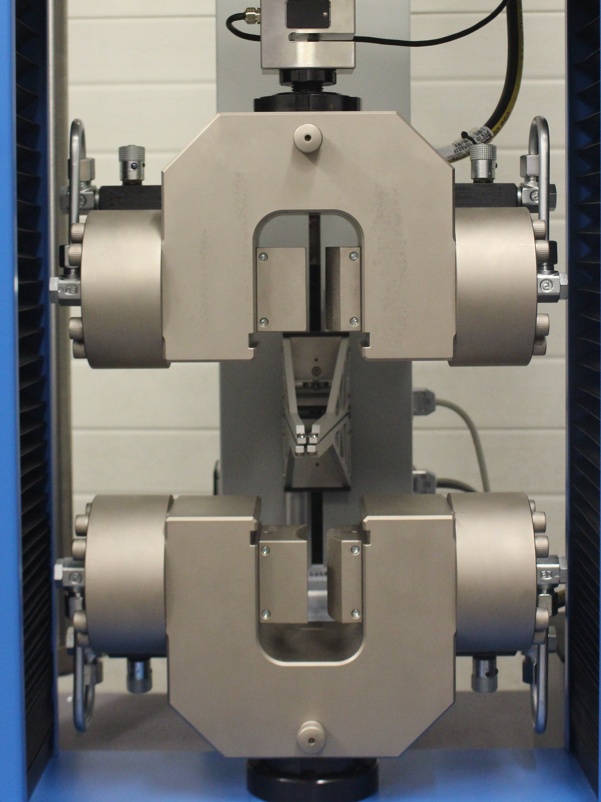
Letectví a kosmonautika – Plasty vyztužené uhlíkovými vlákny – Jednosměrné kompozity – Zkouška tahem rovnoběžně se směrem vláken. Více informací …
| VÝBĚR STROJE |
DIN 19537-2

Trubky a tvarovky z polyetylenu s vysokou hustotou (HDPE) pro odpady a kanalizaci více informací …
| VÝBĚR STROJE |
ČSN EN 15870
ASTM D 638

Standardní zkušební metoda pro mechanické vlastnosti plastů. Více informací…
| VÝBĚR STROJE |
ASTM D 412

Tahová sada pryžových a termoplastických elastomerů. Více informací…
| VÝBĚR STROJE |
DIN 53430

Testování pevných buněčných materiálů; Zkouška tahem. Více informací…
| VÝBĚR STROJE |
ASTM D3574

Standardní zkušební metody pro flexibilní buněčné materiály – deskové, lepené a lisované uretanové pěny. Více informací…
| VÝBĚR STROJE |
ČSN EN ISO 6383-1

Plasty – Fólie a desky – Stanovení odolnosti proti dalšímu trhání – Část 1: Metoda trouser. Více informací..
| VÝBĚR STROJE |
ASTM D 5323

Standardní postup pro stanovení 2 % modulu sekantu pro polyetylenové geomembrány. Více informací …
| VÝBĚR STROJE |
ISO 8533:2019

Trubky a tvarovky z termosetových plastů vyztužených sklem (GRP). Zkušební metody k prokázání návrhu lepených nebo obalených spojů . Více informací …
| VÝBĚR STROJE |
ČSN EN ISO 8295
ČSN EN ISO 527-3

Plasty – Stanovení tahových vlastností – Část 3: Zkušební podmínky pro fólie a desky. Více informací…
| VÝBĚR STROJE |
ASTM D 1708

Je standardizovaná zkušební metoda pro stanovení tahových vlastností plastových mikrotahových vzorků.. Více informací…
| VÝBĚR STROJE |
ISO 1926
ČSN EN 1607
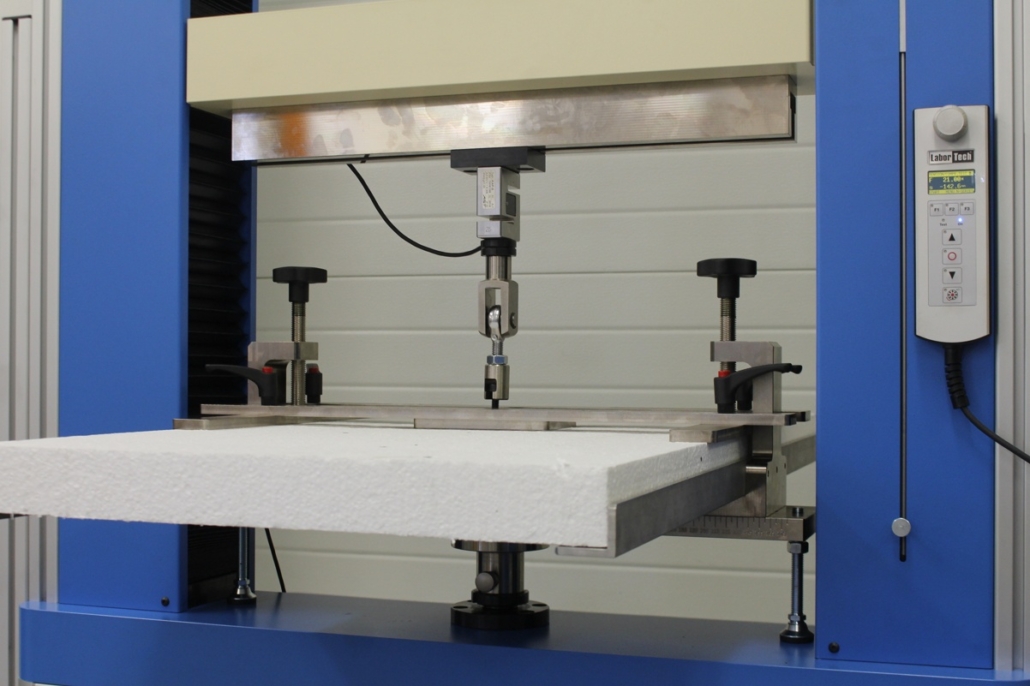
Tepelněizolační výrobky pro použití ve stavebnictví – Stanovení pevnosti v tahu kolmo k rovině desky. Více informací…
| VÝBĚR STROJE |
DIN 53504

Testování gumy – stanovení pevnosti v tahu při zlomení, napětí v tahu při výtěžku, prodloužení při přestávkách a napětí v tahovém testu.. Více informací…
| VÝBĚR STROJE |
ČSN EN ISO 1133-1

Plasty – Stanovení hmotnostního (MFR) a objemového (MVR) indexu toku taveniny termoplastů – Část 1: Standardní metoda. Více informací…
| VÝBĚR STROJE |
ČSN EN ISO 11897
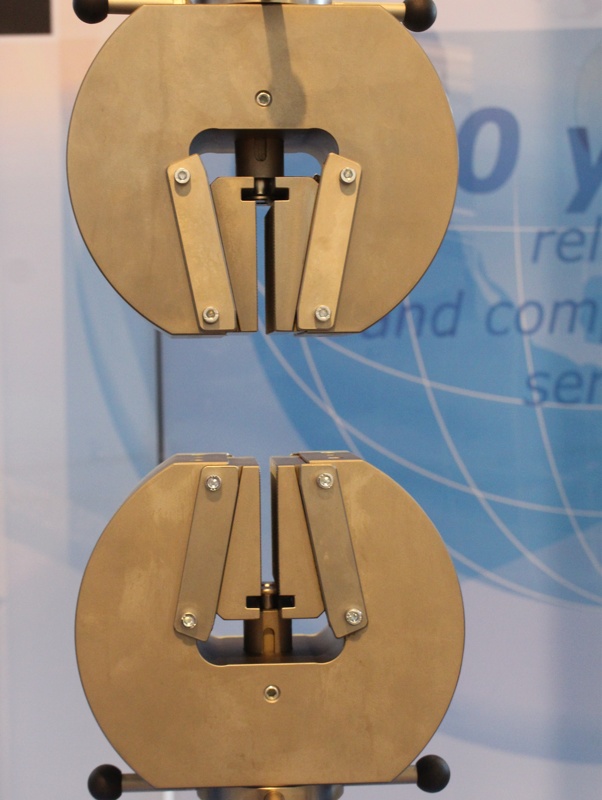
Obaly – Pytle z termoplastických měkkých fólií – Rozšiřování trhlin v postranních záhybech. Více informací …
| VÝBĚR STROJE |
ČSN EN ISO 6259-1

Trubky z termoplastů – Stanovení tahových vlastností – Část 1: Obecná zkušební metoda. Více informací …
| VÝBĚR STROJE |
ČSN EN ISO 1798

Měkké lehčené polymerní materiály – Stanovení pevnosti v tahu a tažnosti. Více informací …
| VÝBĚR STROJE |
ČSN EN 2597

Letectví a kosmonautika – Plasty vyztužené uhlíkovými vlákny – Jednosměrné kompozity – Zkouška tahem kolmo na směr vláken. Více informací …
| VÝBĚR STROJE |
ČSN EN 2747

Letectví a kosmonautika – Sklem vyztužené plasty – Zkouška tahem. Více informací…
| VÝBĚR STROJE |
ASTM D 1623

Standardní zkušební metoda pro tahové a tahové adhezní vlastnosti tuhých celulárních plastů. Více informací…
| VÝBĚR STROJE |
ČSN EN ISO 1421

Textilie povrstvené pryží nebo plasty – Stanovení pevnosti a tažnosti. Více informací…
| VÝBĚR STROJE |
ČSN ISO 8533

Trubky a tvarovky z reaktoplastů vyztužených skleněnými vlákny (GRP) – Metody zkoušení pro ověření konstrukce lepených nebo laminovaných spojů. Více informací …
| VÝBĚR STROJE |
ČSN EN 15870

Lepidla – Stanovení pevnosti tupých spojů v tahu. Více informací …
| VÝBĚR STROJE |
DIN 53539

Testování Elastomerů; Hodnocení Propagace Slz, Přilnavosti A Odlupovacích Testů (ZAHRANIČNÍ STANDARD). Více informací…
| VÝBĚR STROJE |
ČSN EN ISO 10555-1

Intravaskulární katetry – Katetry sterilní a pro jedno použití – Část 1: Obecné požadavky. Více informací …
| VÝBĚR STROJE |
ISO 11040

Zkoušení naplněných injekčních stříkaček – Před plněné injekční stříkačky a každá zahrnuje různé součásti normy. Více informací …
| VÝBĚR STROJE |
ČSN EN ISO 8067

Měkké lehčené polymerní materiály – Stanovení odolnosti proti dalšímu trhání. Více informací …
| VÝBĚR STROJE |
ČSN EN ISO 527-2

Plasty – Stanovení tahových vlastností – Část 2: Zkušební podmínky pro tvářené plasty. Více informací …
| VÝBĚR STROJE |
Recommended testing machines designed for tensile testing of plastics
We will be happy to advise you on the right choice of machine…
TESTS OF PLASTICS IN BENDING
The bending test of plastics is a necessary procedure for determining the key mechanical properties of plastic materials. This test provides important information about the elasticity, strength and resistance of the material to bending forces, which is critical for the design and manufacture of plastic components in a wide range of industries.
Important Mechanical Properties Evaluated by Bending Test: Bending Strength – indicates the maximum bending force that the material can withstand before failure. Flexural Modulus – determines the material’s ability to withstand bending stress and at the same time determines its degree of stiffness, and Deflection Limit – defines the point at which the material reaches maximum bending without permanent deformation.
Plastic bending testing is a key tool for the design and production of plastic products. The information gained about mechanical properties allows engineers and manufacturers to optimize materials for specific applications. This test plays a role in the development of new materials, controls quality in the manufacturing process and ensures that the resulting products are durable, reliable and safe in real-world use.
APPLICABLE STANDARDS FOR PLASTIC BENDING TESTS
The correct choice of standard is essential to ensure consistent and reliable results…
ČSN EN ISO 20795-1
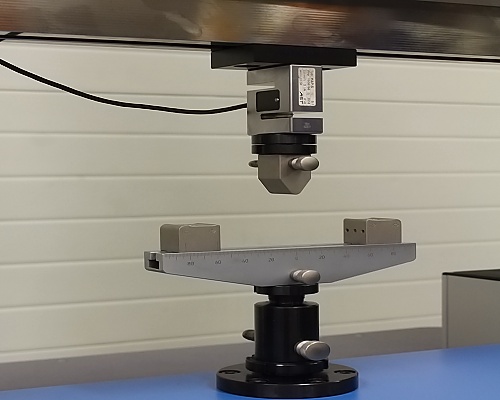
Stomatologie – Bazální polymery – Část 1: Polymery pro baze zubních náhrad. Více informací…
| VÝBĚR STROJE |
ASTM D6272-10
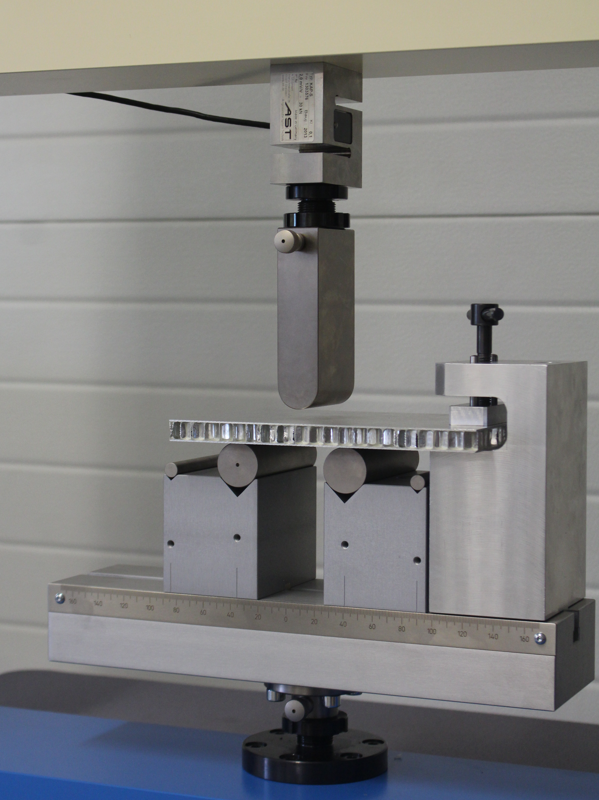
Standardní zkušební metoda pro ohybových vlastností z prostého a vyztužených plastů a Elektroizolační materiály čtyřbodovou Ohýbání. Více informací…
| VÝBĚR STROJE |
ISO 1209-1:2007
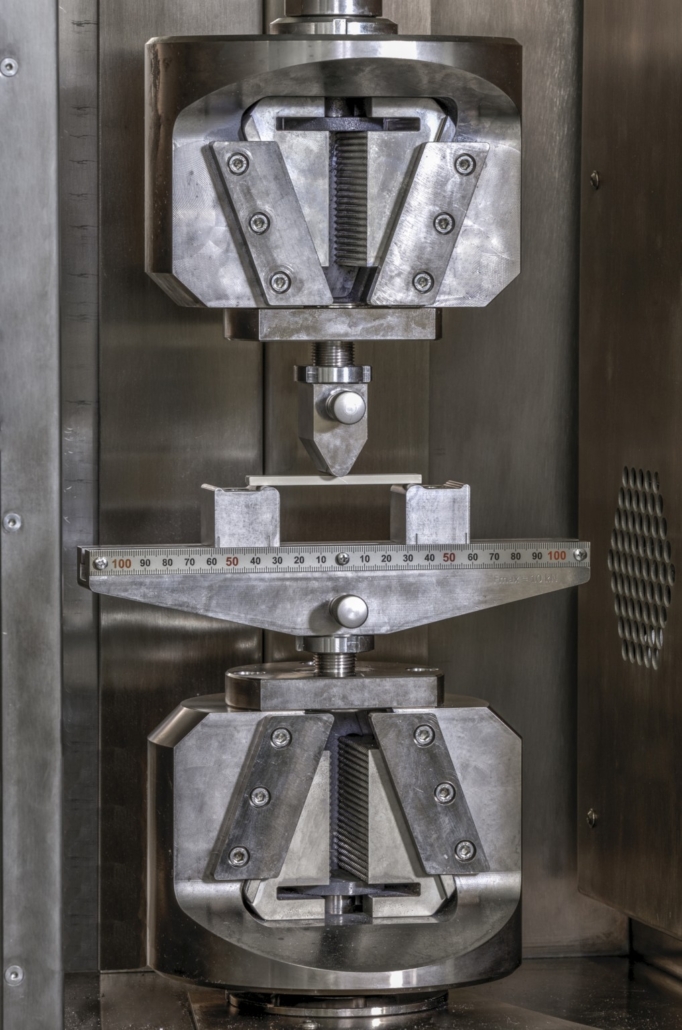
Tuhé celulární plasty. Stanovení ohybových vlastností. Část 1: Základní zkouška ohybem. Více informací…
| VÝBĚR STROJE |
ČSN EN ISO 178

Plasty – Stanovení ohybových vlastností. Tato norma uvádí metodu pro stanovení ohybových vlastností tuhých plastů a polotuhých plastů za definovaných podmínek. Více informací…
| VÝBĚR STROJE |
ASTM D5934-02

Standardní zkušební metoda pro stanovení modulu pružnosti pro tuhé a polotuhé plastové vzorky řízenou rychlostí zatěžování pomocí tříbodového ohýbání. Více informací…
| VÝBĚR STROJE |
JIS K 7221

Tuhé komůrkové plasty – Stanovení ohybových vlastností – Část 1: Základní zkouška ohybe. Více informací…
| VÝBĚR STROJE |
DIN 53457

Testování plastů; Stanovení modulu pružnosti tahovou, tlakovou a ohybovou zkouškou. Více informací…
| VÝBĚR STROJE |
ASTM D790

Standardní zkušební metody pro ohybové vlastnosti nevyztužených a vyztužených plastů a elektroizolačních materiálů. Více informací…
| VÝBĚR STROJE |
ASTM D747-10

Standardní zkušební metoda pro zdánlivý modul ohybu plastů pomocí konzolového nosníku. Více informací…
| VÝBĚR STROJE |
ČSN EN 12089

Tepelněizolační výrobky pro použití ve stavebnictví – Zkouška ohybem. . Více informací…
| VÝBĚR STROJE |
Recommended testing machines designed for bending tests of plastics
We will be happy to advise you on the right choice of machine…
PRESSURE TEST OF PLASTICS
Compression testing of plastics is a key procedure for assessing a material’s resistance to compression. This test allows obtaining important information about the behavior of plastics under pressure loads, which is necessary for the design and production of plastic components in various industries.
Important Mechanical Properties Evaluated by Compressive Testing: compressive strength limit – indicates the maximum compressive force that the material can withstand before failure, modulus of elasticity in compression – determines the material’s ability to withstand compressive stress and at the same time measures its elasticity and deformation Behavior – examines how the material behaves under compressive load, and provides information on the rate of deformation under pressure.
APPLICABLE STANDARDS FOR PLASTIC TESTS UNDER PRESSURE
Standards for plastic compression testing are a key tool for the research, development and production of plastics…
ČSN EN ISO 844
ČSN EN 826
ASTM D 3579
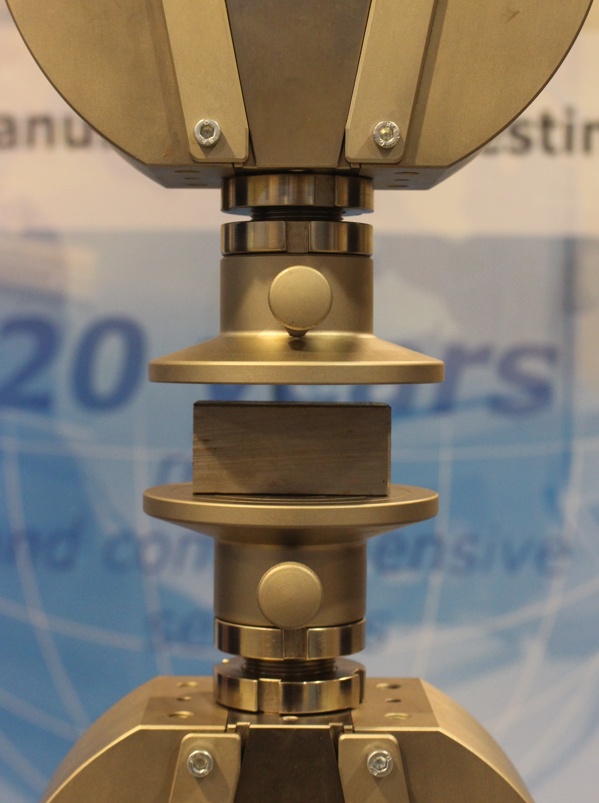
Standardní specifikace pro gumové chirurgické drenážní trubice, typ Penrose. Více informací …
| VÝBĚR STROJE |
ISO 4435:2003
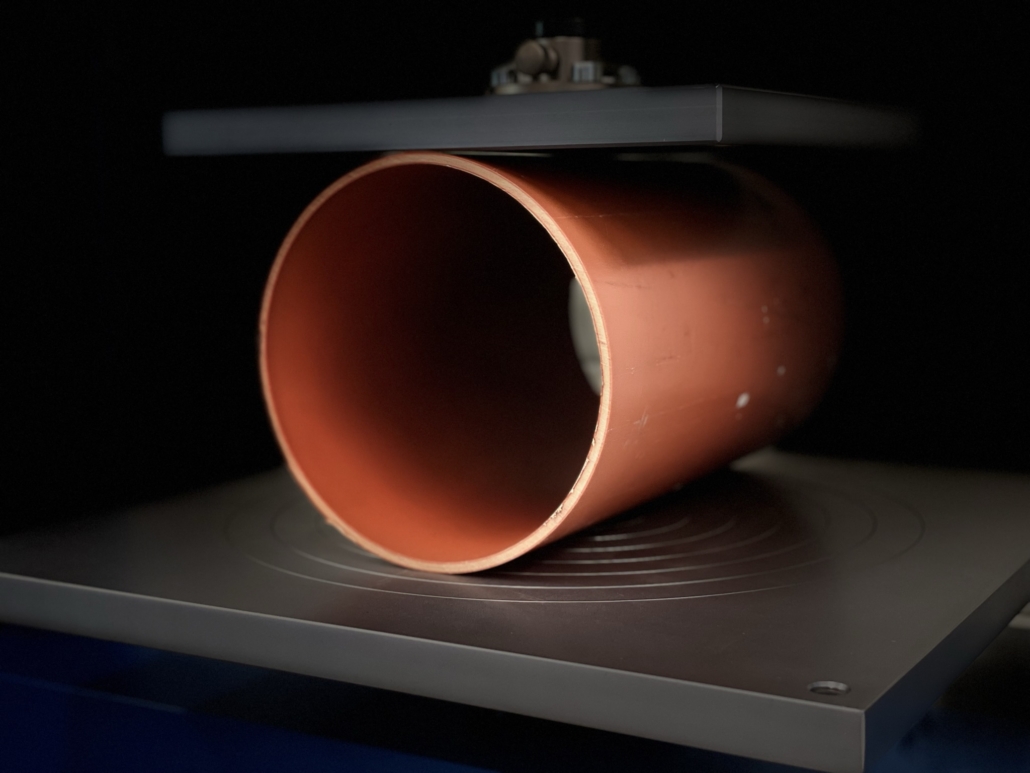
Plastové potrubní systémy pro beztlaké podzemní odvodnění a kanalizaci. Neměkčený poly(vinylchlorid) (PVC-U). Více informací …
| VÝBĚR STROJE |
EN 61386-24

Trubkové systémy pro vedení kabelů – Část 24: Zvláštní požadavky – Trubkové systémy uložené v zemi. Více informací…
| VÝBĚR STROJE |
ASTM D1621

Standardní zkušební metoda pro tlakovou vlastností tuhých lehčených plastů. Více informací …
| VÝBĚR STROJE |
ISO 11752:2000

Flexibilní buněčné polymerní materiály. Lisovaná a extrudovaná houba nebo výrobky z expandované lehčené pryže. Zkouška stlačitelnosti hotových dílů. Více informací …
| VÝBĚR STROJE |
DIN 53769-3

Testování trubek vyrobených z plastů vyztužených skelnými vlákny; Krátkodobé a dlouhodobé špičkové tlakové zkoušky na potrubí. Více informací …
| VÝBĚR STROJE |
ČSN EN ISO 2439
ISO 7743:2017

Pryžové, vulkanizované nebo termoplastické, stanovení tlakově-deformačních vlastností. Více informací …
| VÝBĚR STROJE |
ČSN EN 802

Plastové potrubní systémy. Vstřikované tvarovky z termoplastů pro tlakové potrubní systémy. Stanovení maximální deformace drcením Více informací …
| VÝBĚR STROJE |
ASTM D2412

Standardní zkušební metoda pro stanovení charakteristik vnějšího zatížení plastové trubky paralelním zatěžováním. Více informací …
| VÝBĚR STROJE |
ČSN EN ISO 604

Plasty – Stanovení tlakových vlastností. Norma popisuje metody pro stanovení vlastností plastů ze zkoušky tlakem. Více informací…
| VÝBĚR STROJE |
ASTM D 575
ČSN EN ISO 13968

Plastové rozvodné a ochranné potrubní systémy – Trubky z termoplastů – Stanovení kruhové pružnosti Více informací …
| VÝBĚR STROJE |
Recommended testing machines designed for compression testing of plastics
We will be happy to advise you on the right choice of machine…
SHEAR TESTS OF PLASTICS
The plastic shear test is an important test used to assess the mechanical properties of plastic materials, especially their resistance to shear stress or deformation. During this test, the material is subjected to a force that acts uniformly horizontally, causing the material to shift relative to itself.
The main properties that are determined by the plastic shear test include: Shear Strength (Compressive Strength): This is the maximum stress a material can withstand before permanent displacement or fracture occurs. This value is important for assessing the material’s resistance to external forces such as friction. Coefficient of friction: Determination of the coefficient of friction allows comparison of the behavior of different plastic materials under shear loading and contributes to design and engineering calculations.Deformation characteristics: The shear test allows an assessment of how a plastic material reacts to the application of force, including its ability to absorb energy during deformation and the degree of flexibility or plasticity.
These norms and standards are key to ensuring consistency and comparability of plastic shear test results across different laboratories and research institutions. They provide reliable methods for evaluating the mechanical properties of plastics and are an important tool for engineers and manufacturers in the design and manufacture of plastic components and structures.
APPLICABLE STANDARDS FOR SHEAR TESTS OF PLASTICS
The correct choice of standard is essential to ensure consistent and reliable results…
ČSN EN ISO 14129
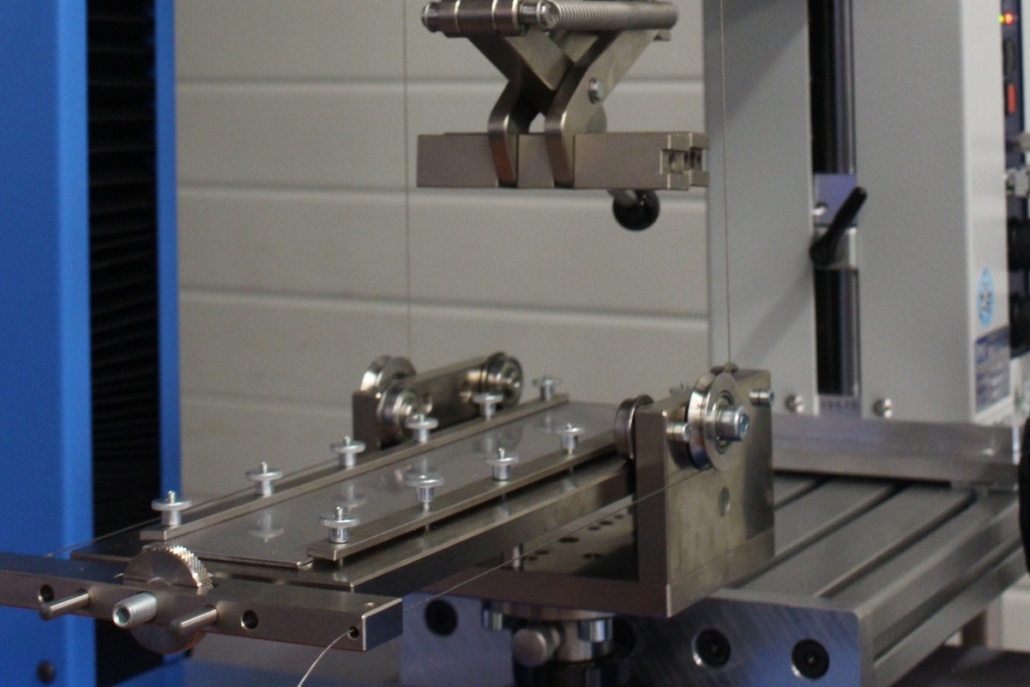
Vlákny vyztužené plastové kompozity – Tahová zkouška na ±45° laminátech pro stanovení křivky smykové napětí / smyková deformace, smykového modulu a smykové pevnosti v rovině . Více informací…
| VÝBĚR STROJE |
ČSN EN ISO 14130

Vlákny vyztužené plastové kompozity – Stanovení zdánlivé mezilaminární smykové pevnosti metodou krátkého nosníku. Více informací …
| VÝBĚR STROJE |
ČSN ISO 6383-2
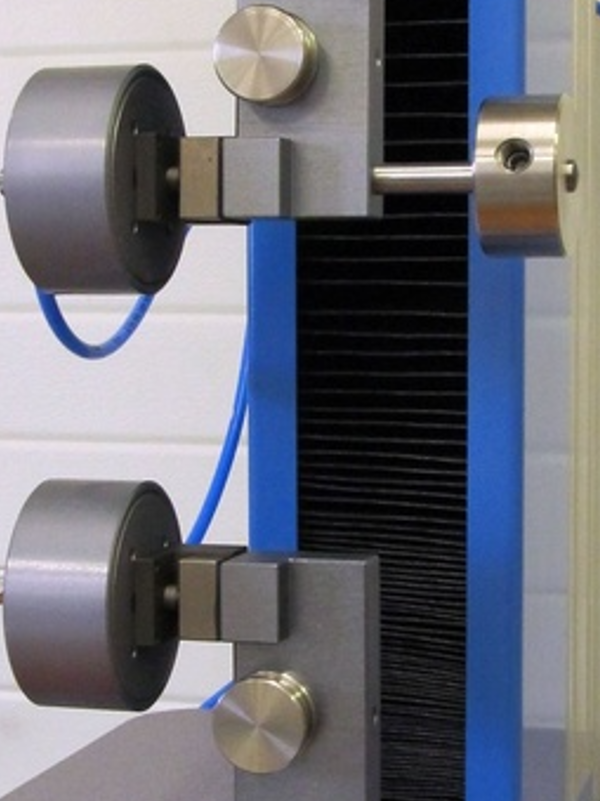
Plasty. Fólie. Stanovení odolnosti proti dalšímu trhání. Část 2: Elmendorfova metoda. Více informací …
| VÝBĚR STROJE |
ASTM D732
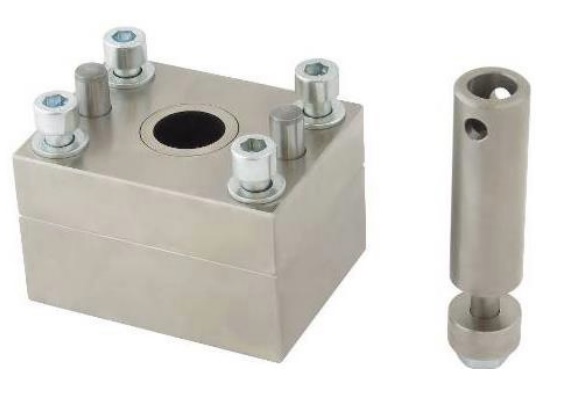
Standardní zkušební metoda pro pevnost ve smyku plastů pomocí děrovacího nástroje. Více informací…
| VÝBĚR STROJE |
ASTM D1004

Standardní zkušební metoda pro odolnost proti roztržení (graves tear) plastové fólie a fólie. Více informací…
| VÝBĚR STROJE |
ASTM D3846
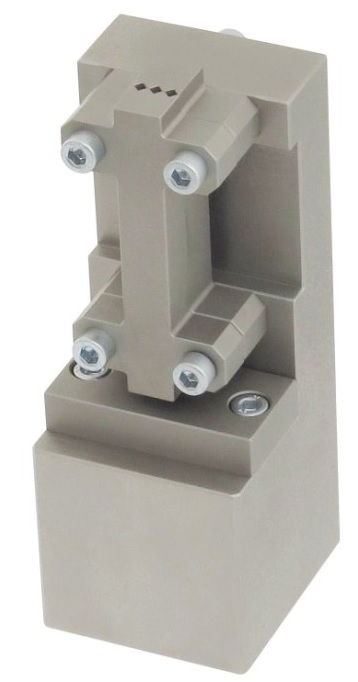
Standardní zkušební metoda pro pevnost ve smyku vyztužených plastů v rovině. . Více informací…
| VÝBĚR STROJE |
ASTM D1938

Standardní zkušební metoda pro odolnost proti šíření roztržení (roztržení kalhot) plastové fólie a tenké fólie metodou jediného roztržení. Více informací…
| VÝBĚR STROJE |
ASTM D2344/D2344M
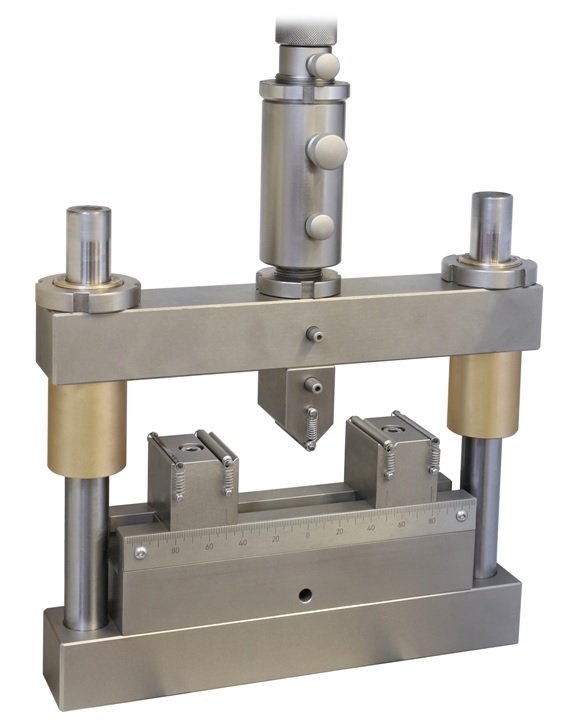
Plasty – Standardní zkušební metoda pro pevnost krátkých paprsků kompozitních materiálů s polymerní matricí a jejich laminátů. Více informací…
| VÝBĚR STROJE |
ČSN EN ISO 6383-1

Plasty – Fólie a desky – Stanovení odolnosti proti dalšímu trhání – Část 1: Metoda trouser. Více informací…
| VÝBĚR STROJE |
Recommended testing machines designed for shear testing of plastics
We will be happy to advise you on the right choice of machine…
CYCLIC FATIGUE TEST OF PLASTICS
Fatigue and cyclic tests of plastics are important procedures for evaluating material behavior under repeated loads. These tests simulate the repeated stresses that materials experience during their life cycle and allow their resistance to fatigue and cyclic loading to be assessed.During repeated cyclic loading of plastics, periodic changes in stress occur, which can lead to a gradual weakening of the material and, ultimately, to the appearance of cracks and failures. These materials are tested under various loading conditions, including changes in stress, cycle rate and temperature, to better understand their behavior in different environments and conditions of use.
During repeated cyclic loading, processes such as relaxation, which is the gradual reduction of stress in the material due to deformation, and repeated loading and unloading, where the material is repeatedly loaded and unloaded, occur. This cyclical process can lead to the formation of cracks and gradual failure of the material. Failure usually begins with the formation of an initial crack under small repeated deformations, which subsequently widens and enlarges during the next cycle of loading. Crack growth continues until total failure of the material occurs.
To investigate repeated cyclic loading of plastics, special test methods and equipment are used to simulate different stress conditions. These tests are important for the development and evaluation of plastic materials, especially where high resistance to repeated stress is required, such as in the construction of automotive parts, food packaging or electronic equipment.
APPLICABLE STANDARDS FOR FATIGUE AND CYCLIC TESTS OF PLASTICS
The correct choice of standard is essential to ensure consistent and reliable results…
ČSN 64 0618
ASTM D 5024
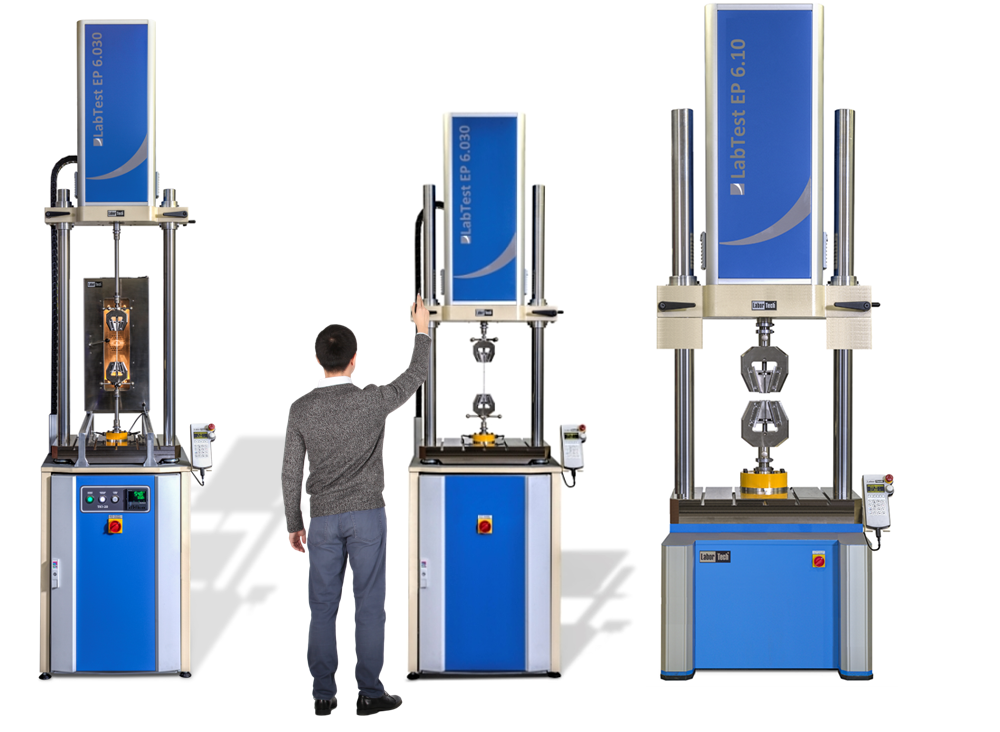
Standardní zkušební metoda pro plasty: Dynamické mechanické vlastnosti: V tlaku. Více informací…
| VÝBĚR STROJE |
ČSN EN ISO 604
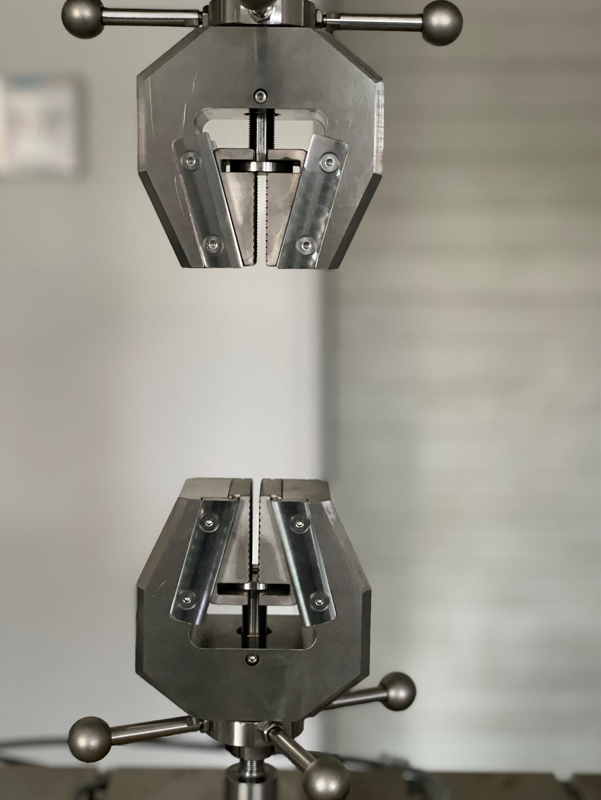
Plasty – Stanovení tlakových vlastností. Norma popisuje metody pro stanovení vlastností plastů ze zkoušky tlakem. Více informací…
| VÝBĚR STROJE |
ASTM D 5023

Standardní testovací metoda pro Plasty : dynamických mechanických vlastností : V ohybu ( tříbodový ohýbání ). Více informací…
| VÝBĚR STROJE |
ASTM D 2143:2021

Zkoušení cyklické pevnosti v tlaku trubek z vyztuženého tvrditelného plastu. Více informací…
| VÝBĚR STROJE |
ČSN EN ISO 6721-4,5,6

Plasty – Stanovení dynamických mechanických vlastností – Část 2: Metoda torzního kyvadla. Více informací…
| VÝBĚR STROJE |
DIN 53442
ASTM D 5026
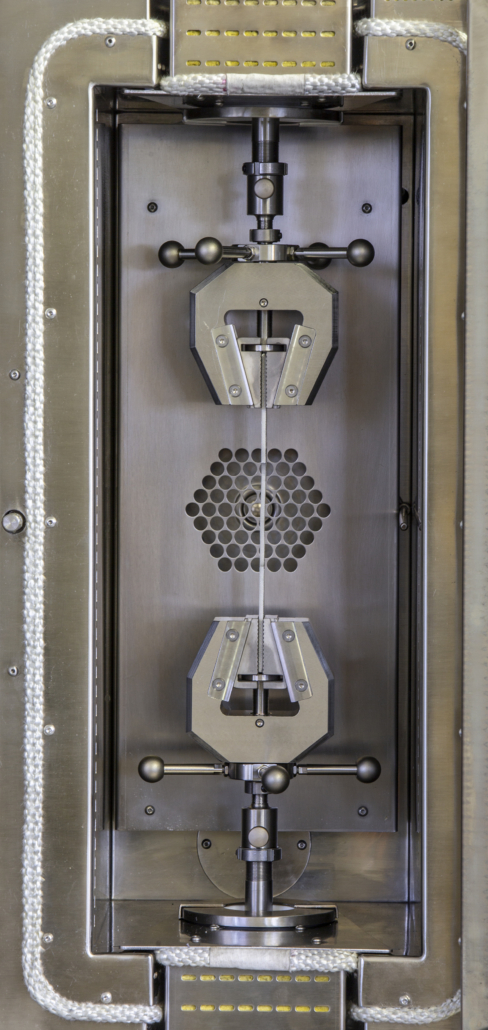
Standardní testovací metoda pro Plasty : dynamických mechanických vlastností : v tahu. Více informací…
| VÝBĚR STROJE |
Recommended testing machines designed for cyclic fatigue testing of plastics
We will be happy to advise you on the right choice of machine…
IMPACT TESTS OF PLASTICS
The impact test is one of the key mechanical tests that provide important information about the resistance and ability of plastic materials to absorb energy during a very short period of time – an impact. This method is especially critical in manufacturing, where plastic materials are commonly used in a wide variety of applications, from automobiles to consumer goods.The main aspects of the impact test: Energy Absorption: It is determined how much energy is absorbed by the sample during the impact test. Higher energy absorption indicates a better ability of the plastic to withstand impacts. Fracture Characteristic: It is investigated whether fracture or deformation of the sample occurred during the impact. This provides information about the strength and elasticity of the material. Impact Velocity: Tests can be performed at different impact velocities, allowing the behavior of the plastic to be assessed under different conditions.
Impact testing on plastic samples is a key tool for engineers and manufacturers who want to ensure that plastic materials meet the highest standards of quality and safety in their products.
APPLICABLE STANDARDS FOR IMPACT TESTING OF PLASTICS
By choosing the right test standard, you indicate the right direction of testing…
ČSN EN ISO 179-1
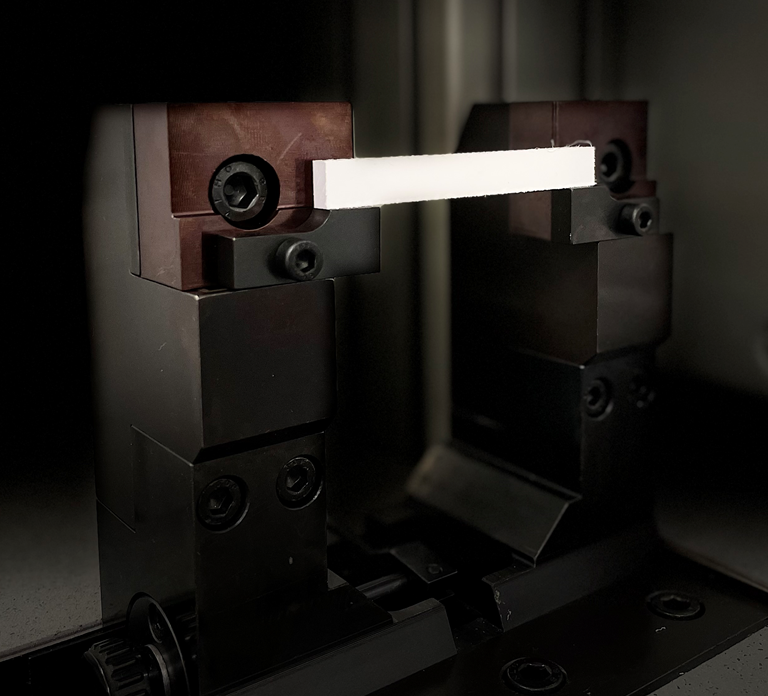
Plasty – Stanovení rázové houževnatosti metodou Charpy – Část 1: Neinstrumentovaná rázová zkouška. Více informací…
| VÝBĚR STROJE |
ASTM D6110

Standardní zkušební metoda pro stanovení odolnosti proti nárazu podle Charpyho vrubovaných vzorků plastů Více informací…
| VÝBĚR STROJE |
ČSN EN ISO 6603-2
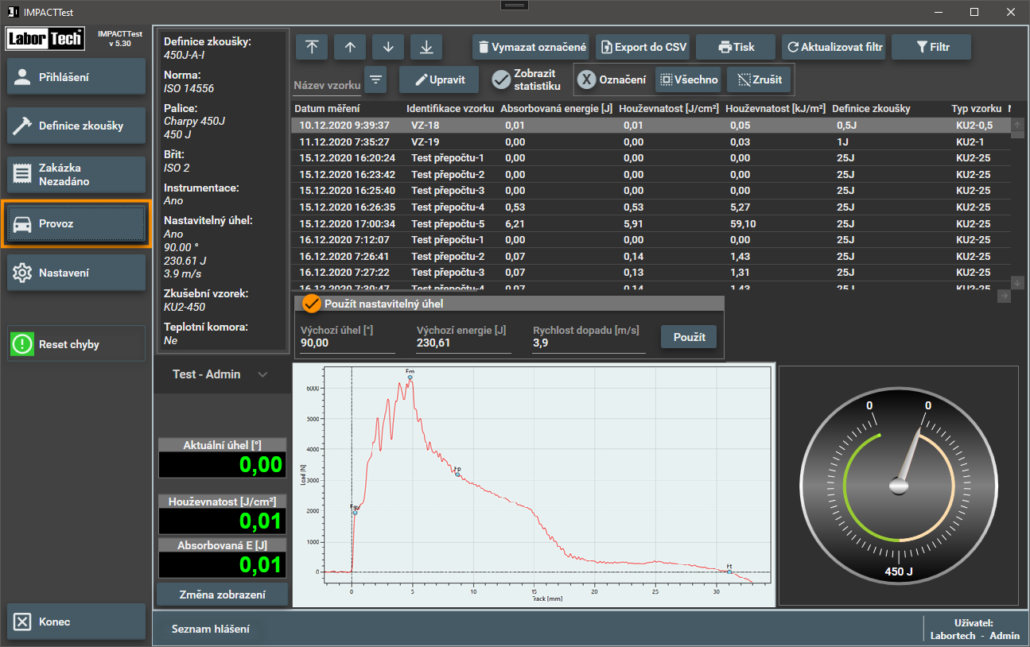
Plasty – Stanovení chování tuhých plastů při víceosém rázovém namáhání – Část 2: Instrumentovaná rázová zkouška. Více informací…
| VÝBĚR STROJE |
ASTM D256-23e1
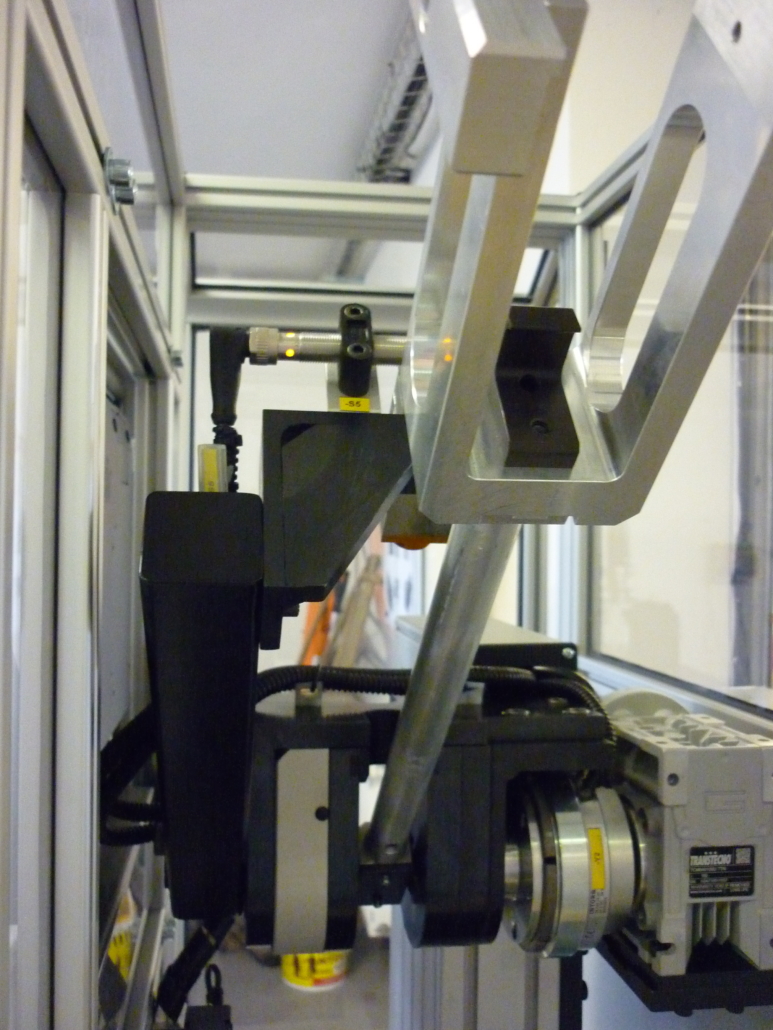
Standardní zkušební metody pro stanovení odolnosti plastů proti nárazu kyvadla Izod Více informací…
| VÝBĚR STROJE |
ČSN EN ISO 179-2

Plasty – Stanovení rázové houževnatosti Charpy – Část 2: Instrumentovaná rázová zkouška. Více informací…
| VÝBĚR STROJE |
ČSN EN ISO 3127
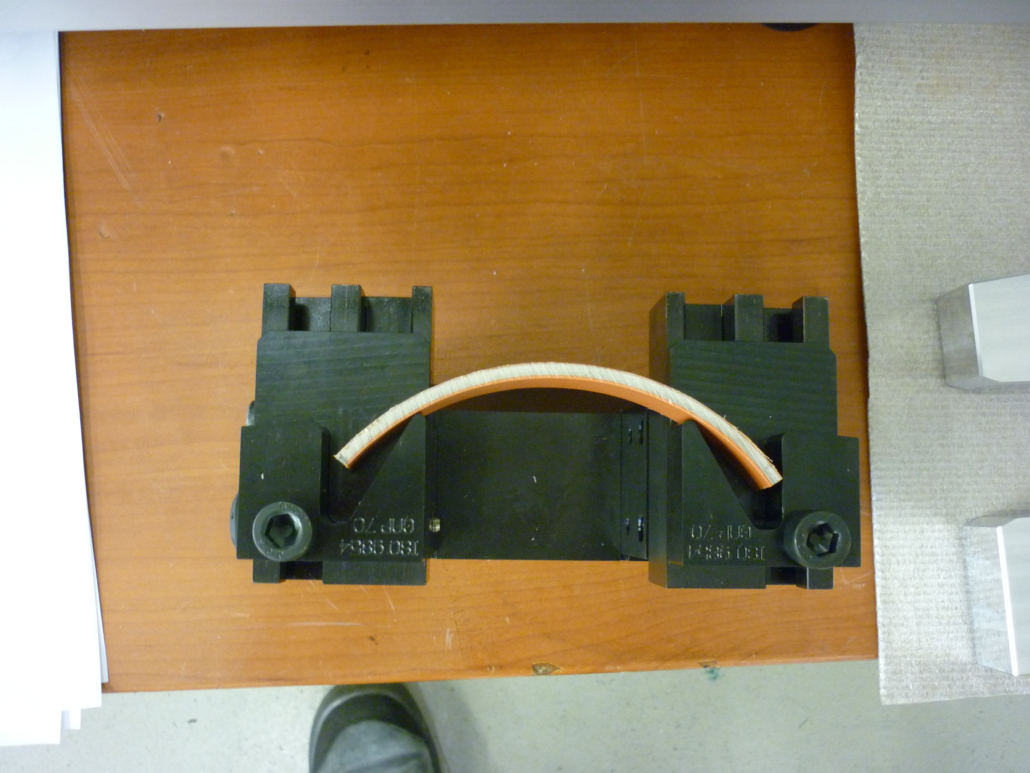
Trubky z termoplastů – Stanovení odolnosti proti vnějším nárazům metodou po obvodu. Více informací…
| VÝBĚR STROJE |
ASTM D3763-18
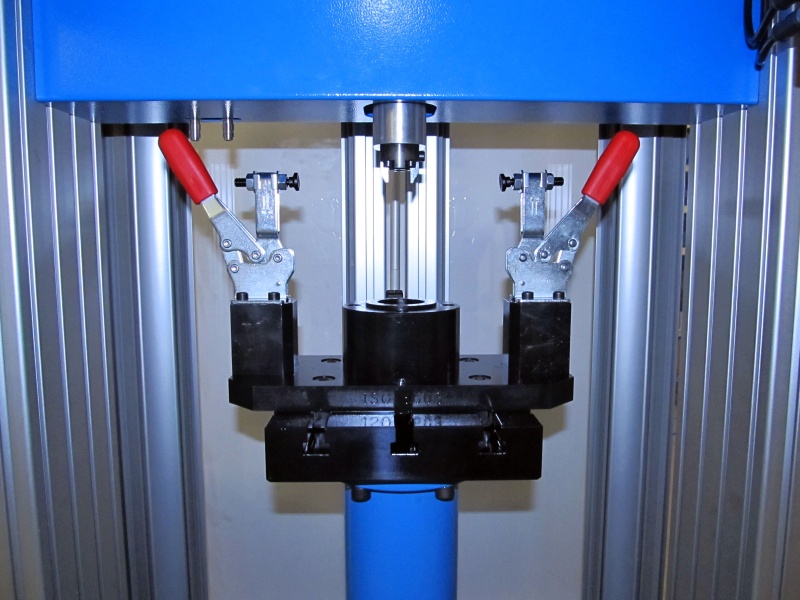
Standardní zkušební metoda pro vysokorychlostní děrovací vlastnosti plastů pomocí snímačů zatížení a posunu. Více informací…
| VÝBĚR STROJE |
ISO 7765-2:1994
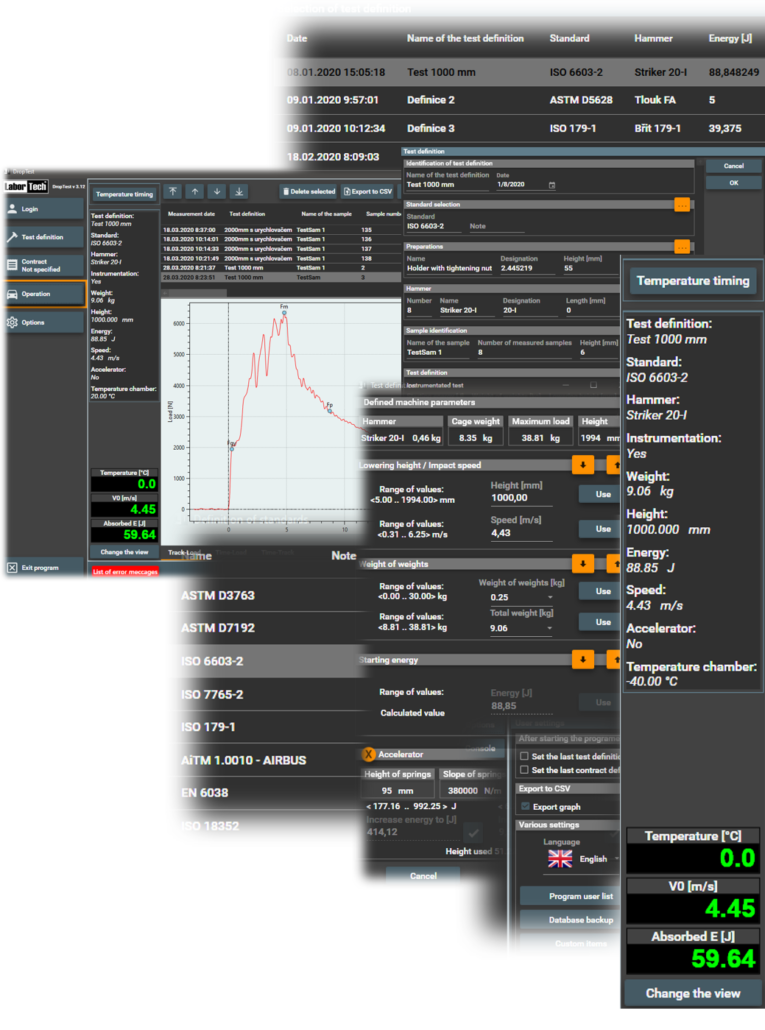
Plastové fólie a fólie – Stanovení odolnosti proti nárazu o volný pád metody oštěp – Část 2: Zkouška Instrumentovaný propíchnutí. Více informací …
| VÝBĚR STROJE |
ČSN EN ISO 180
ČSN EN ISO 11173

Trubky z termoplastů – Stanovení odolnosti proti vnějším nárazům – Stupňovitá metoda. Více informací…
| VÝBĚR STROJE |
ČSN EN 6038
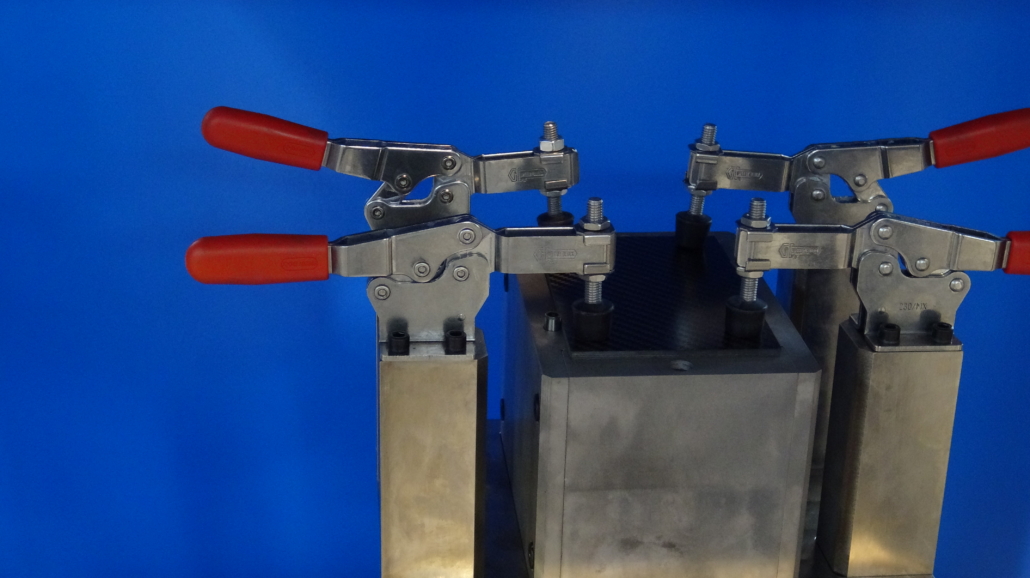
Letectví a kosmonautika – Plasty vyztužené vlákny – Zkušební metoda – Stanovení pevnosti v tlaku po nárazu. Více informací …
| VÝBĚR STROJE |
ASTM D7192
Standardní zkušební metoda pro vysokorychlostní propichovací vlastnosti plastových fólií pomocí snímačů zatížení a posunu. Více informací...
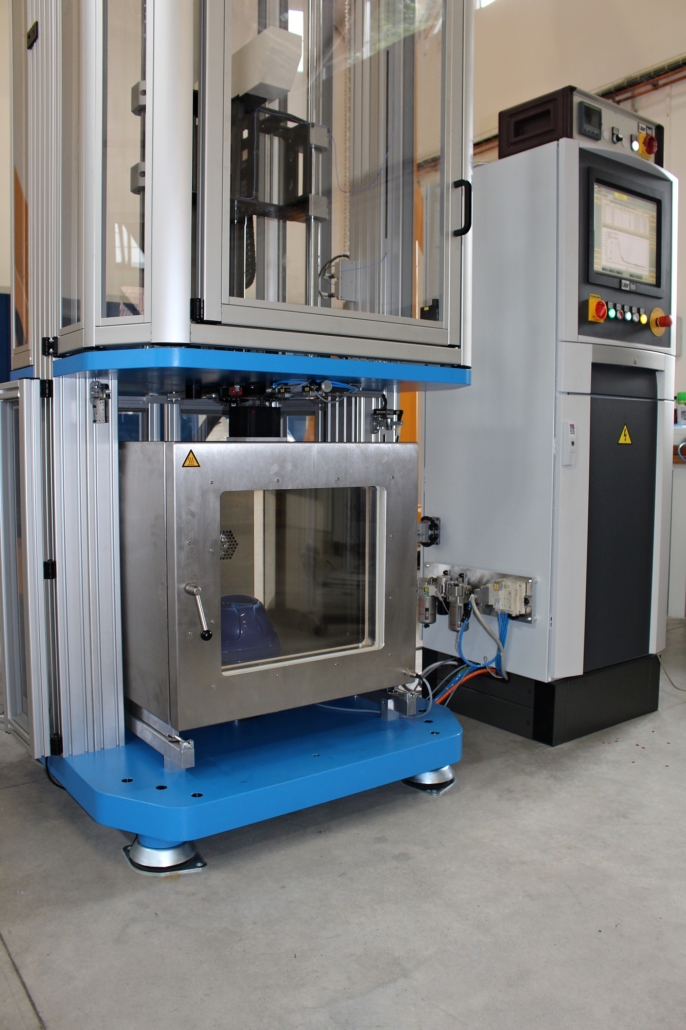
Standardní zkušební metoda pro vysokorychlostní propichovací vlastnosti plastových fólií pomocí snímačů zatížení a posunu. Více informací...
| VÝBĚR STROJE |
ČSN EN ISO 8256
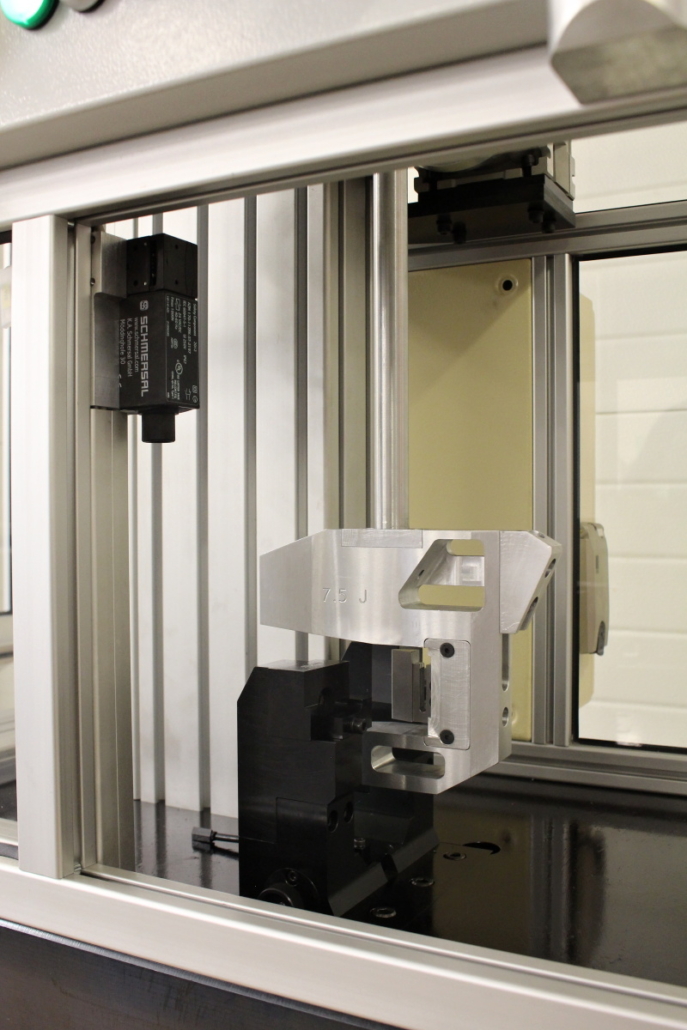
Plasty – Stanovení rázové houževnatosti v tahu. Norma definuje 2 metody pro stanovení rázové (vrubové) houževnatosti v tahu plastů. Více informací…
| VÝBĚR STROJE |
ASTM D2444-21
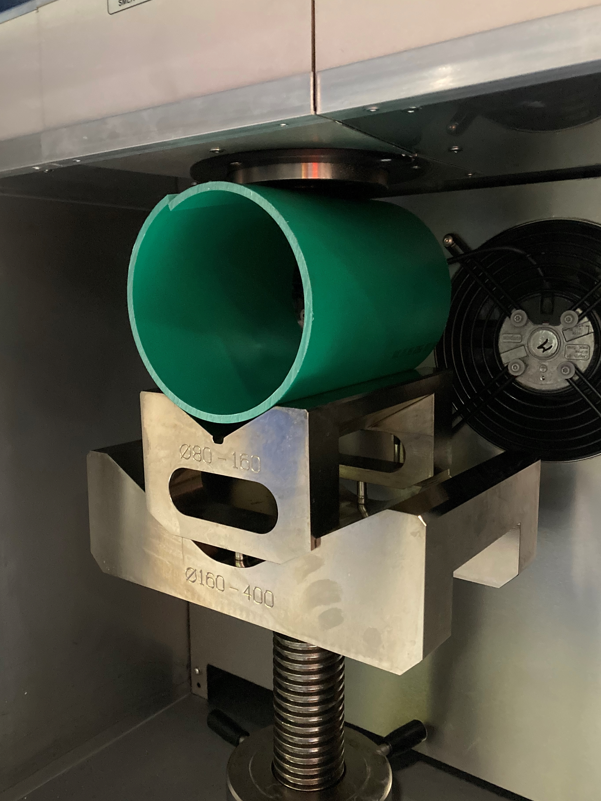
ASTM D2444 pokrývá proces používaný ke stanovení odolnosti termoplastických trubek a tvarovek proti nárazu (pádu) za definovaných podmínek. Více informací…
| VÝBĚR STROJE |
ASTM D7136
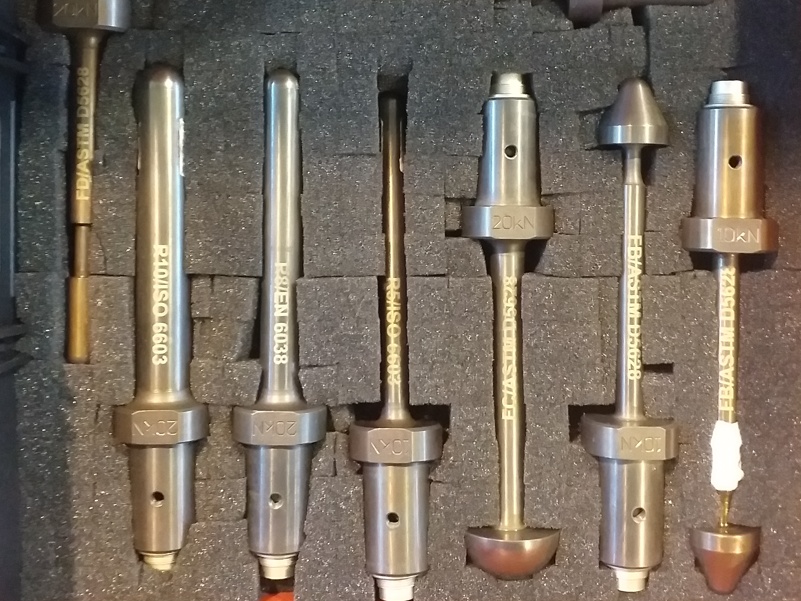
Standardní zkušební metoda pro měření odolnosti kompozitu polymerové matrice vyztuženého vlákny proti nárazu způsobenému pádem. Více informací…
| VÝBĚR STROJE |
ASTM D5628

Standardní zkušební metoda pro odolnost plochých, tuhých plastových vzorků proti nárazu pomocí padající šipky (natahování nebo padající hmoty). Více informací…
| VÝBĚR STROJE |
Recommended testing machines designed for impact testing of plastics
We will be happy to advise you on the right choice of machine…
TESTS OF PLASTICS BY CREEPY
Plastic creep tests, also known as CREEP tests, represent a key process for assessing the behavior of plastic materials under long-term constant loading. This is an irreversible change in the shape of the material that occurs as a result of viscous deformation and can have a significant effect on the performance and reliability of plastic components. How do plastic creep tests work? Plastics creep tests simulate the conditions that plastic materials experience in real life where they are exposed to long-term mechanical loads. During the test, a constant load is applied to the material at a certain temperature and pressure for a certain time. During this stage, the plastic is deformed by a viscous mechanism, meaning that the material slowly deforms and changes its shape over time. Importance of plastic creep tests. Plastic creep tests are essential to assess the long-term stability and reliability of plastic materials in applications where minimizing deformation and maintaining structural integrity is key. These tests allow engineers and manufacturers to predict how plastic components will behave over time under certain loads and what their lifespan might be. Application of plastic creep tests. Plastic creep testing is used in a wide range of industries, including automotive, aerospace, electrical, healthcare and more. They are key in the development and testing of new materials for the construction of parts that are exposed to long-term loads, such as gaskets, insulation materials, food packaging and more.
APPLICABLE STANDARDS FOR CREEP TESTS OF PLASTICS
The correct choice of standard is essential to ensure consistent and reliable results…
ČSN EN ISO 899-1
ČSN EN ISO 9967
ČSN EN ISO 899-2
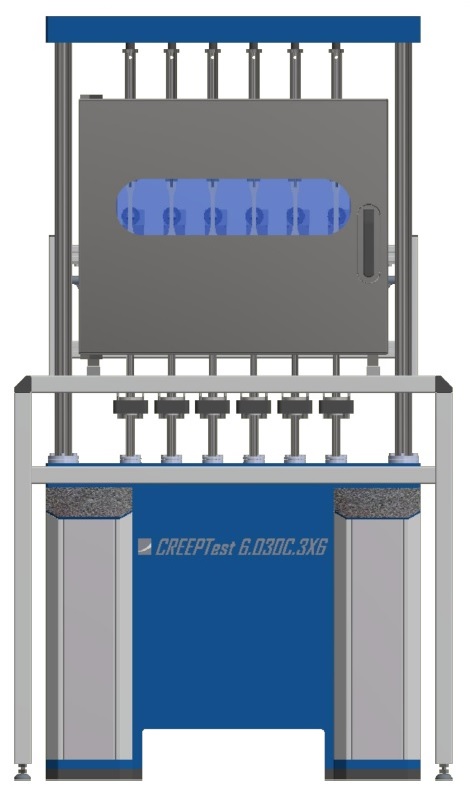
Plasty – Stanovení krípového chování – Část 2: Kríp v ohybu při tříbodovém zatížení. . Více informací..
| VÝBĚR STROJE |
ASTM D2990-95
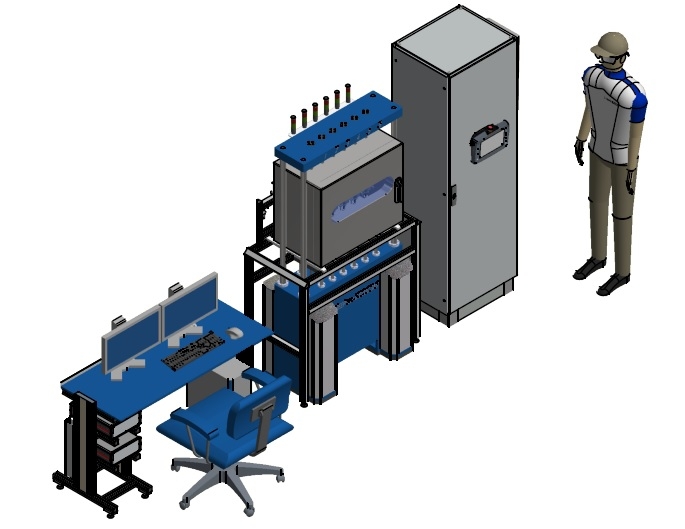
Standardní zkušební metody pro tečení v tahu, tlaku a ohybu a tečení plastů. Více informací..
| VÝBĚR STROJE |
ASTM E2760-19

Standardní zkušební metoda pro testování růstu trhlin při tečení a únavě. Více informací..
| VÝBĚR STROJE |
Recommended testing machines designed for creep testing of plastics
We will be happy to advise you on the right choice of machine…
Contact
LABORTECH s.r.o. , Rolnická 1534/130a, 747 05 Opava, Czech Republic
Research & Development
Reducing energy intensity We increase your productivity Development and implementation
News & Events









